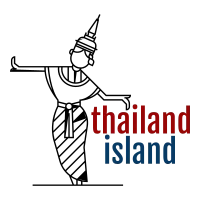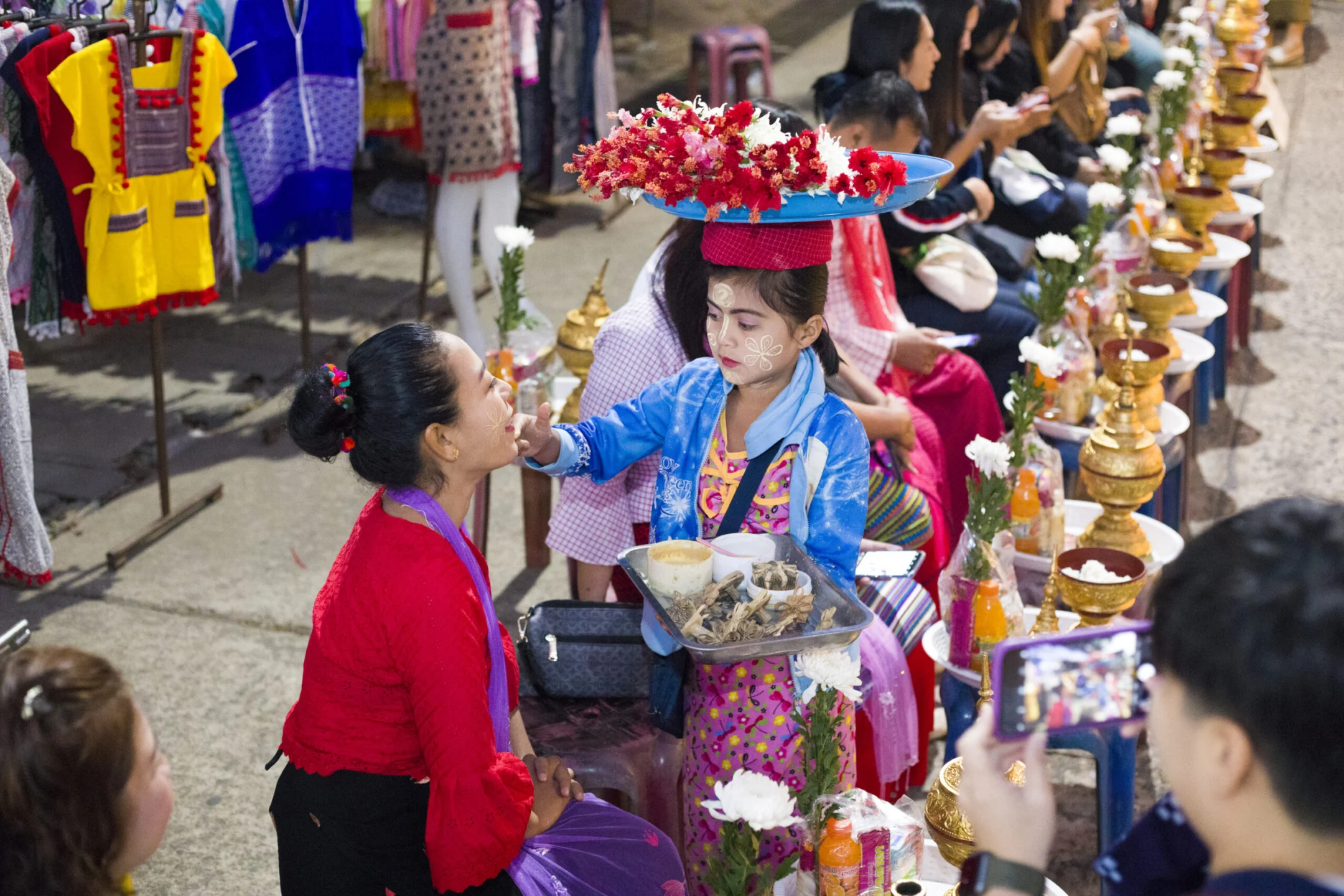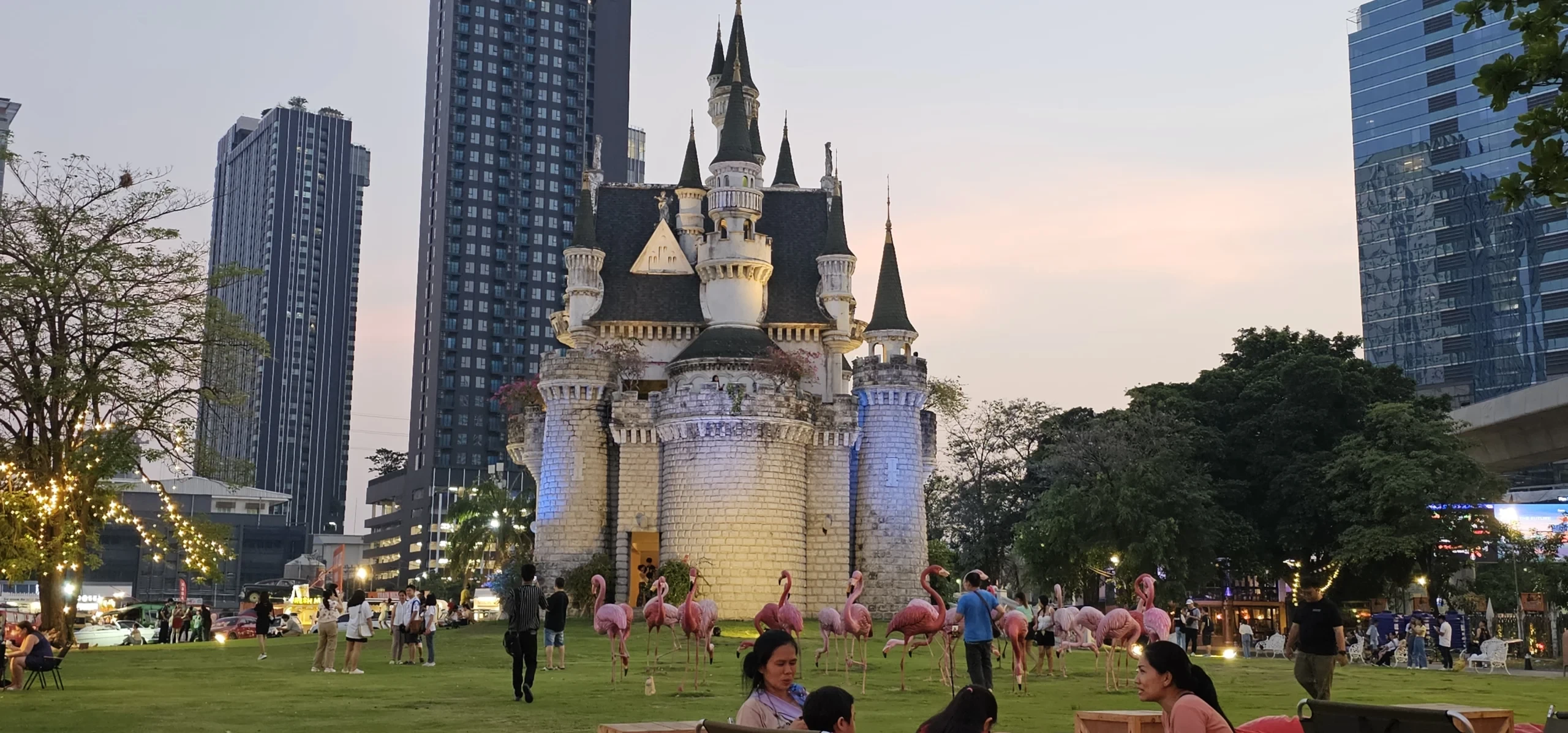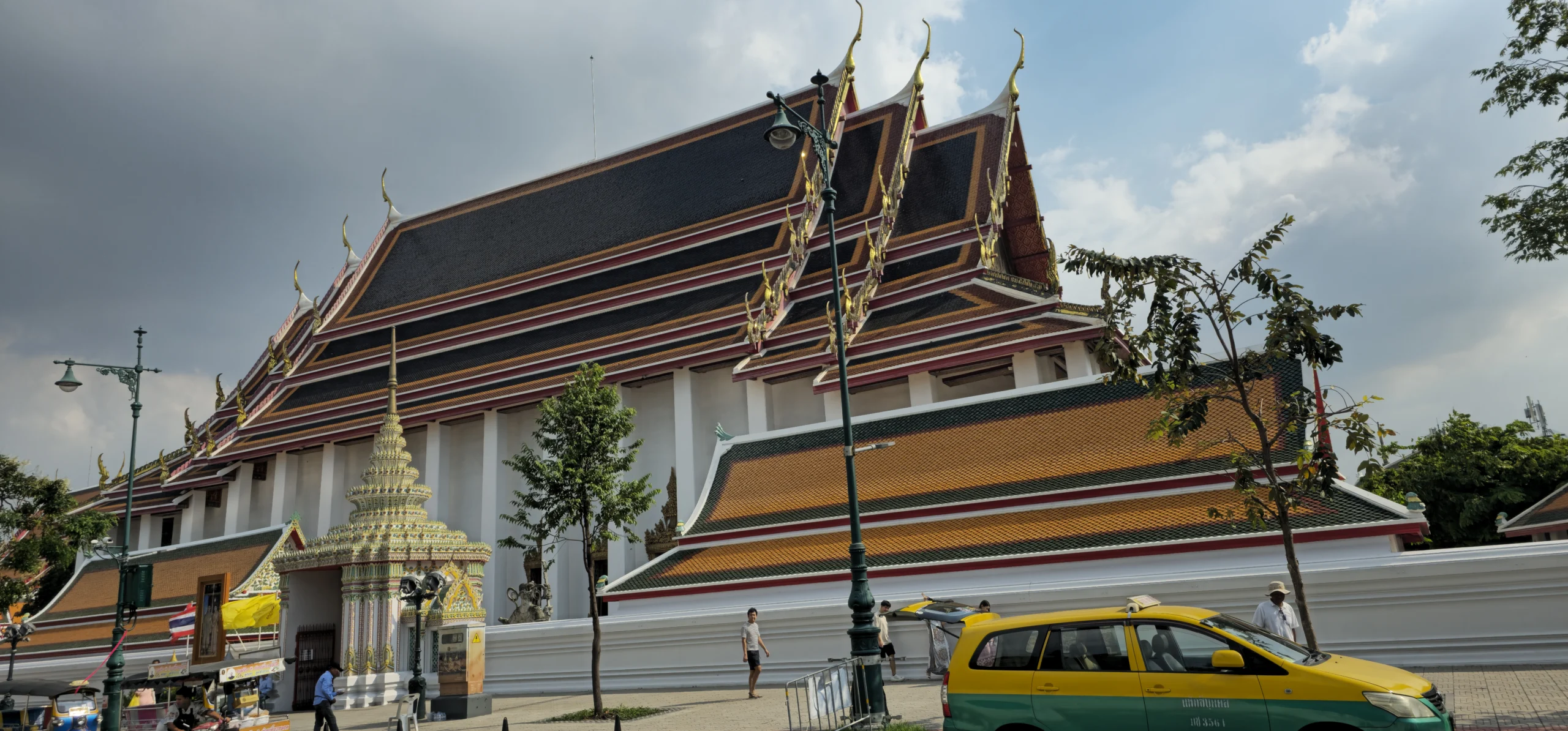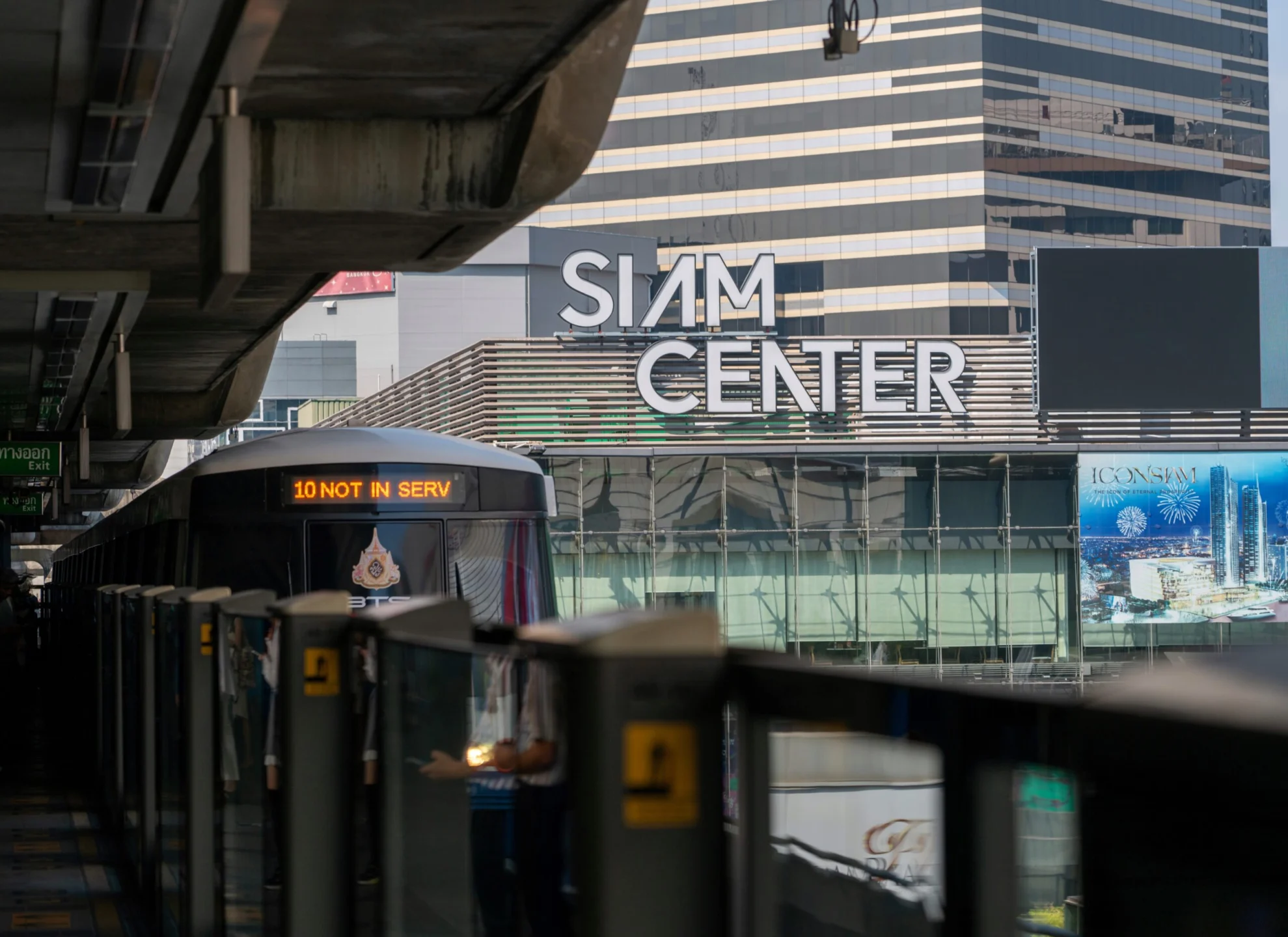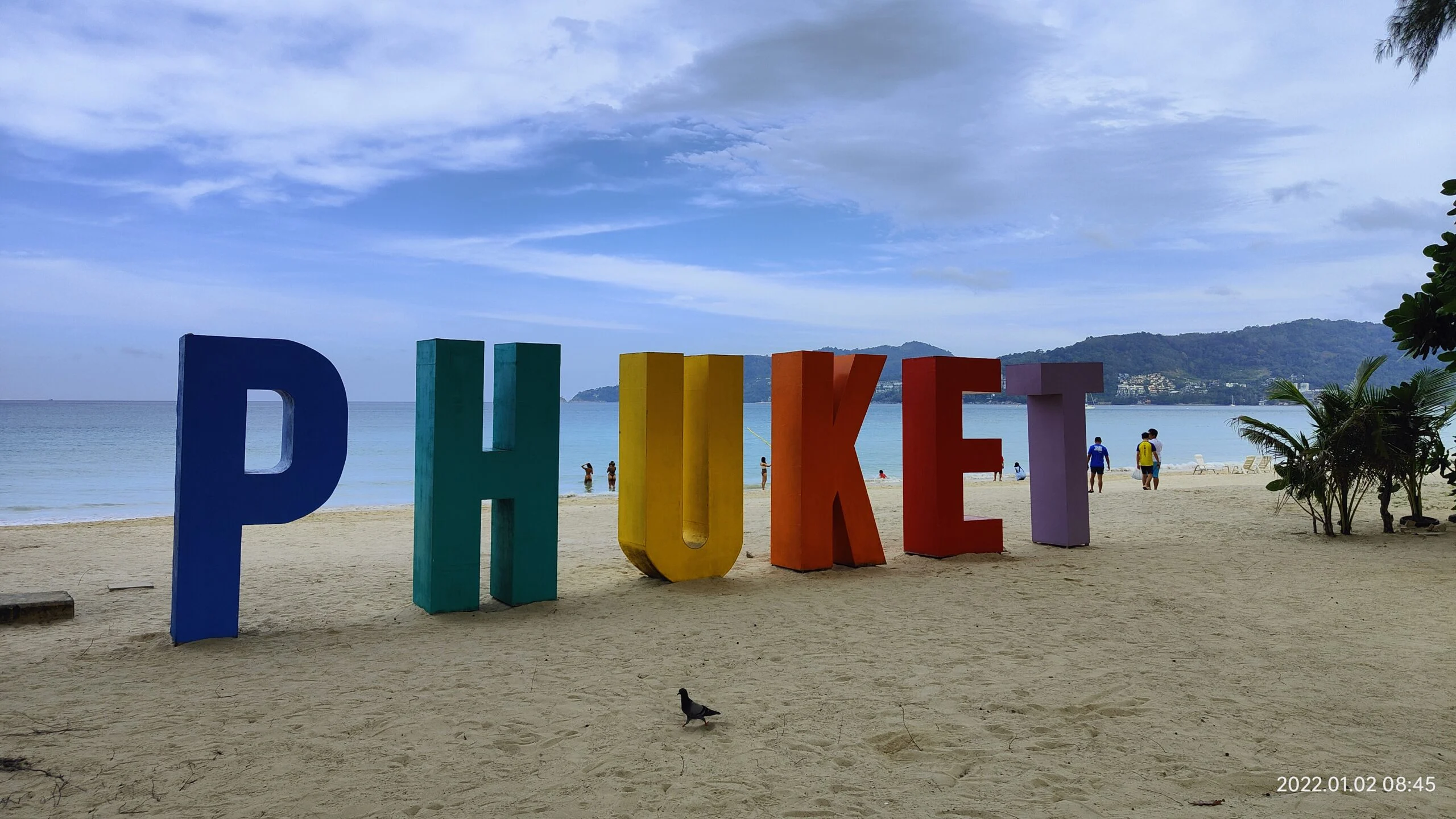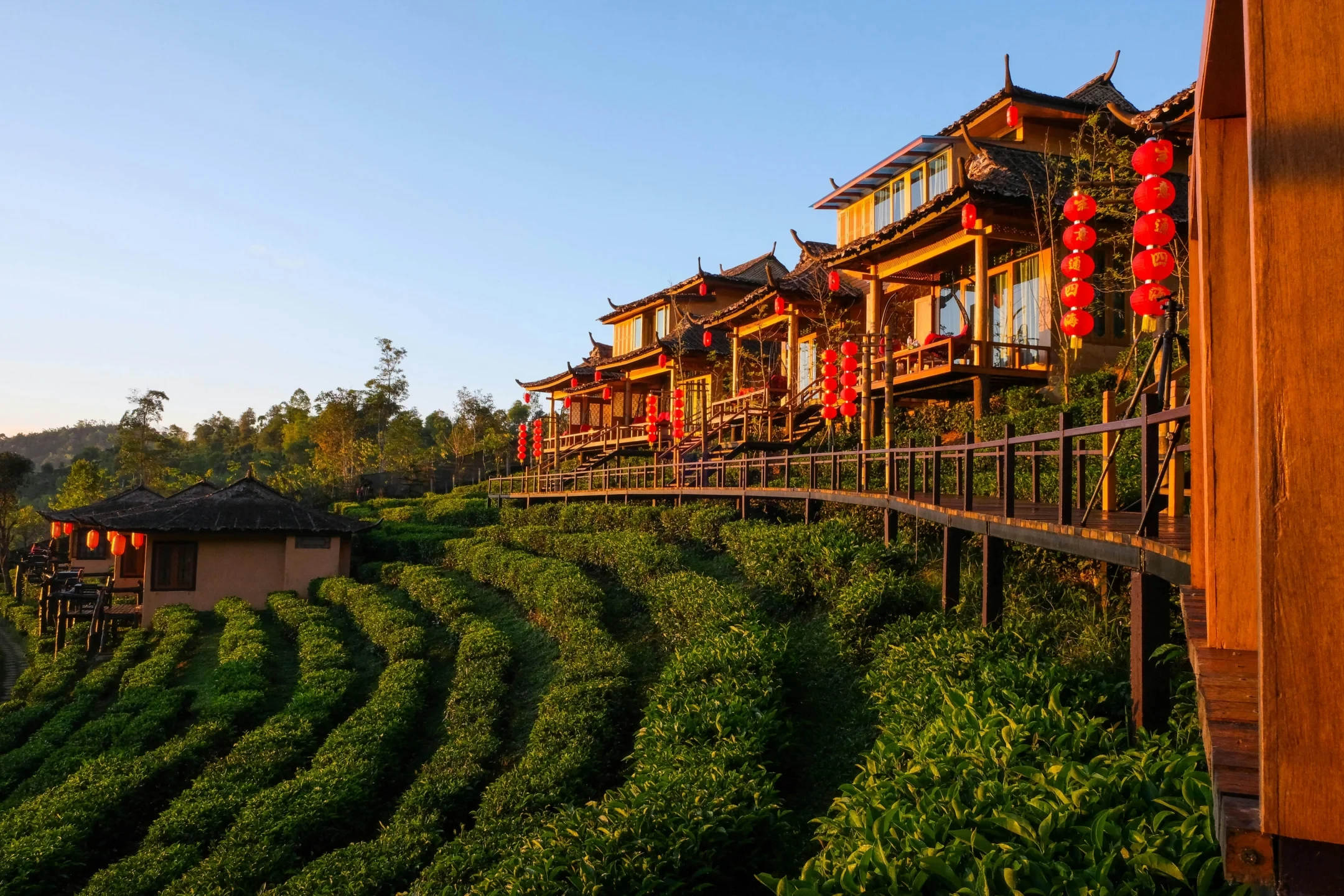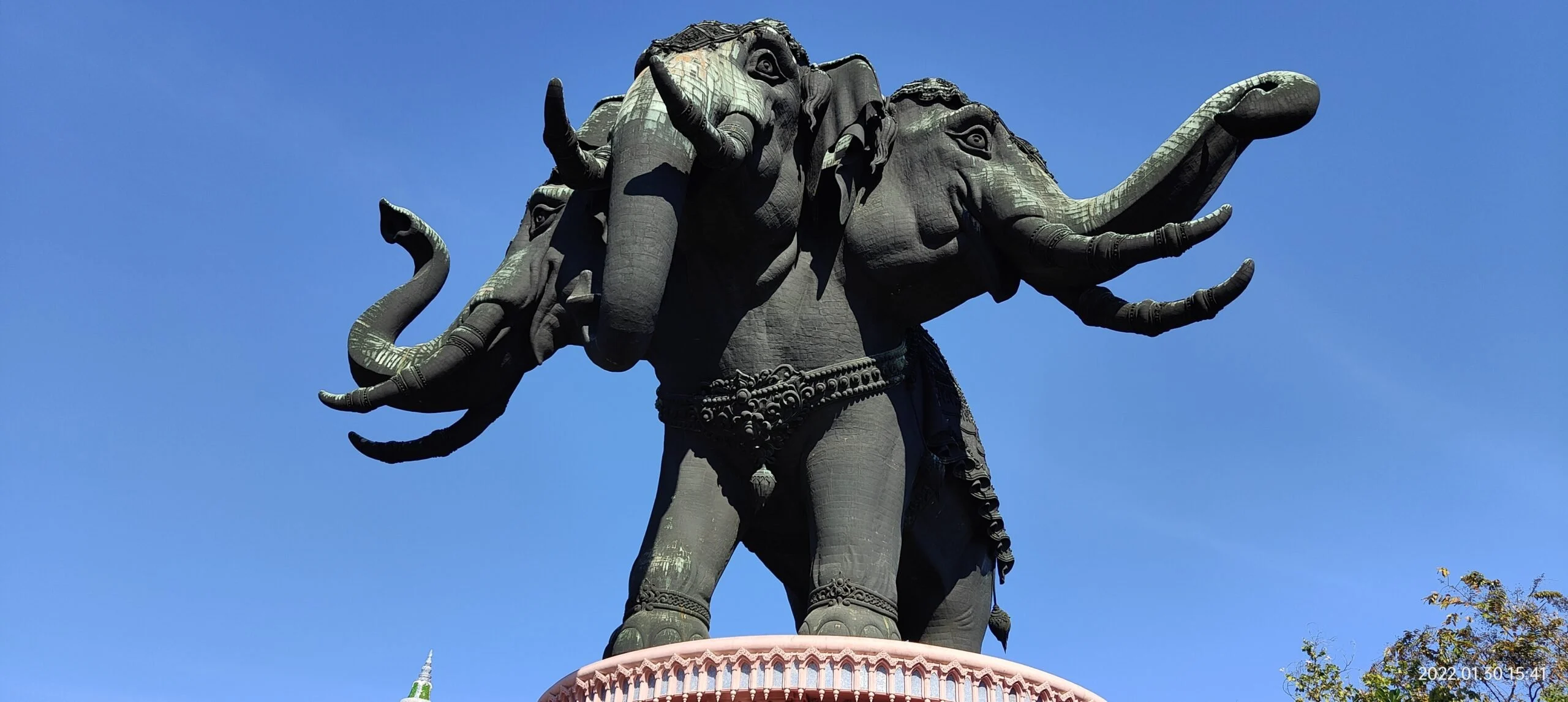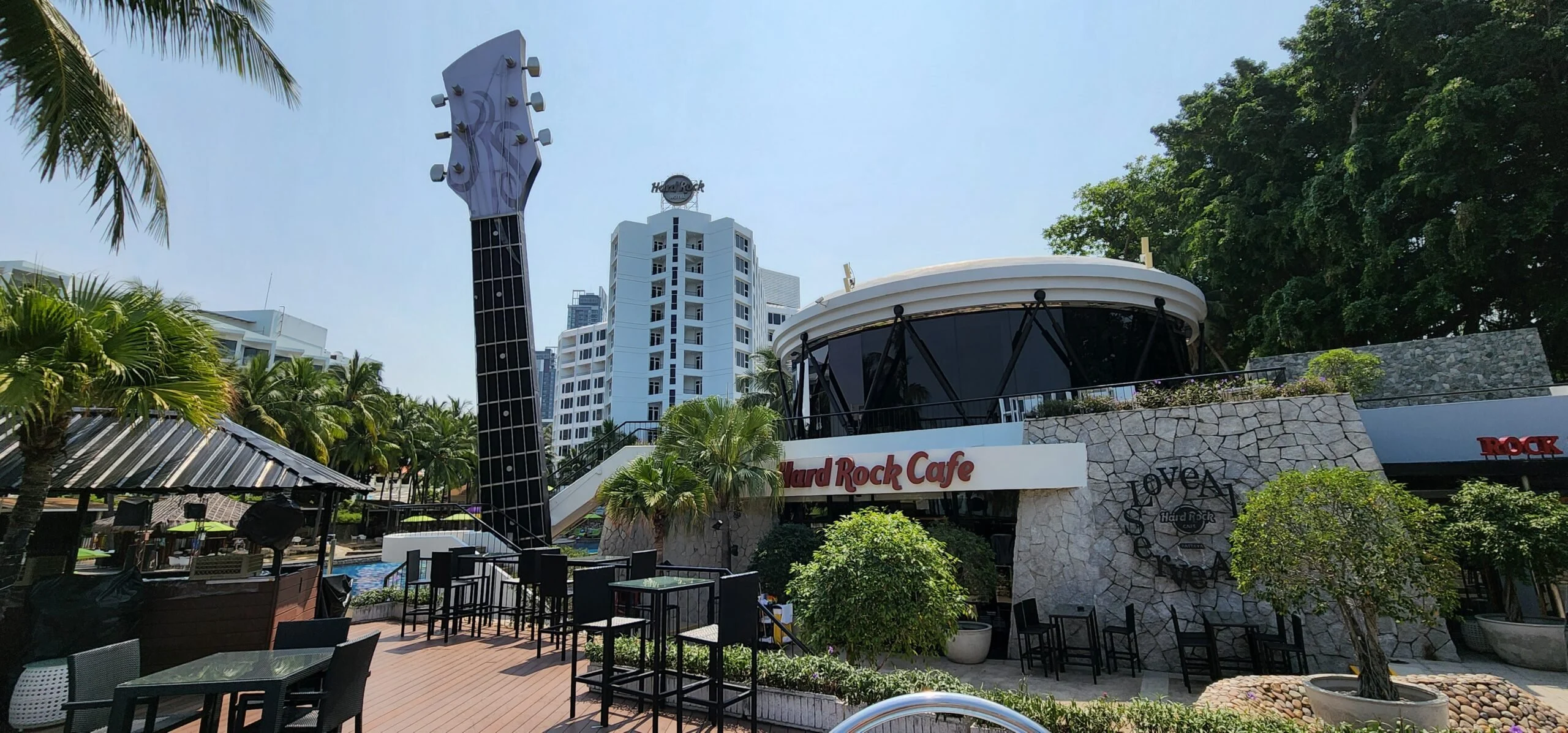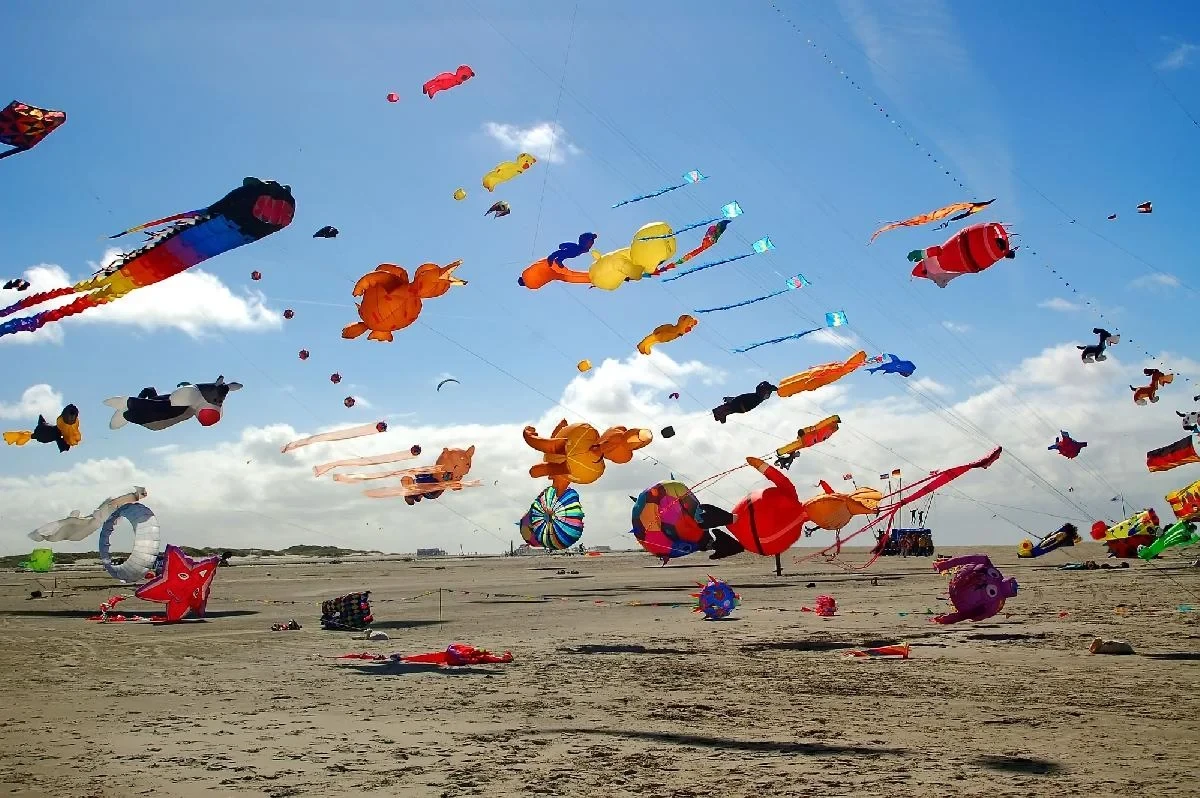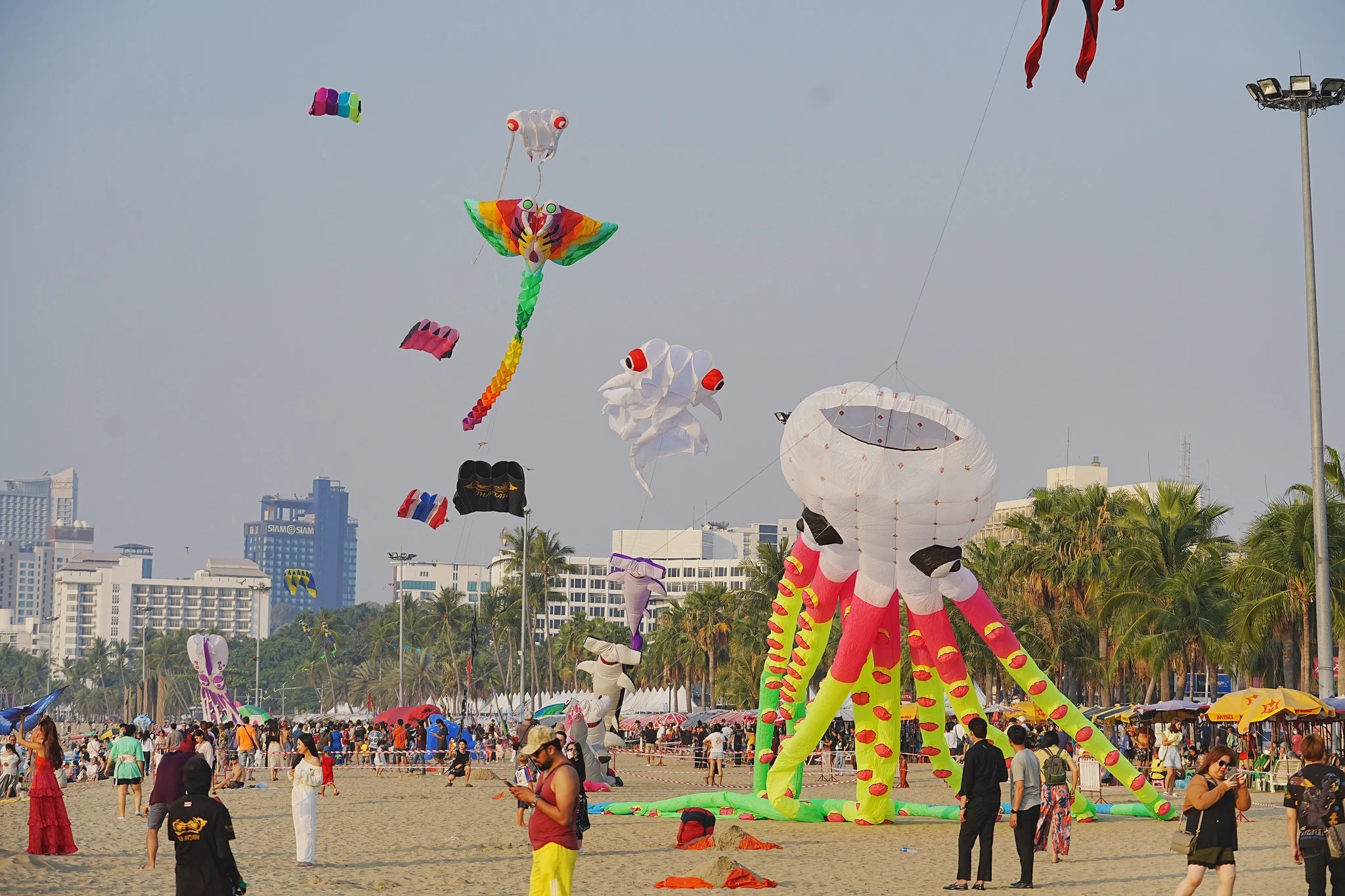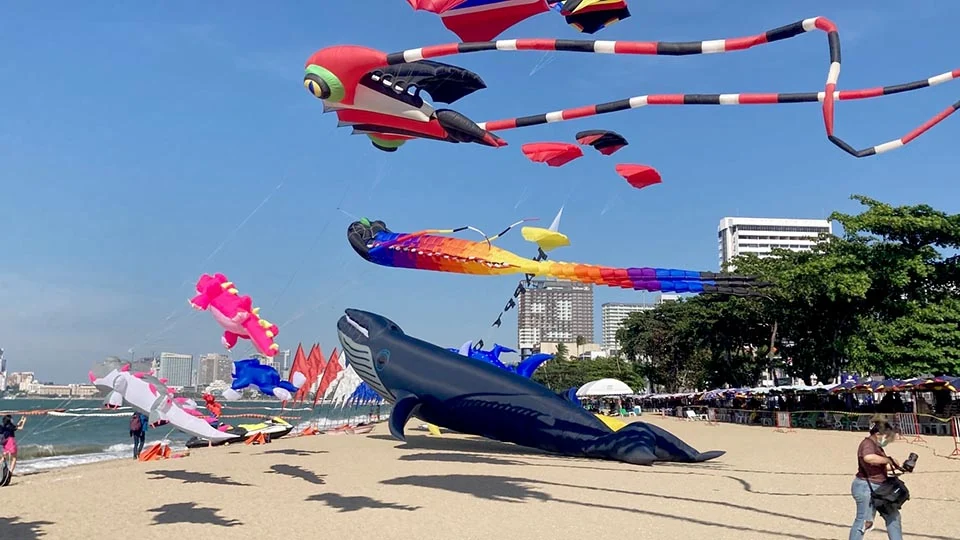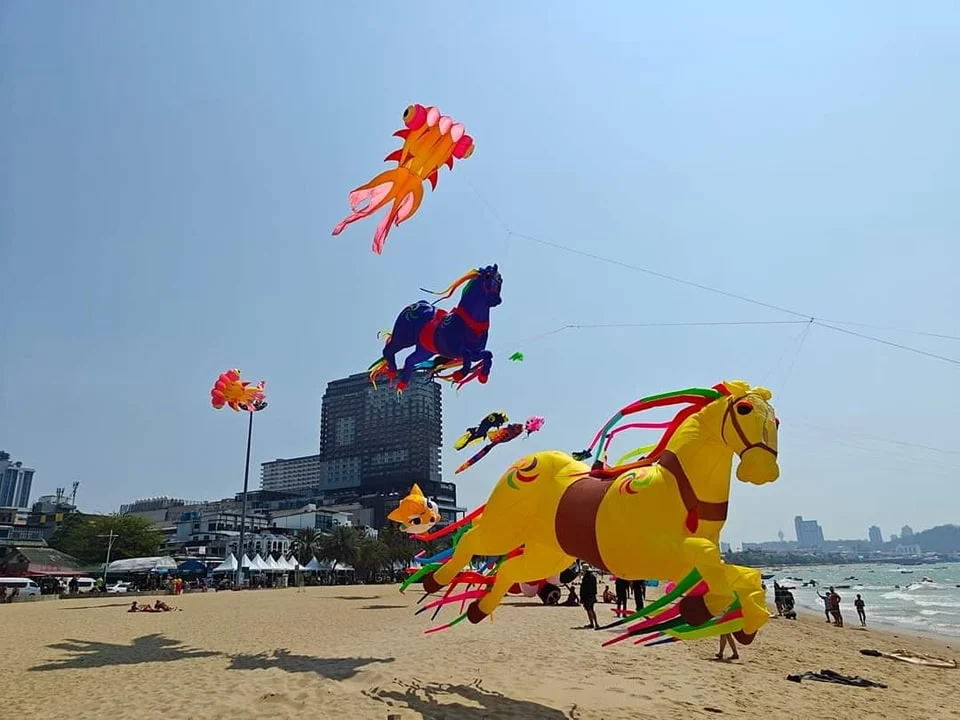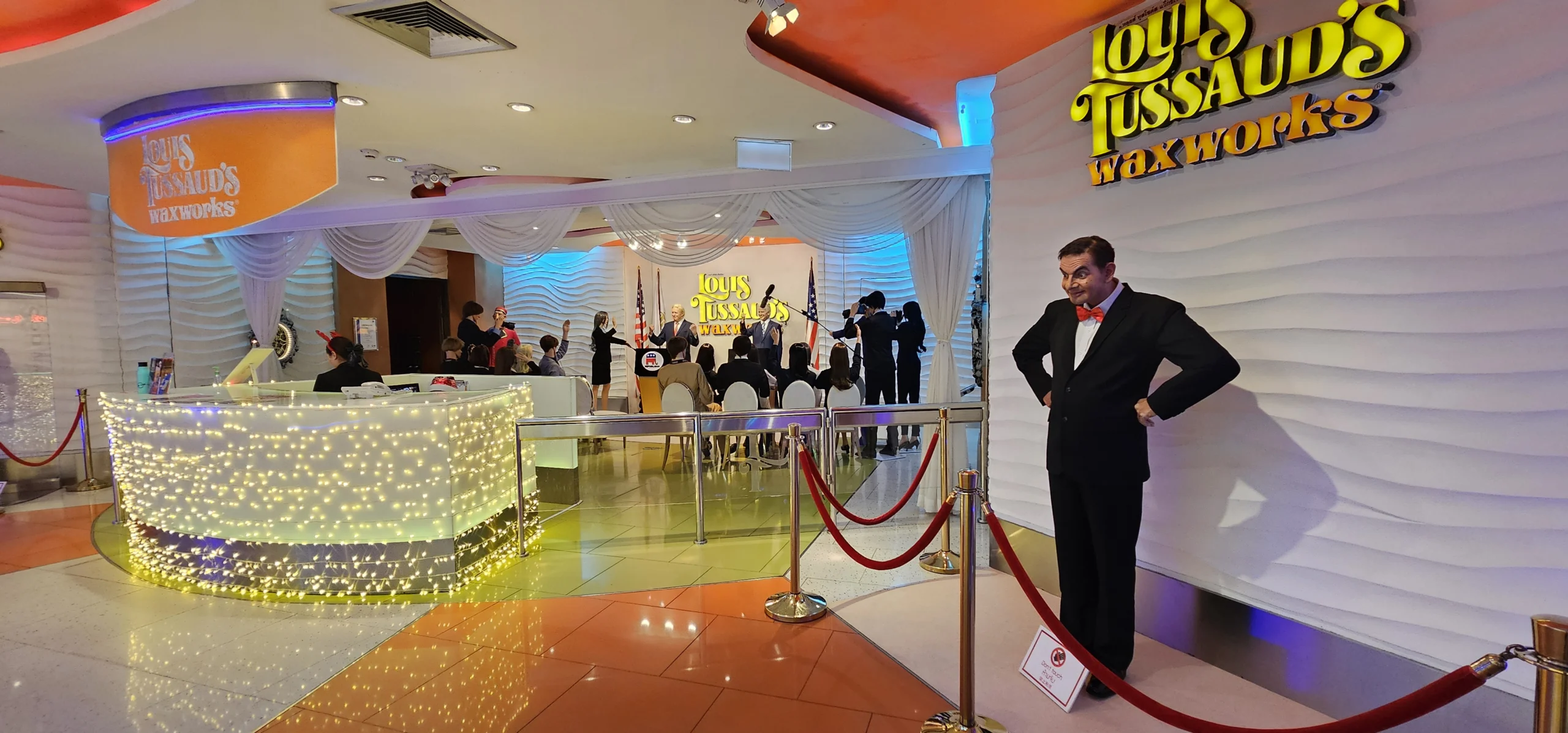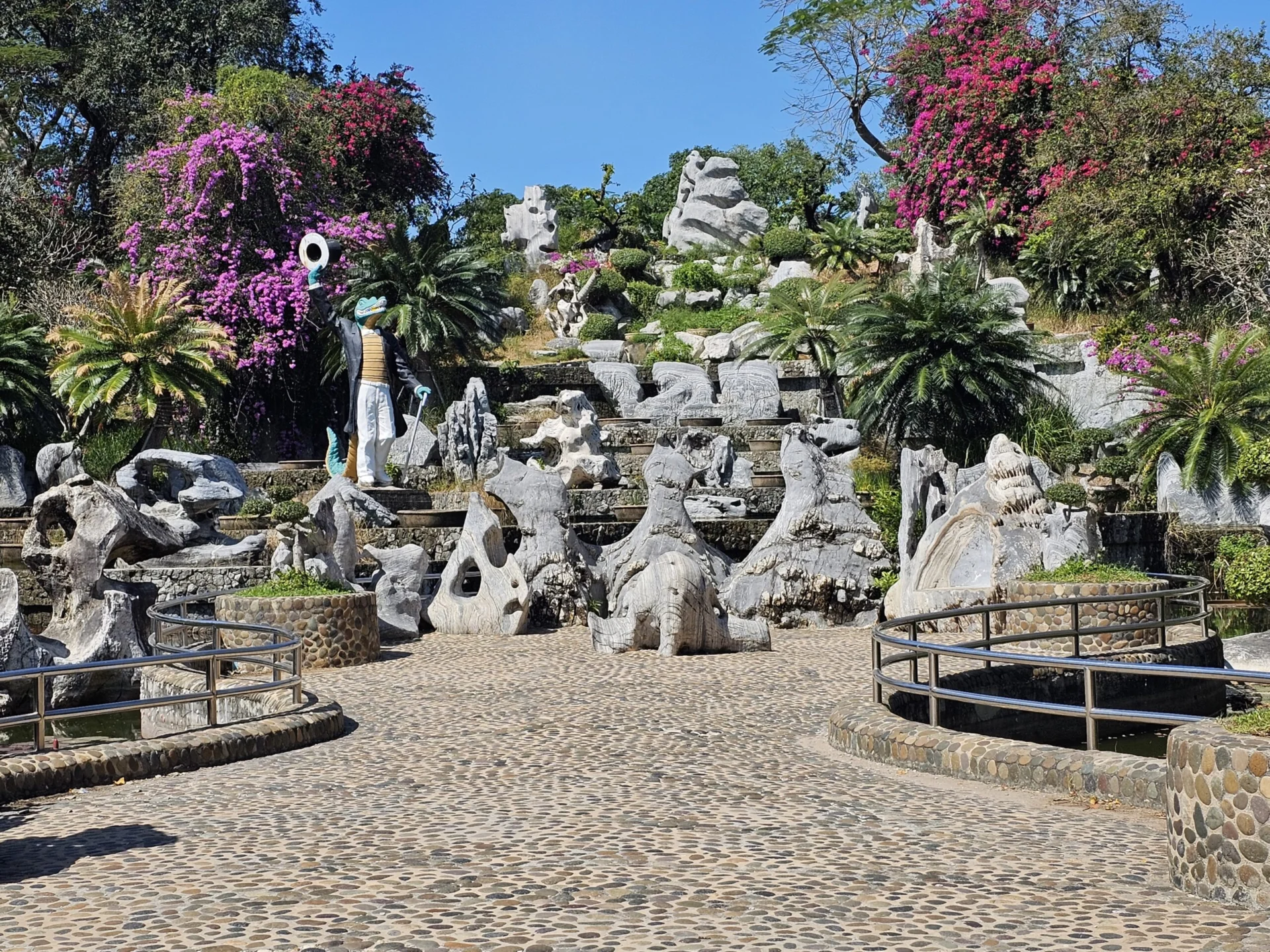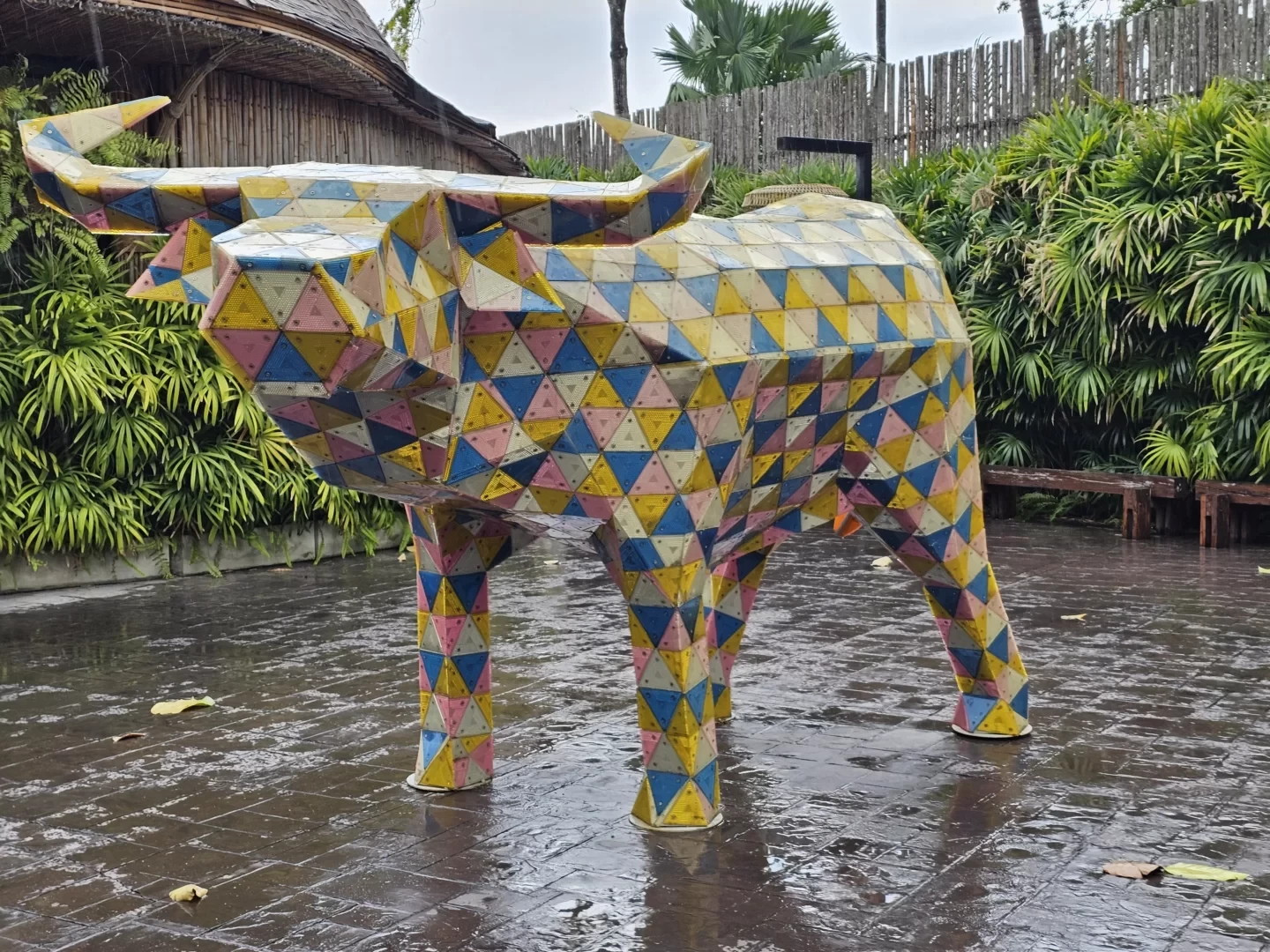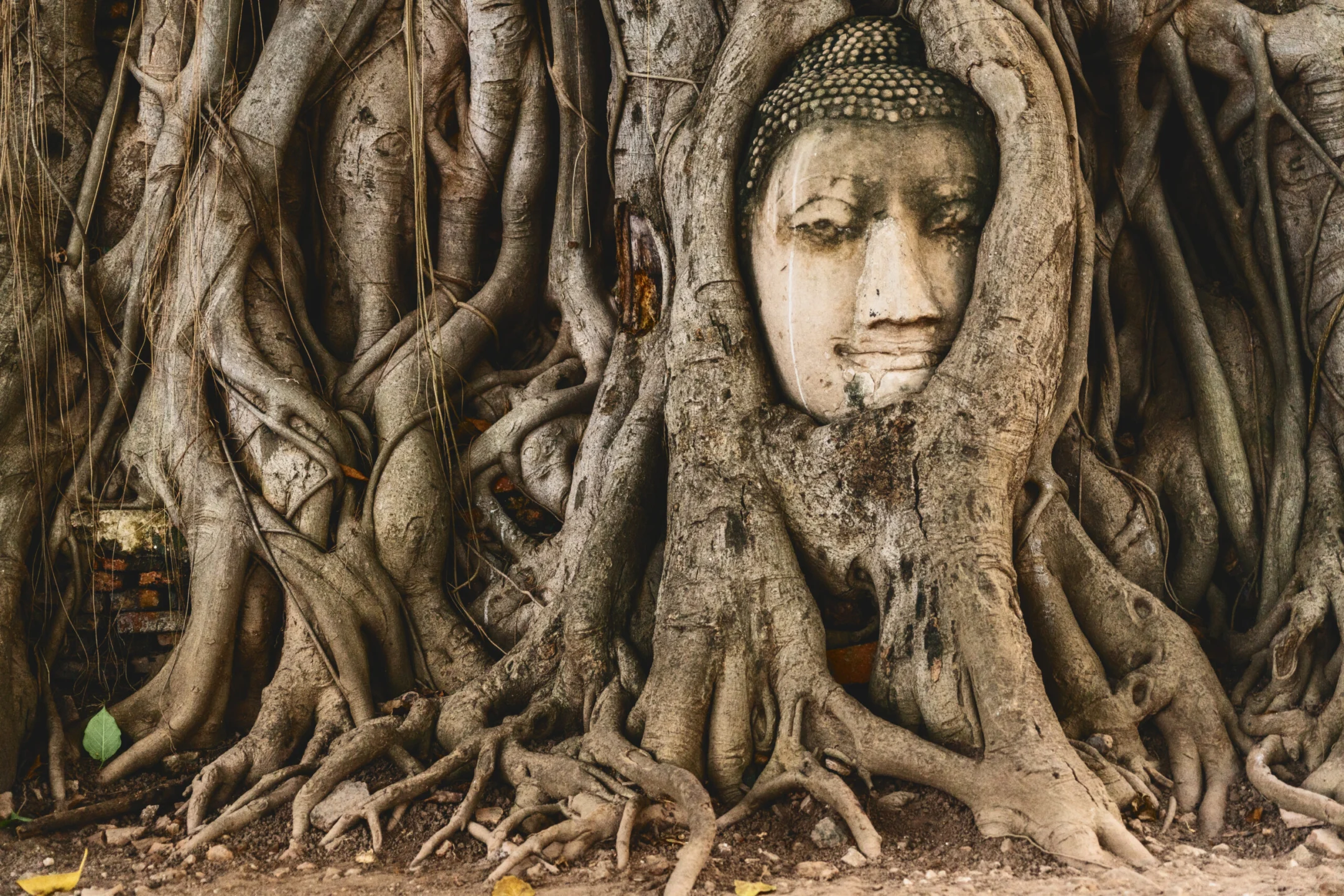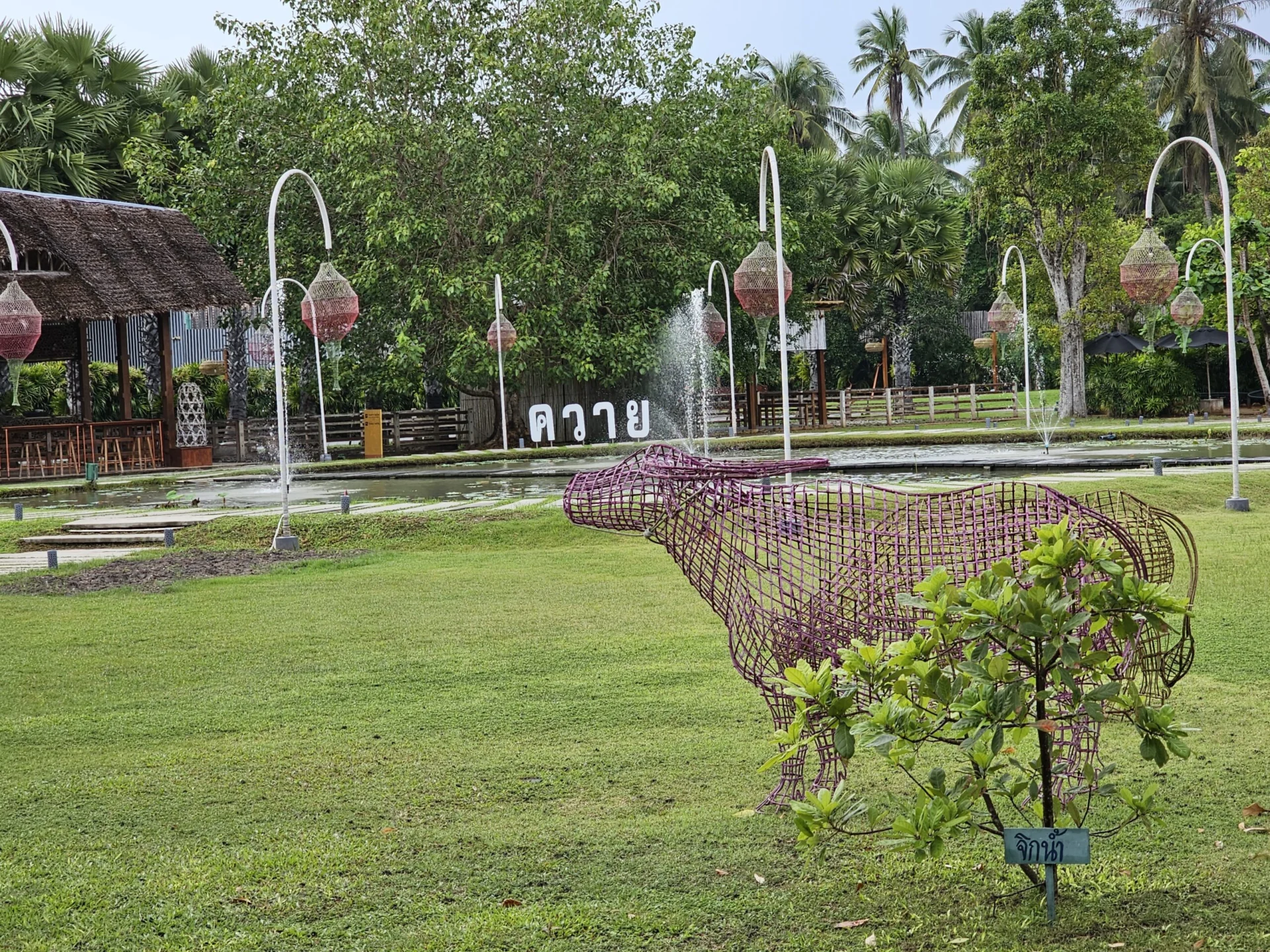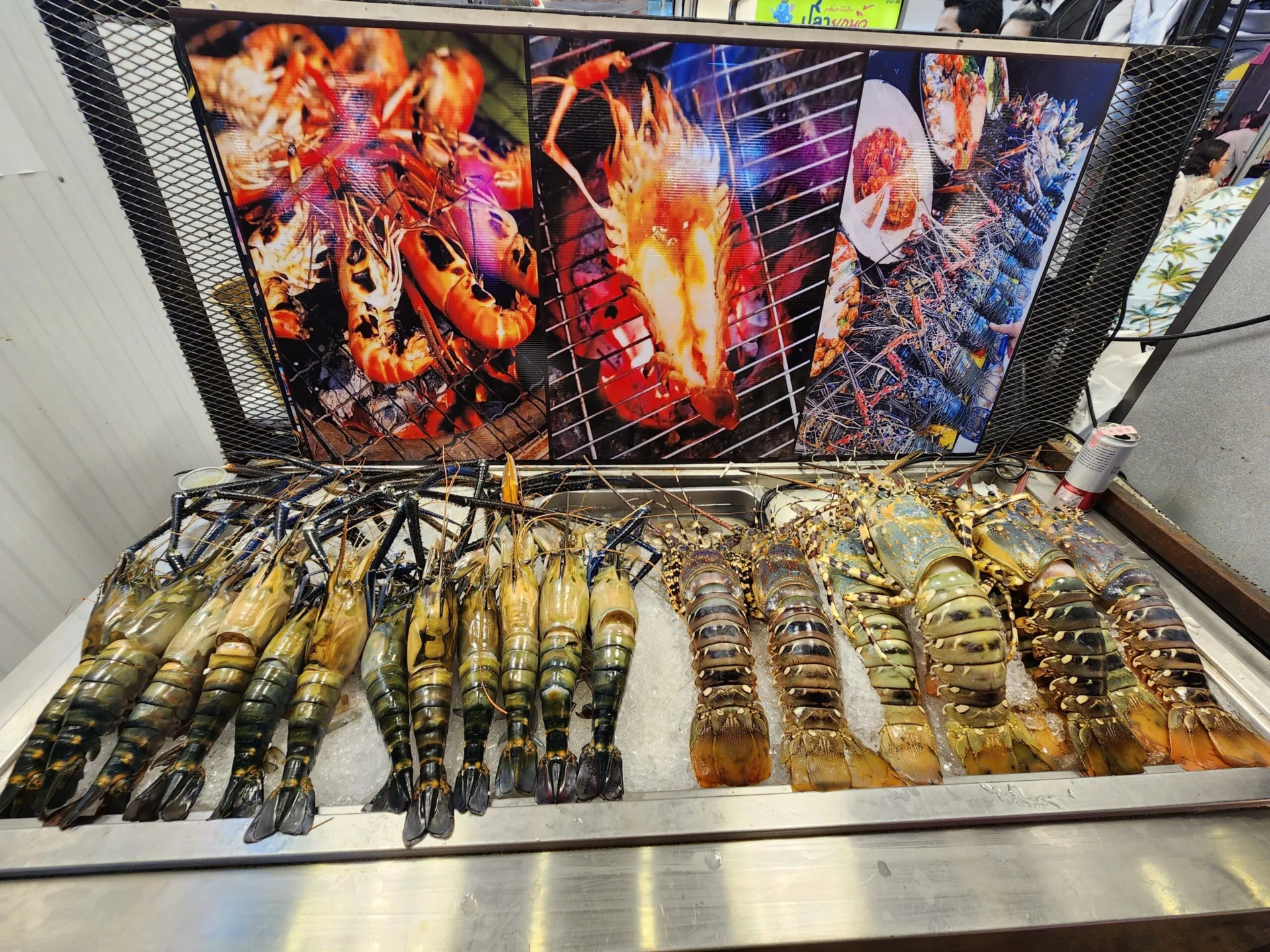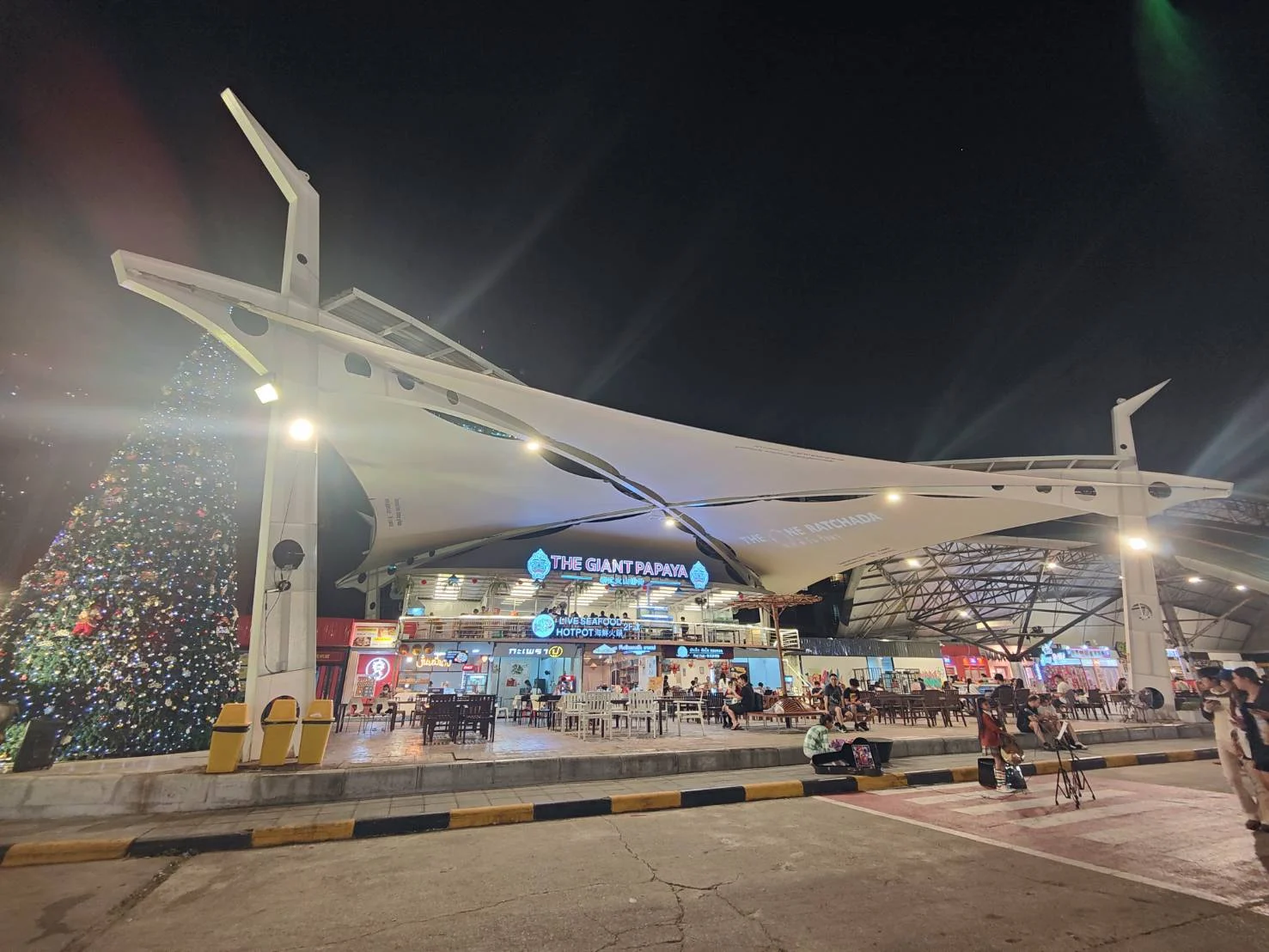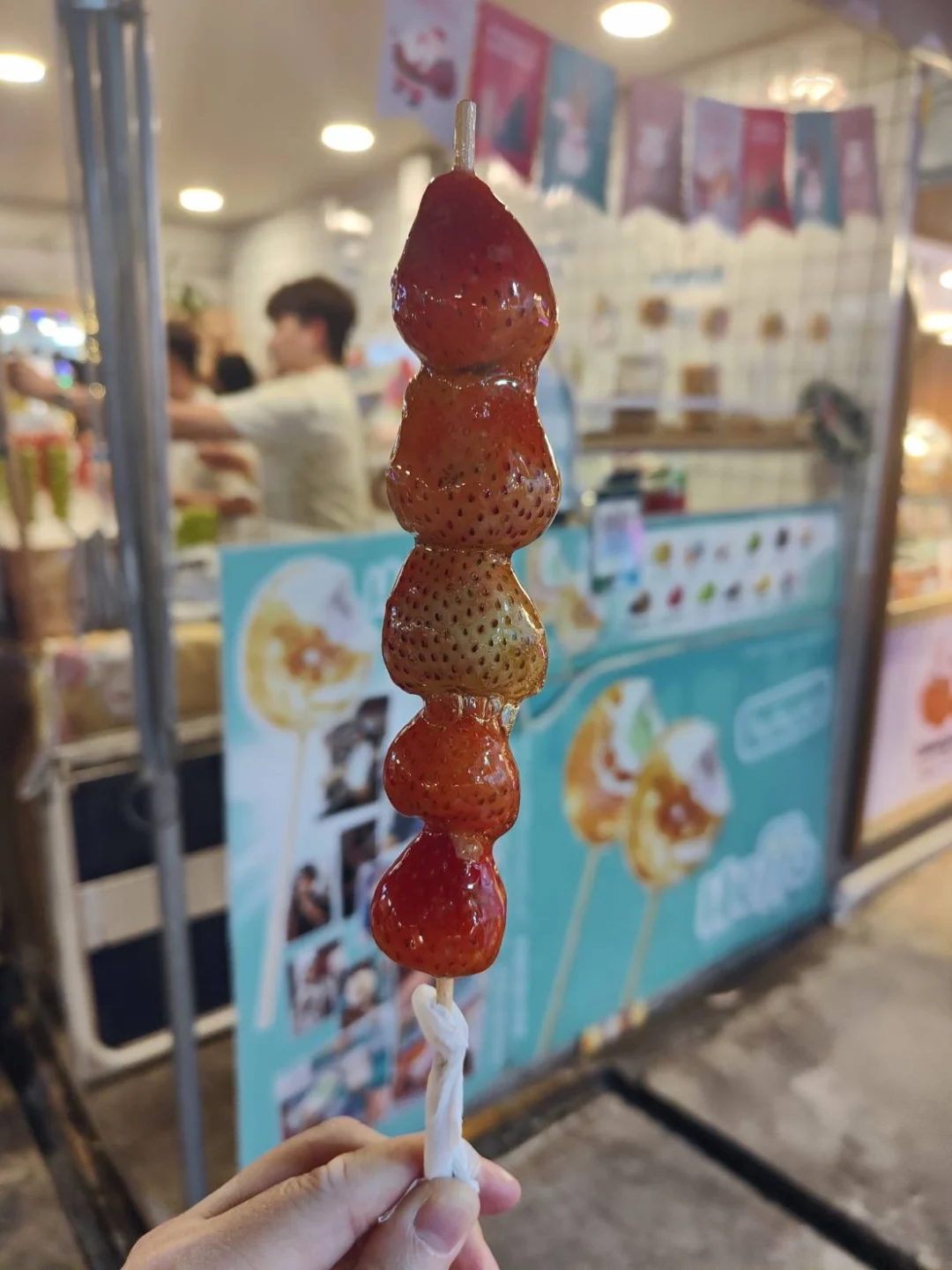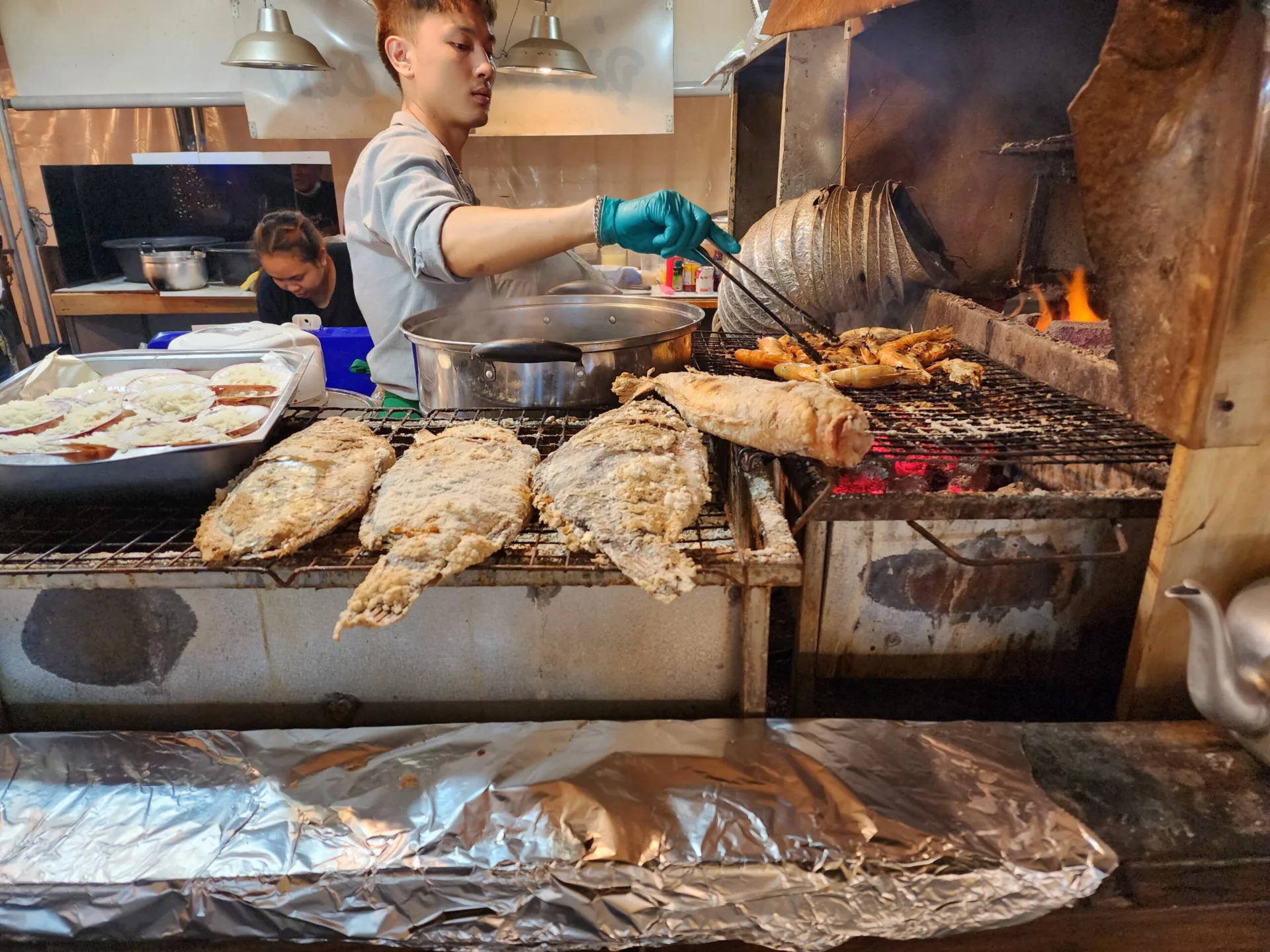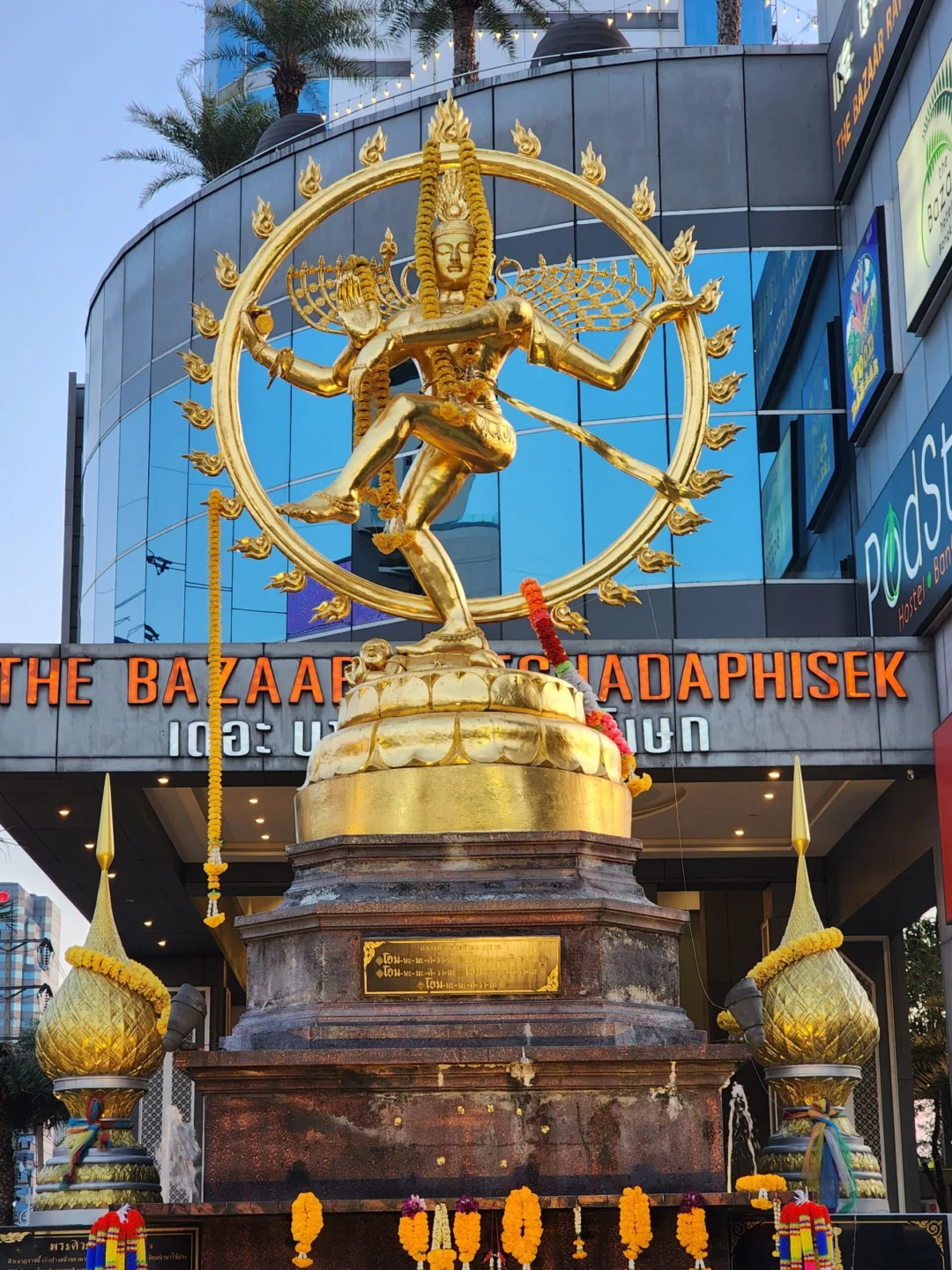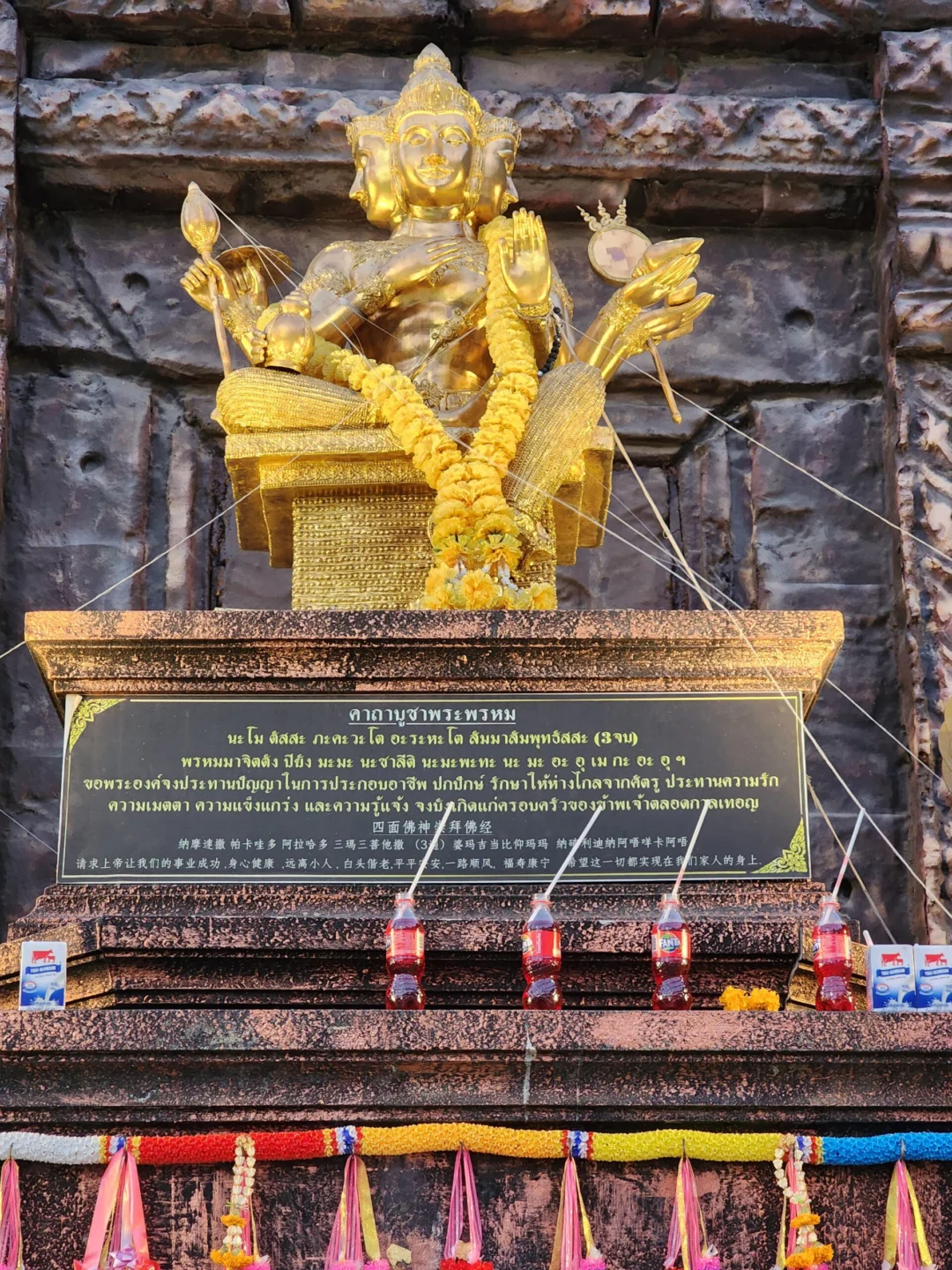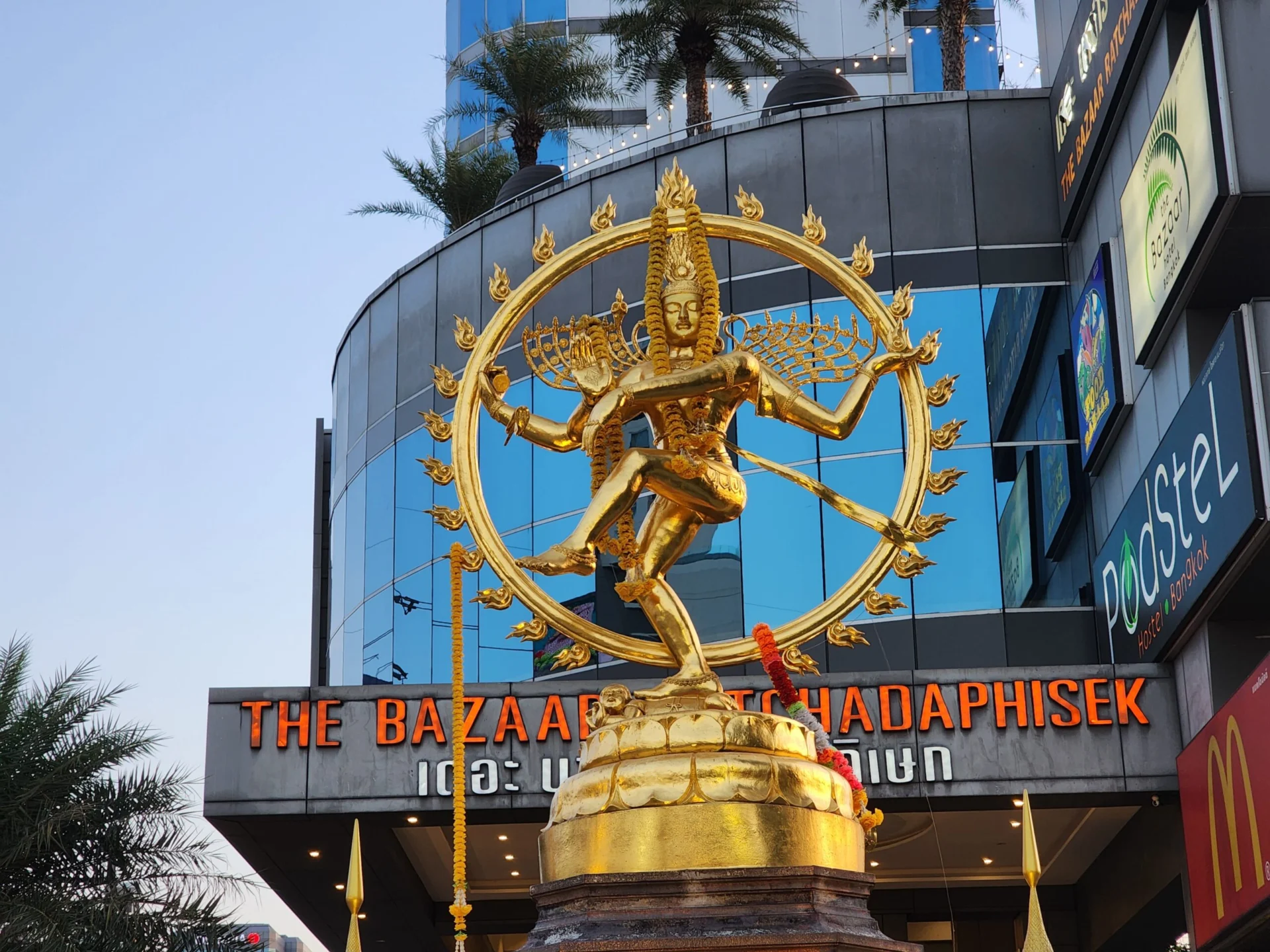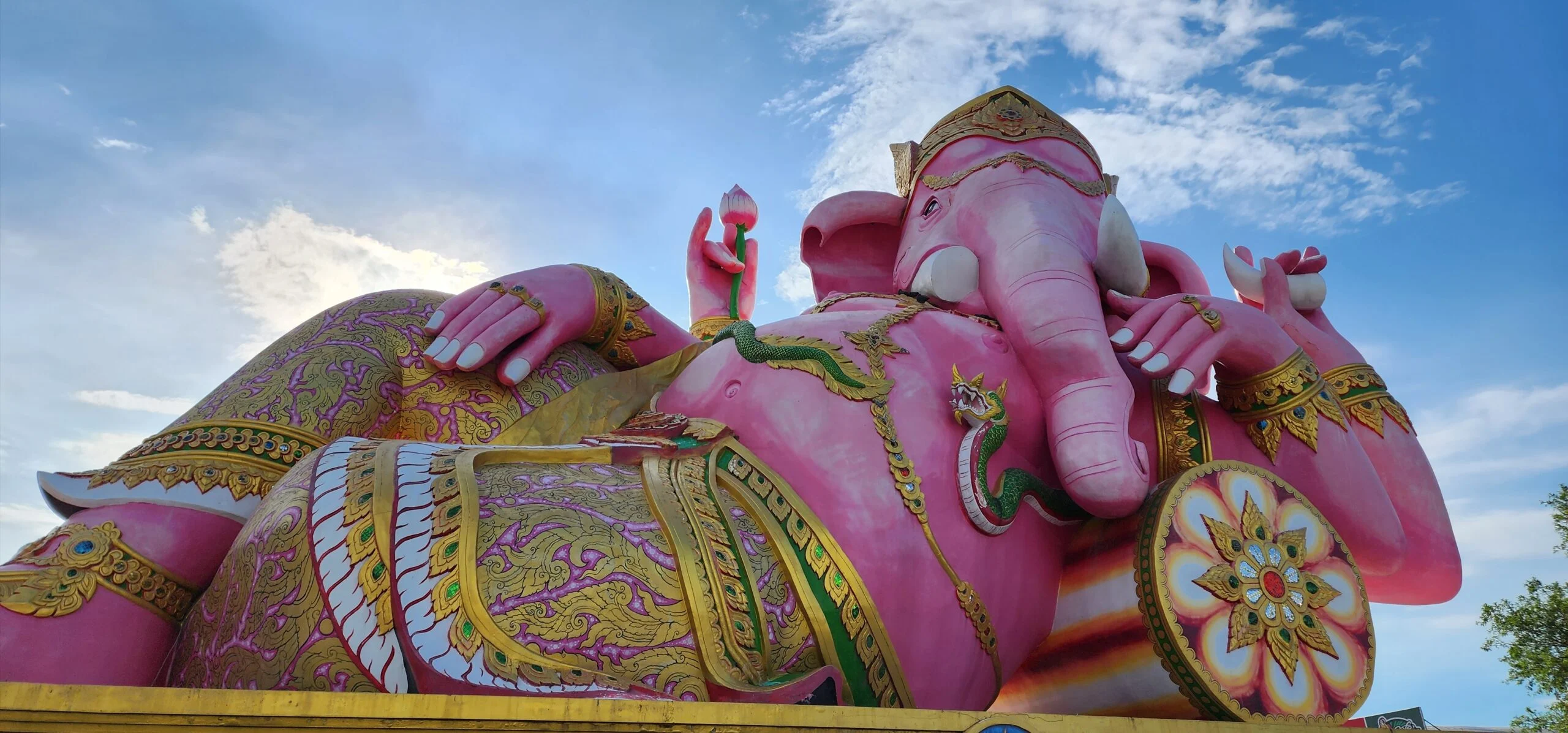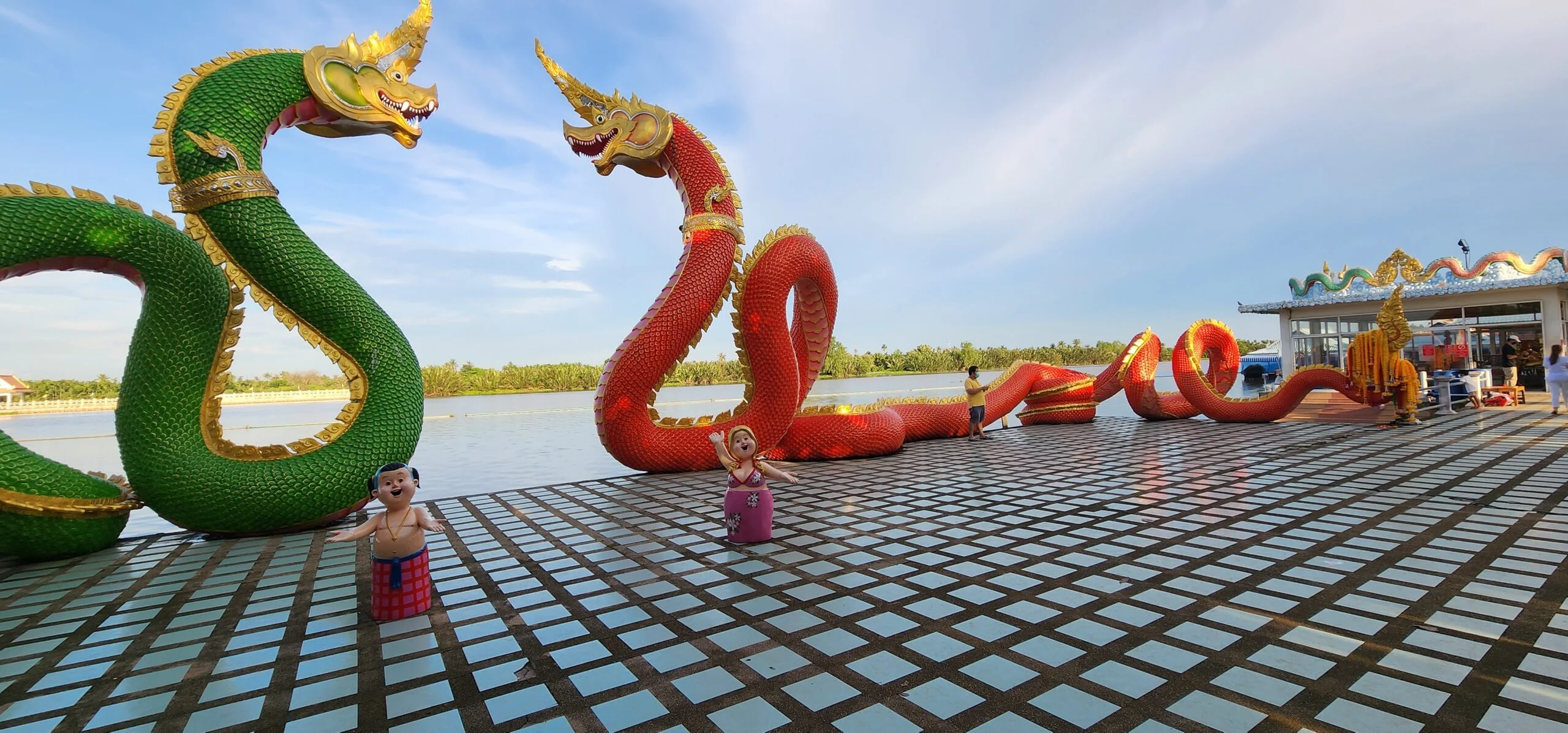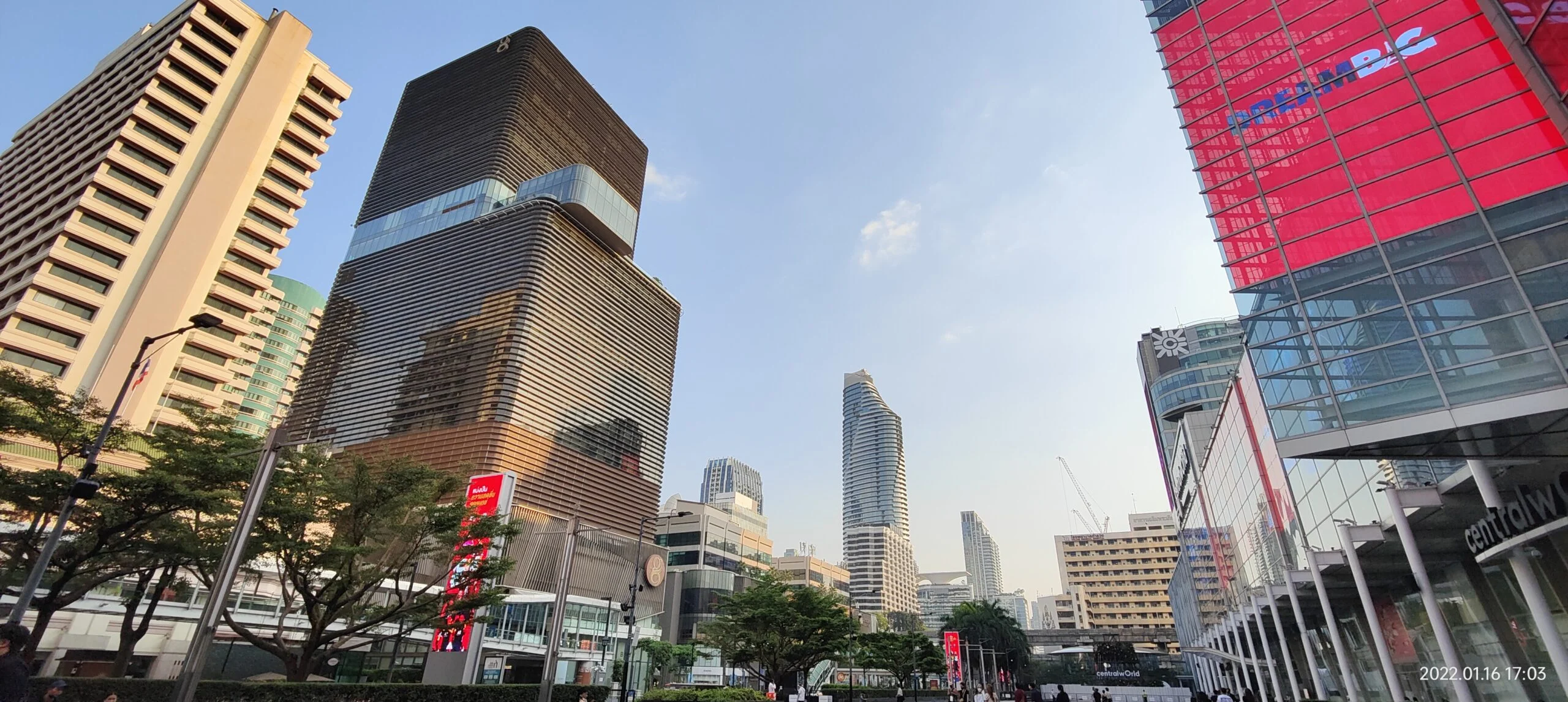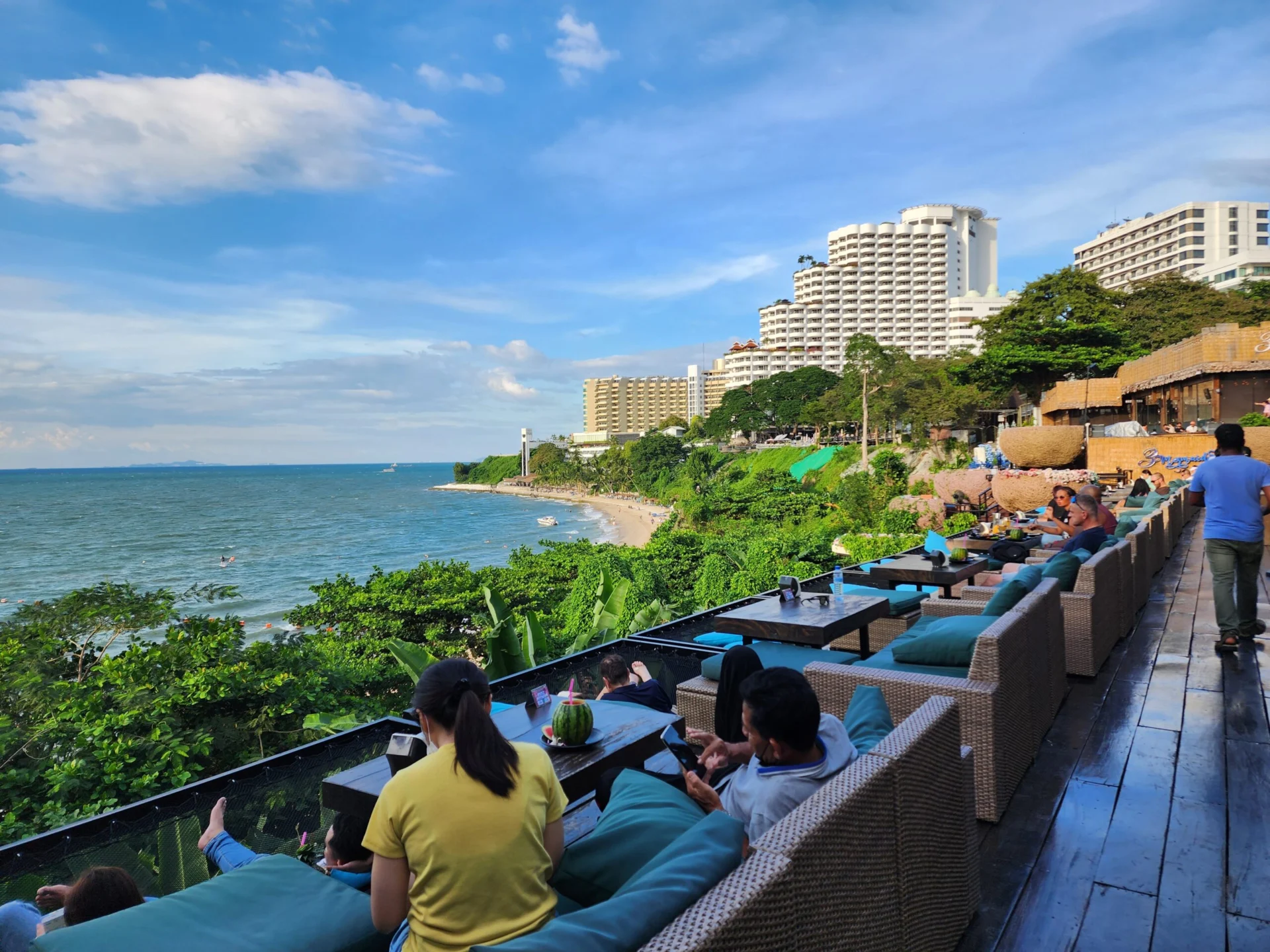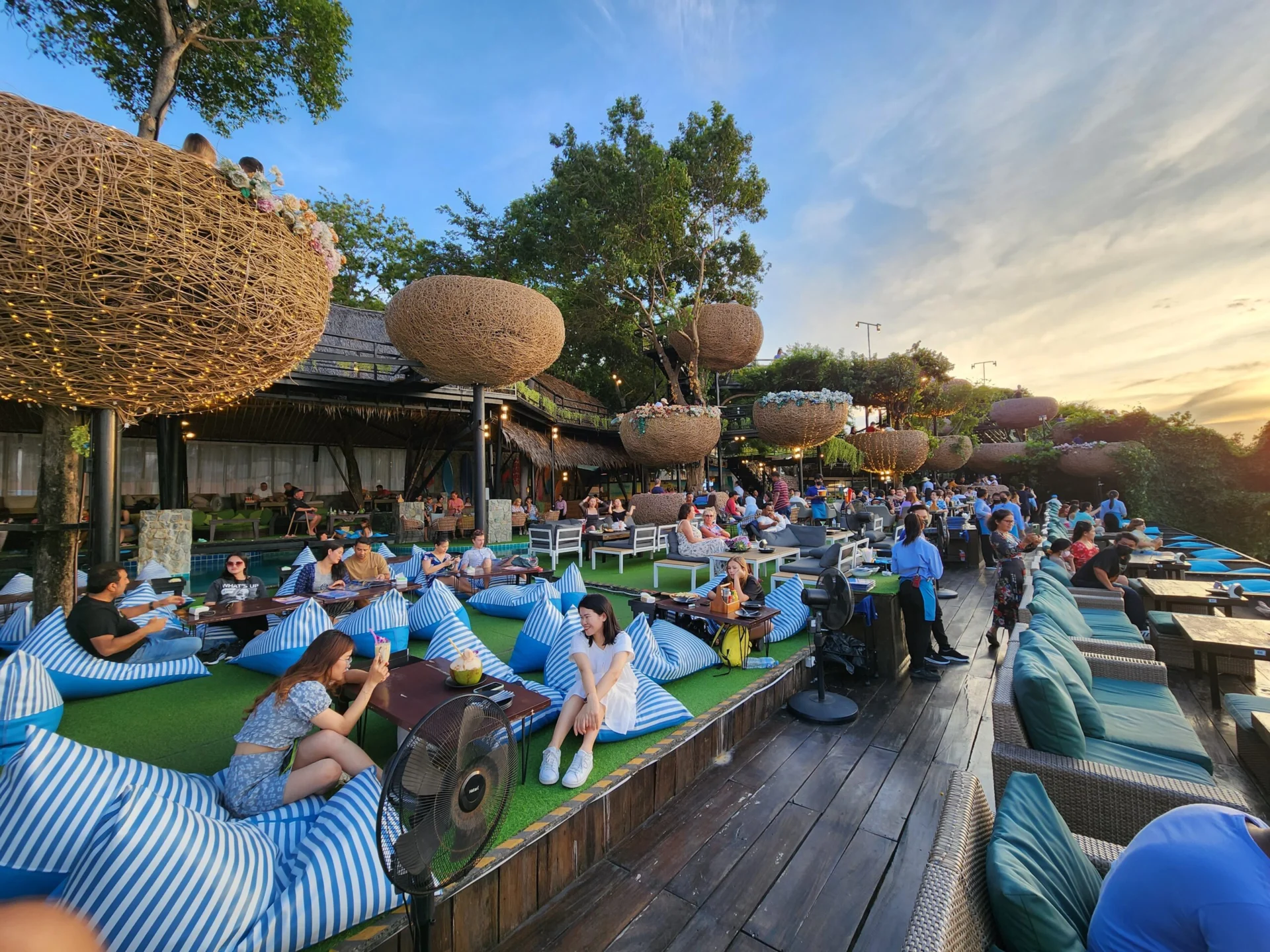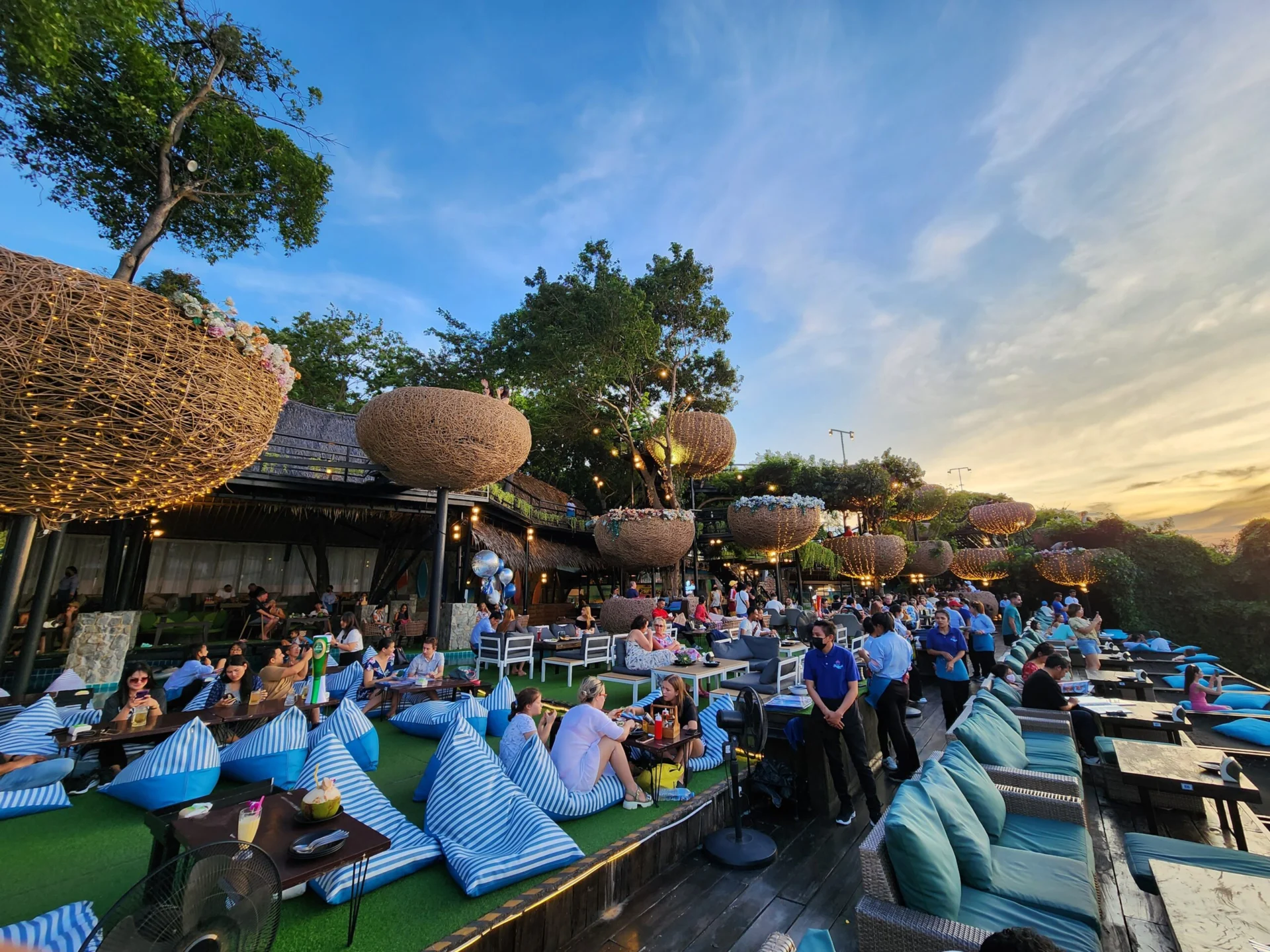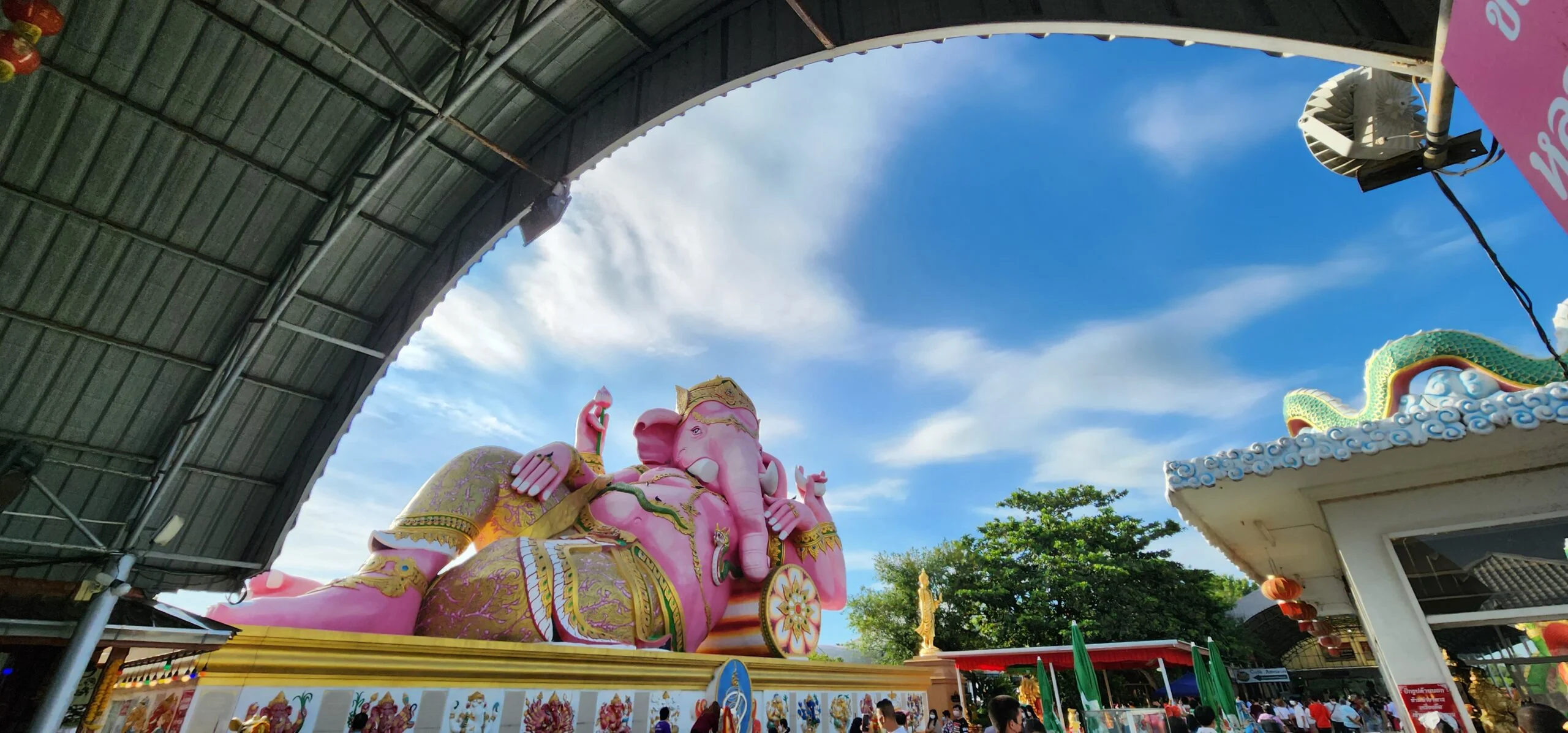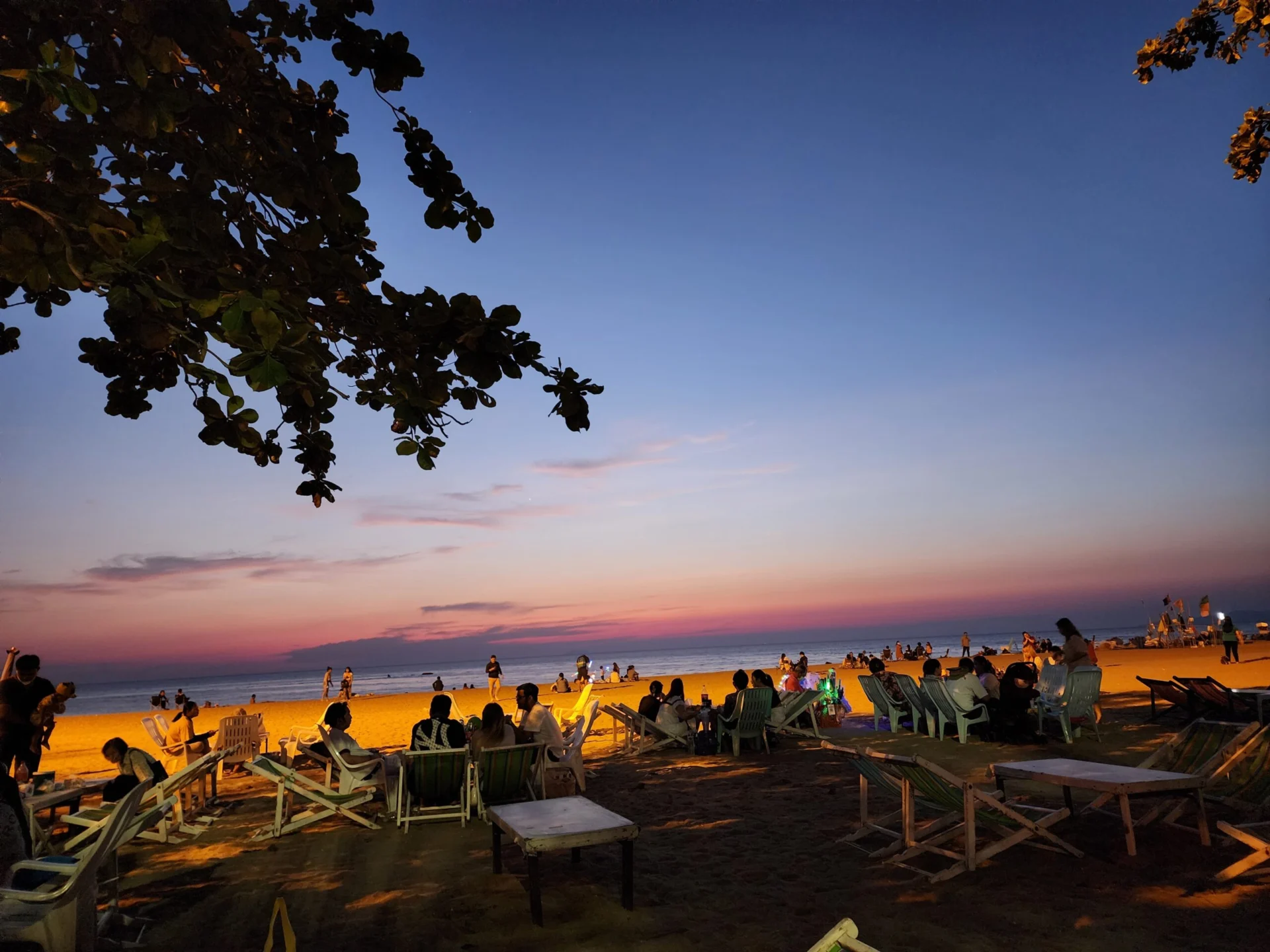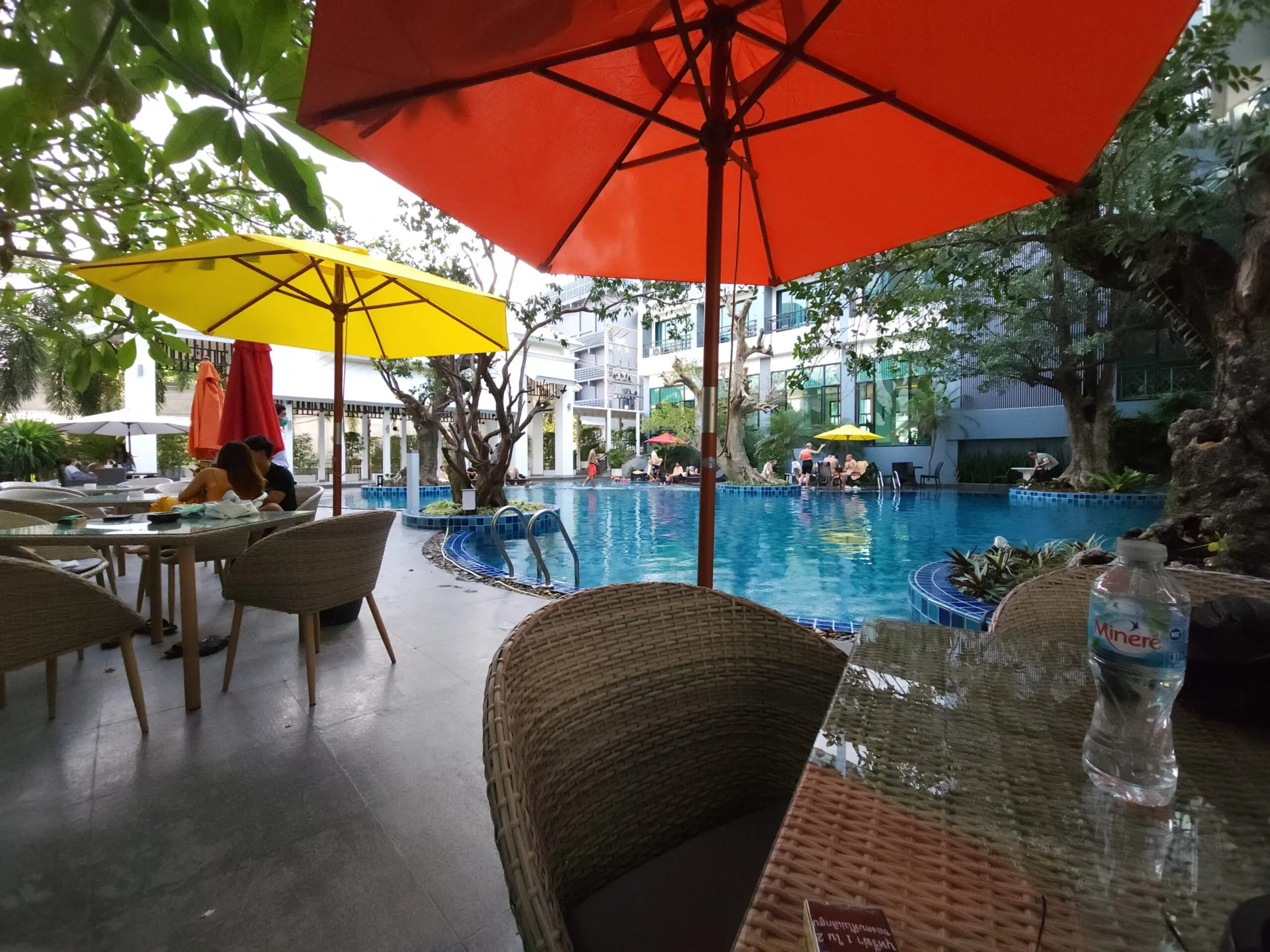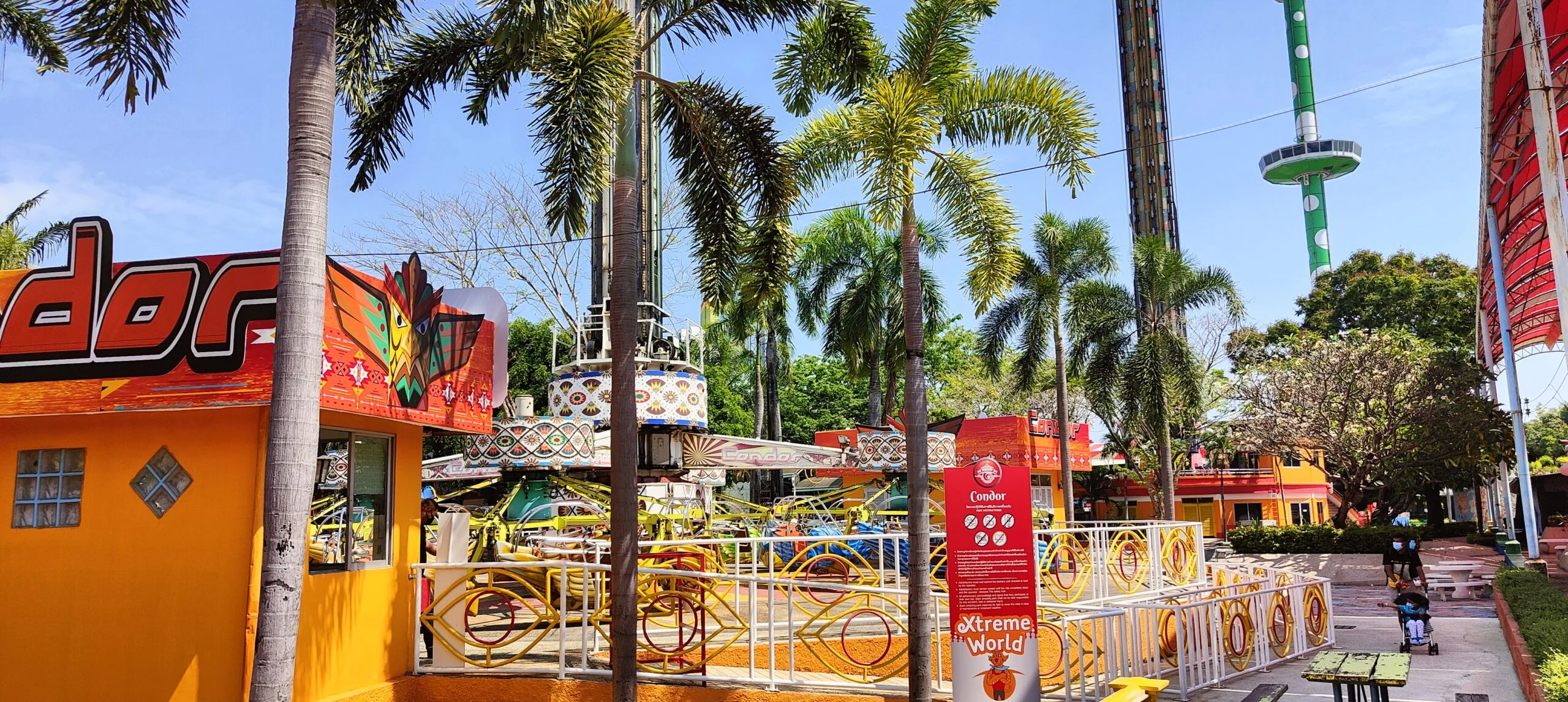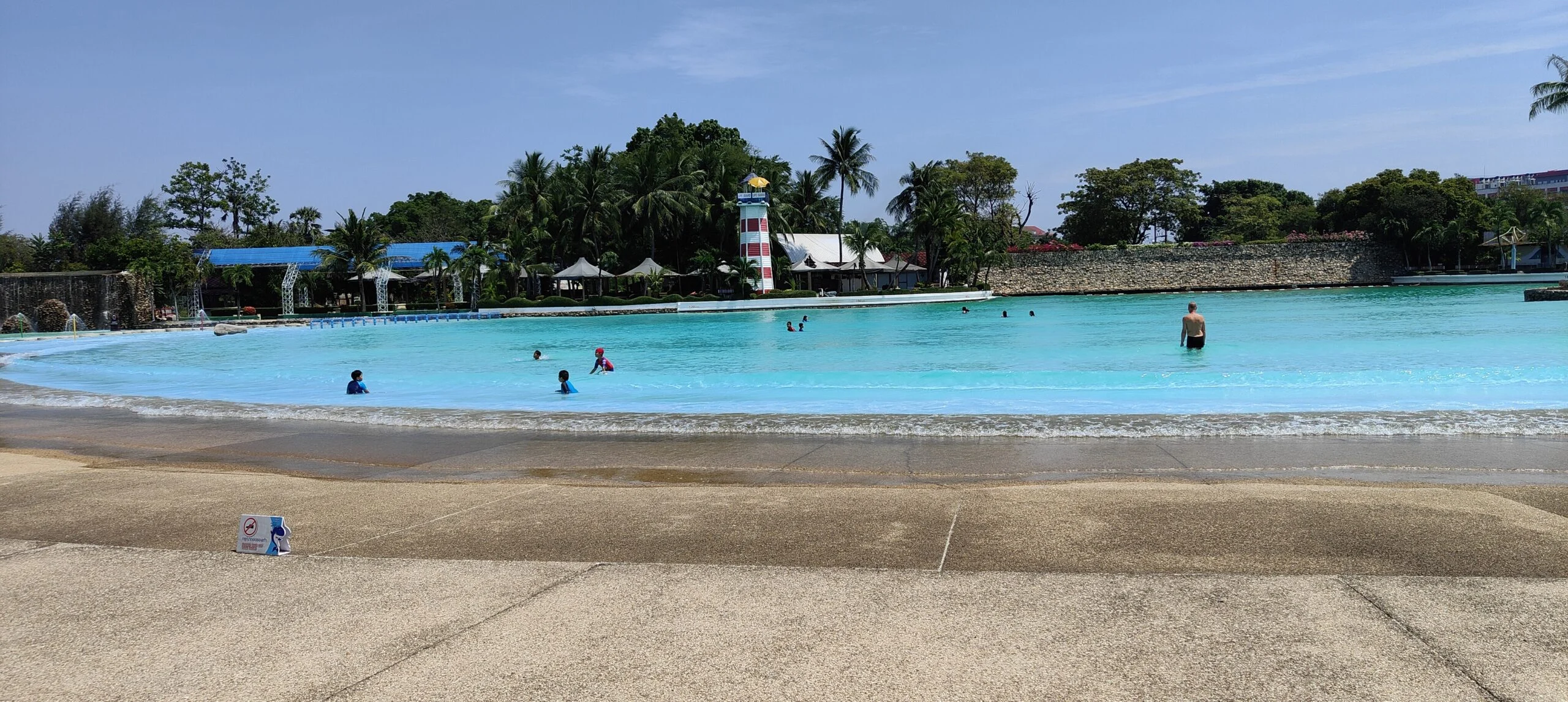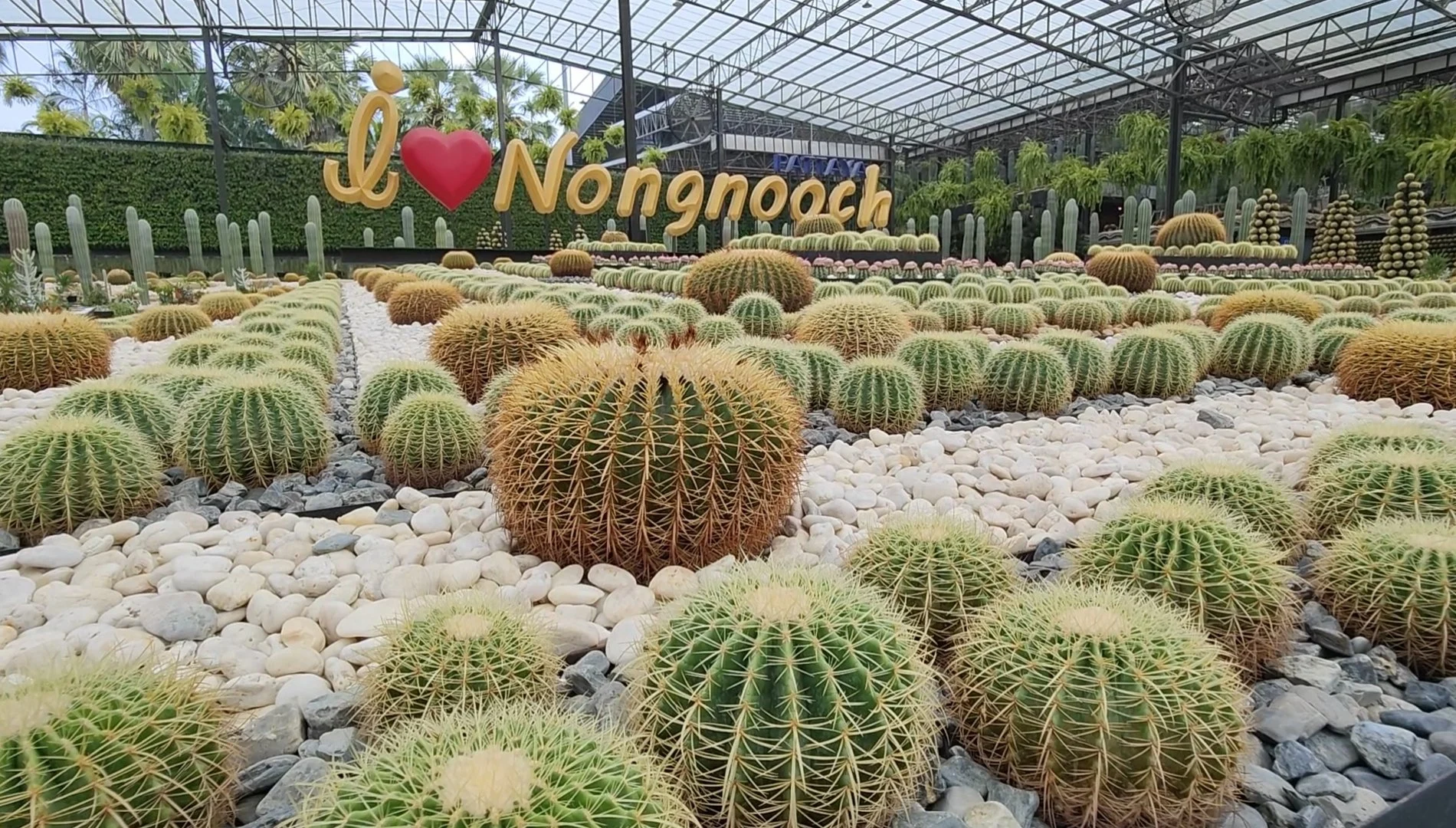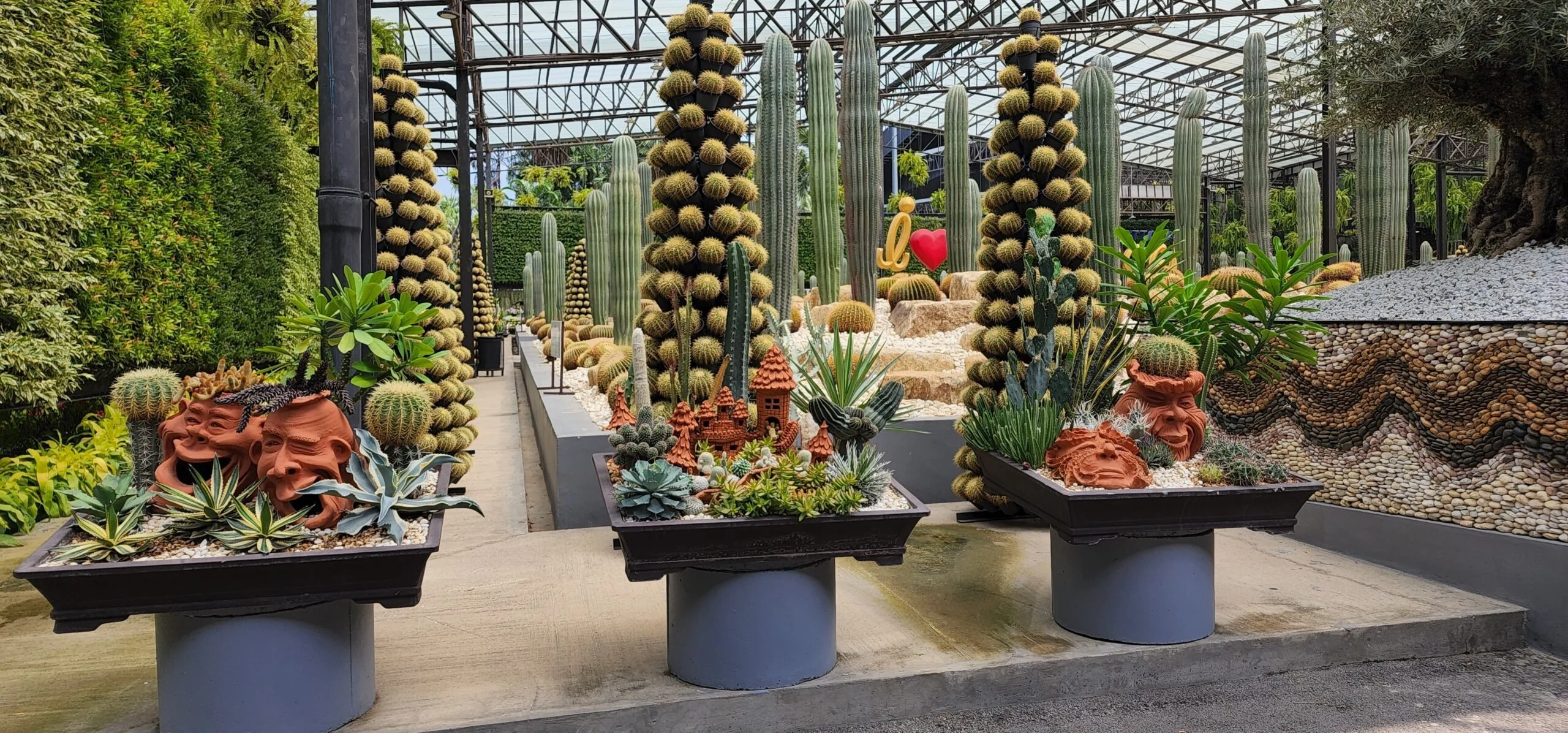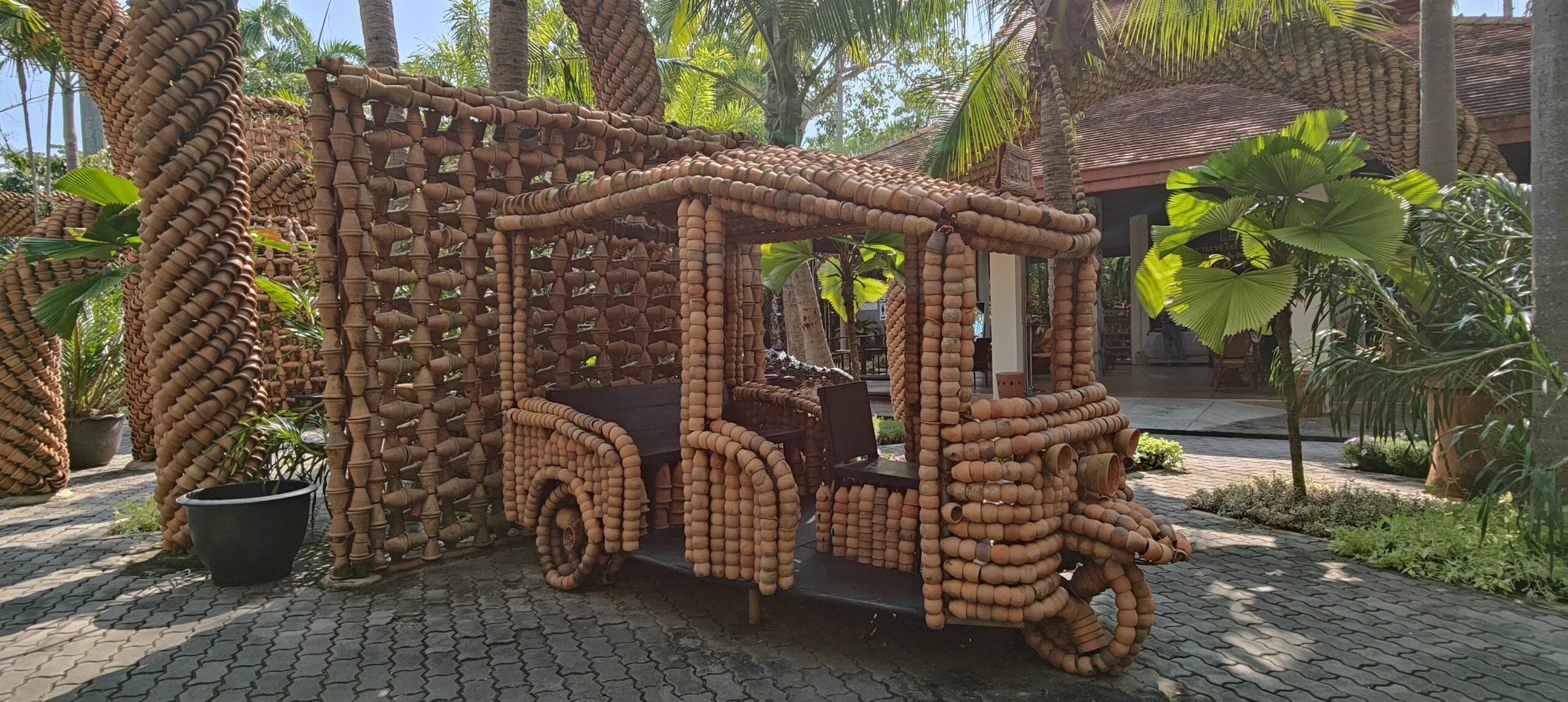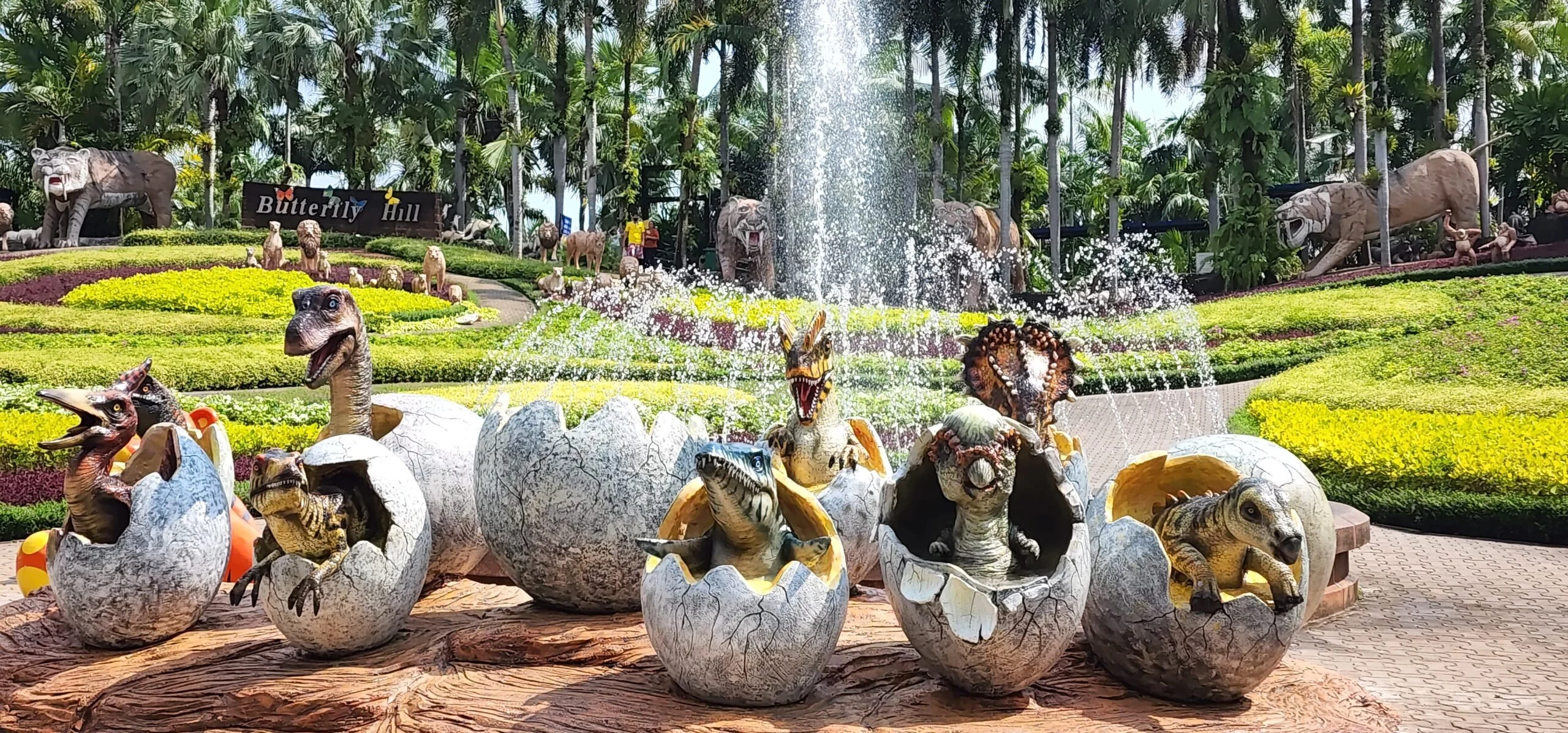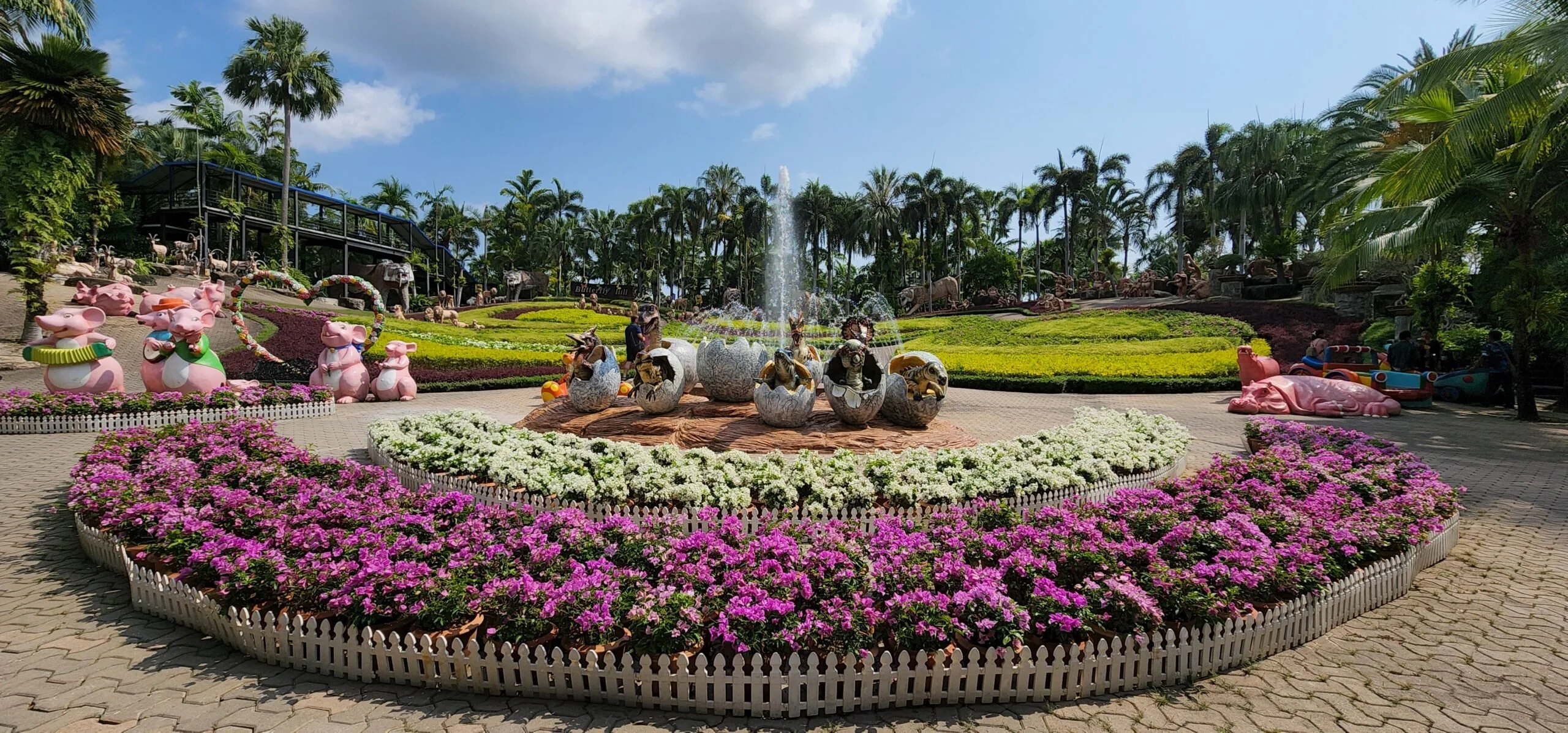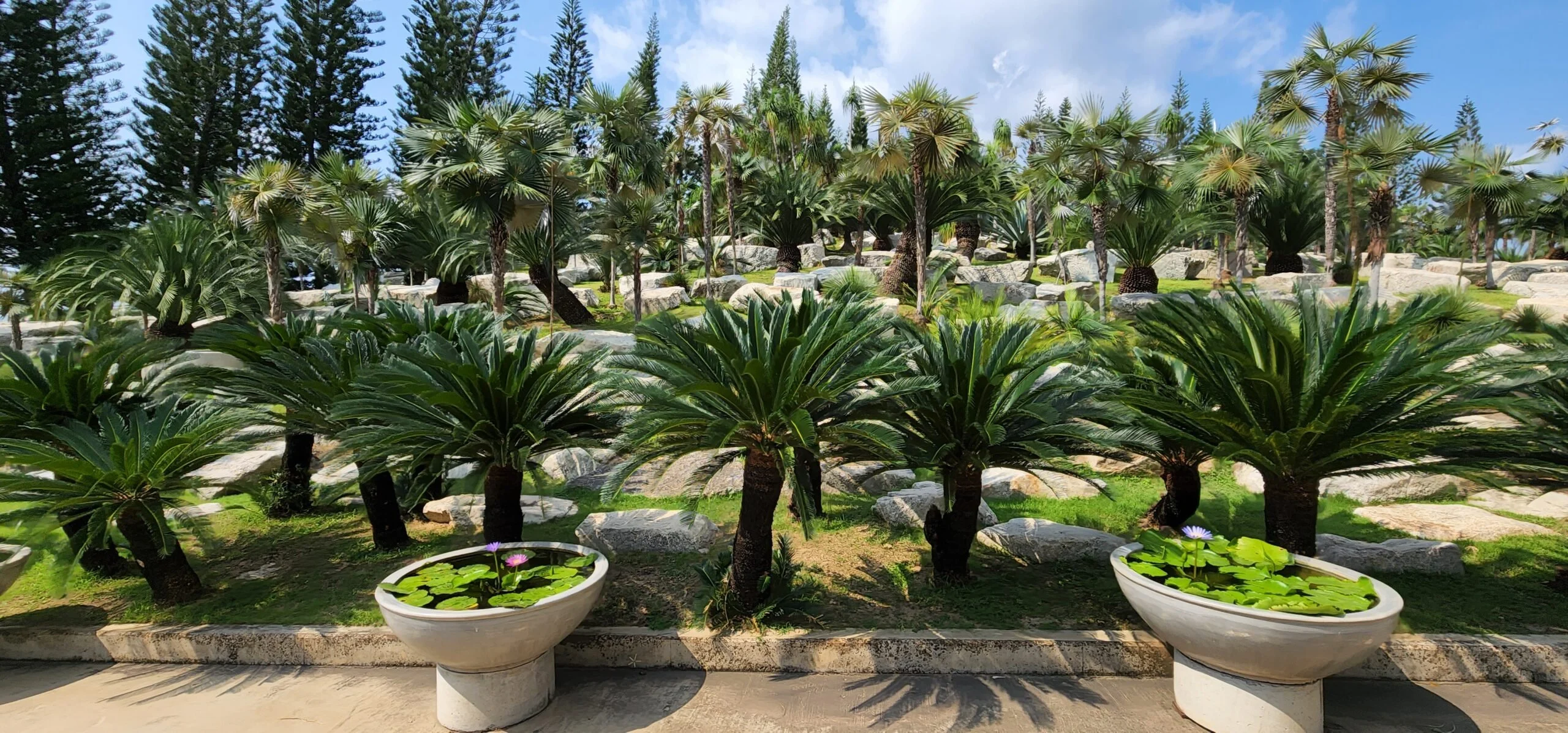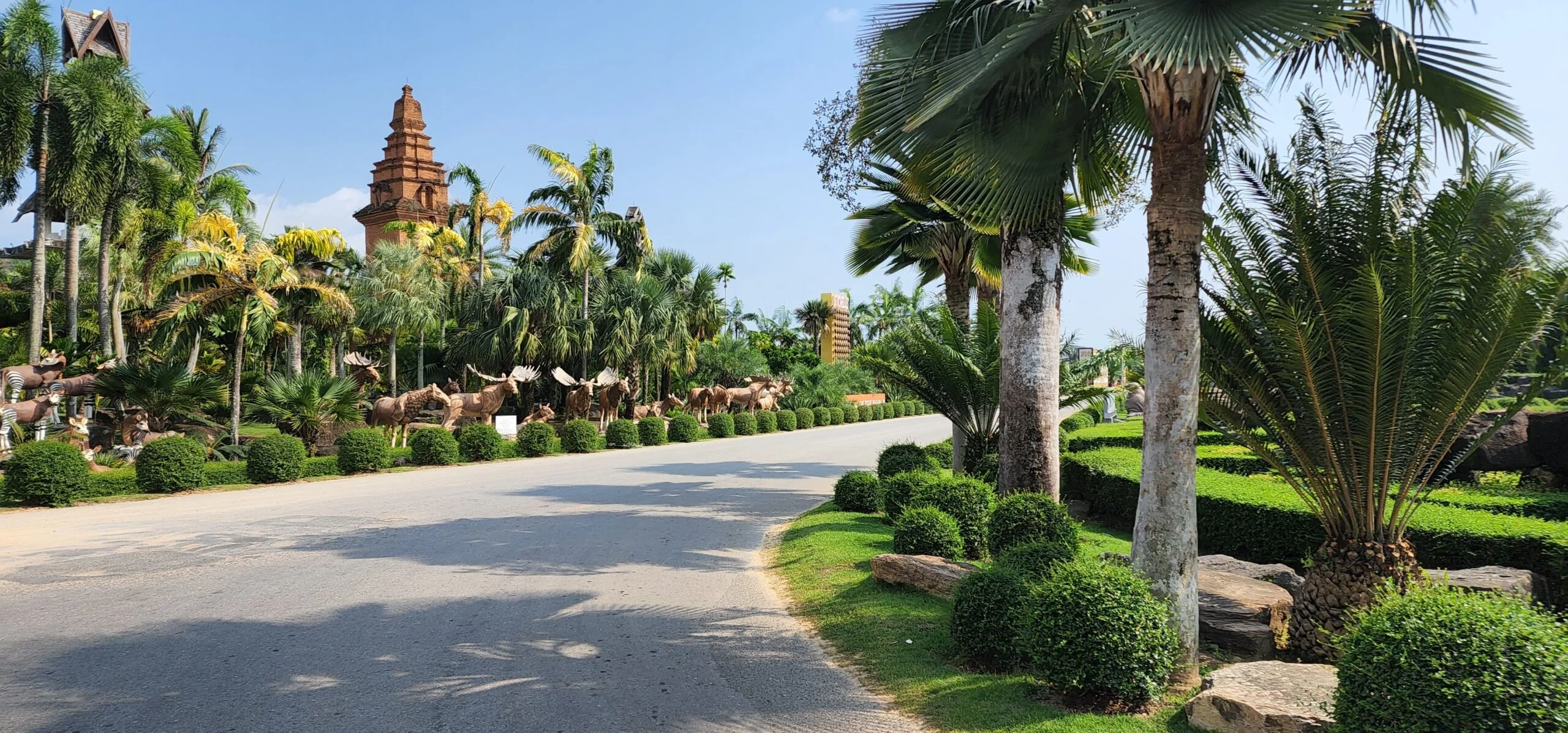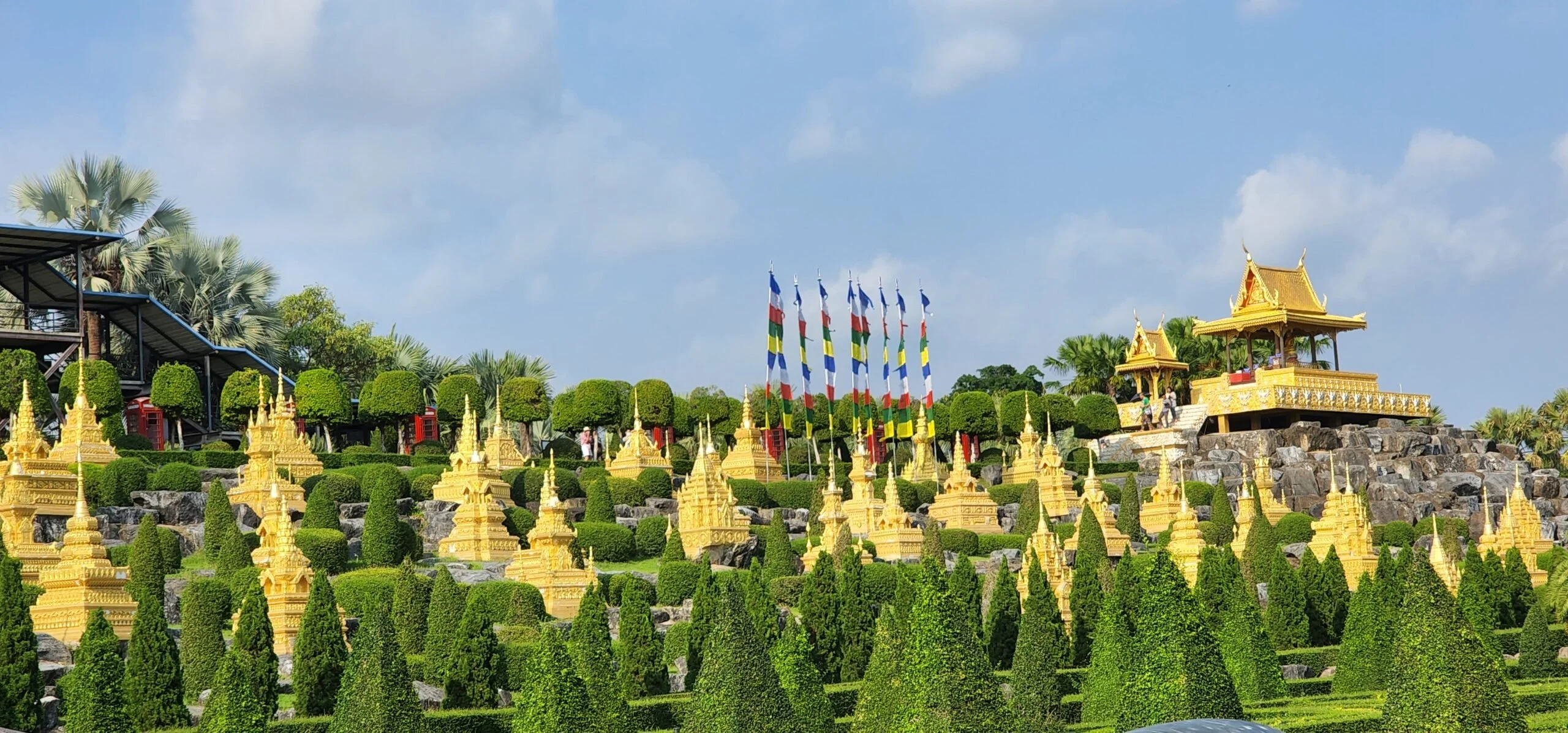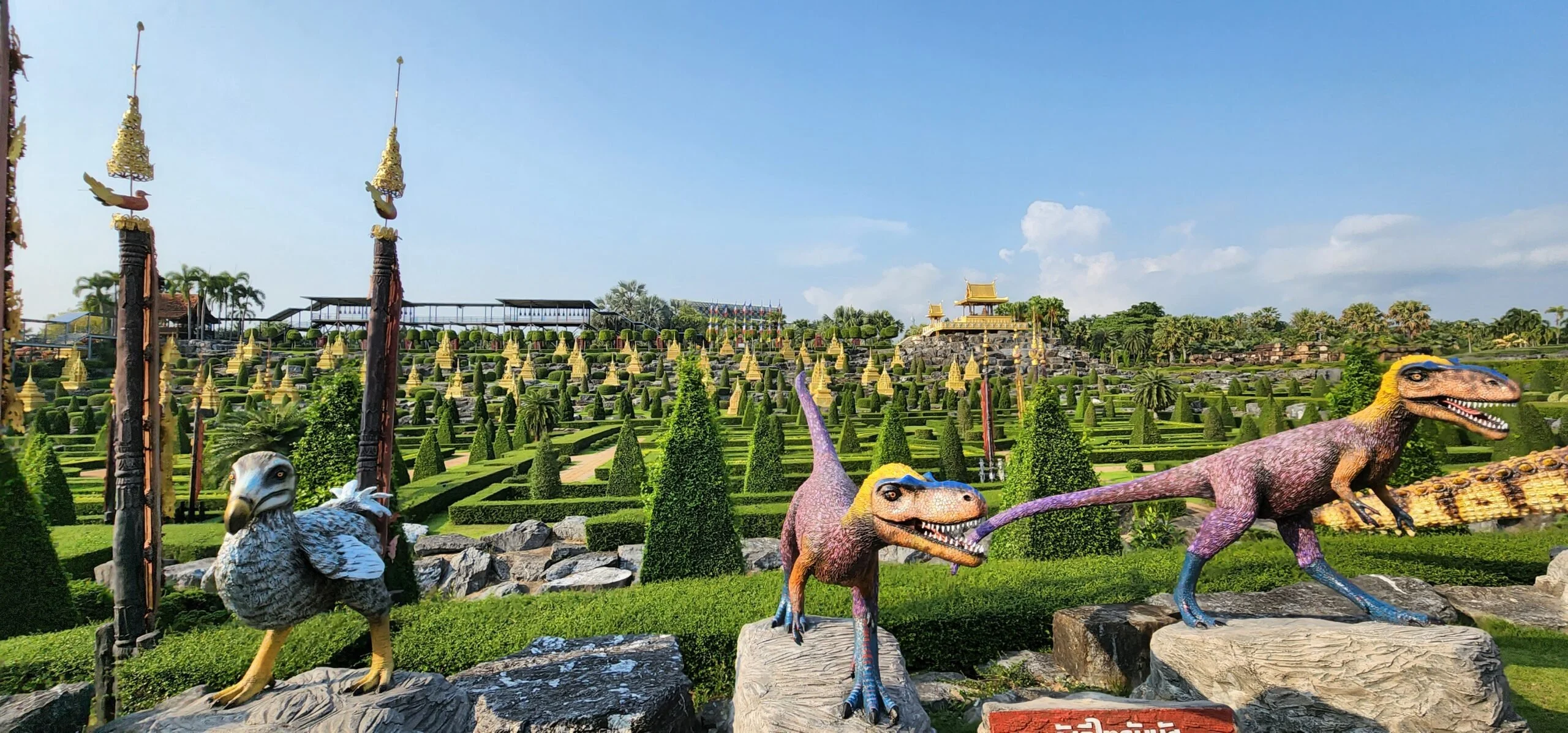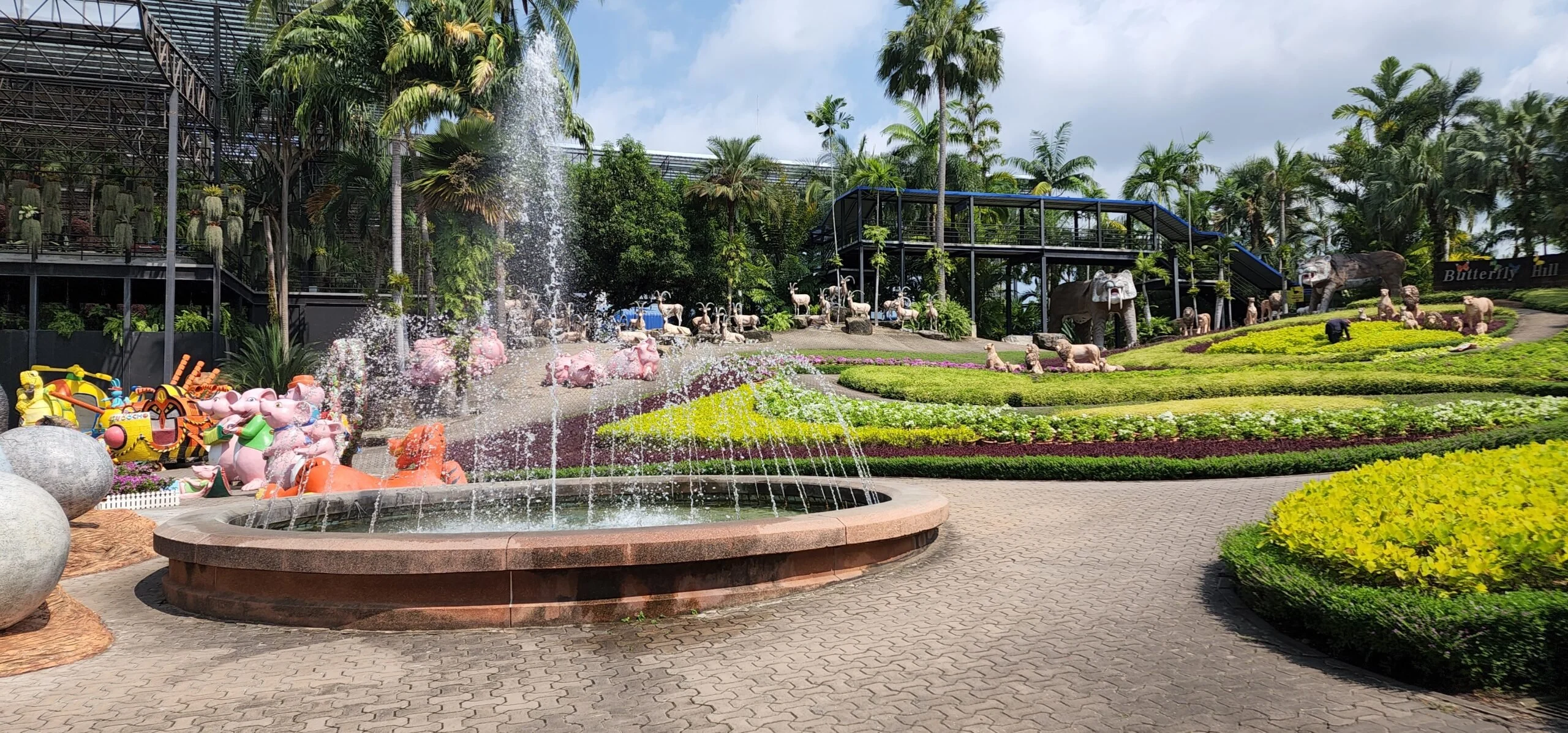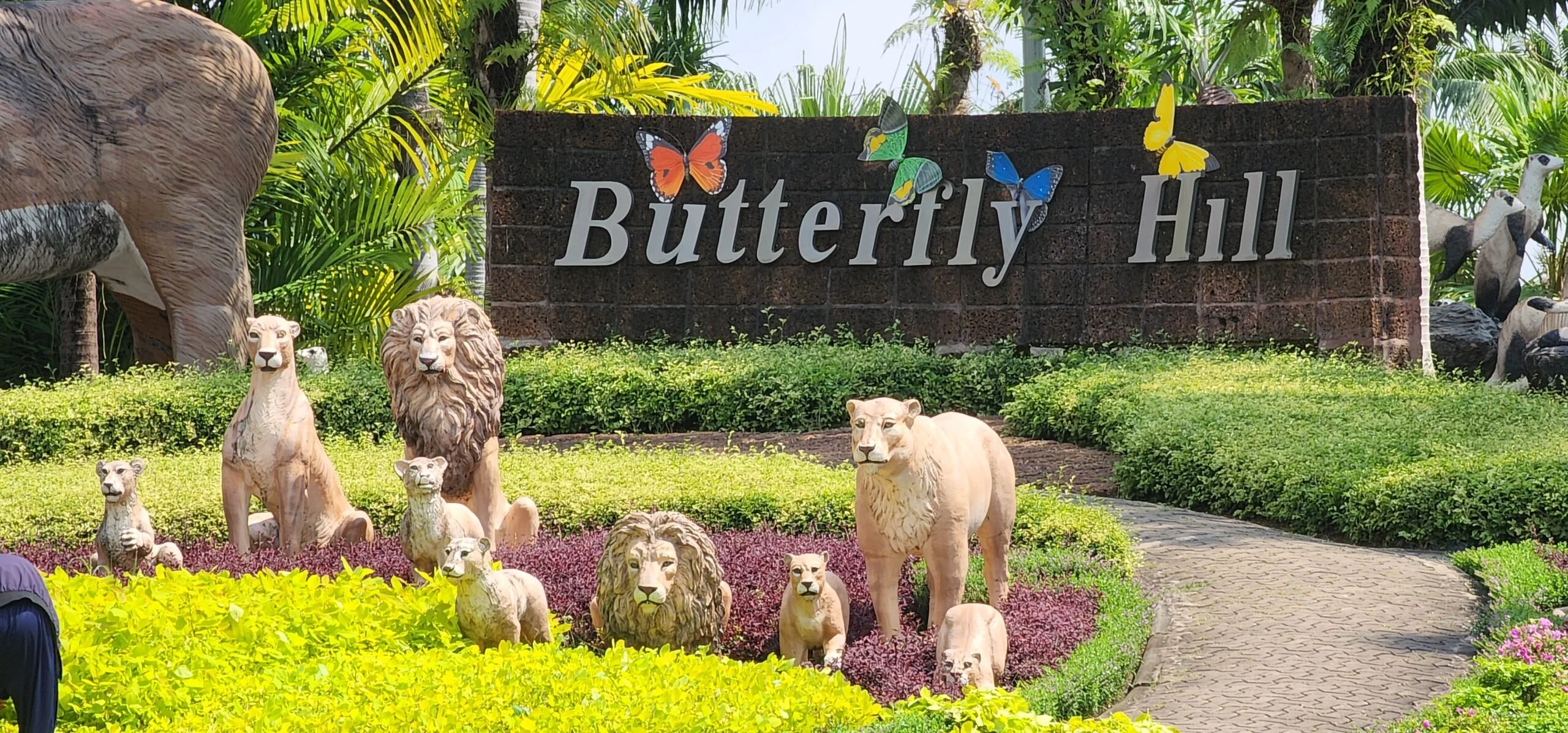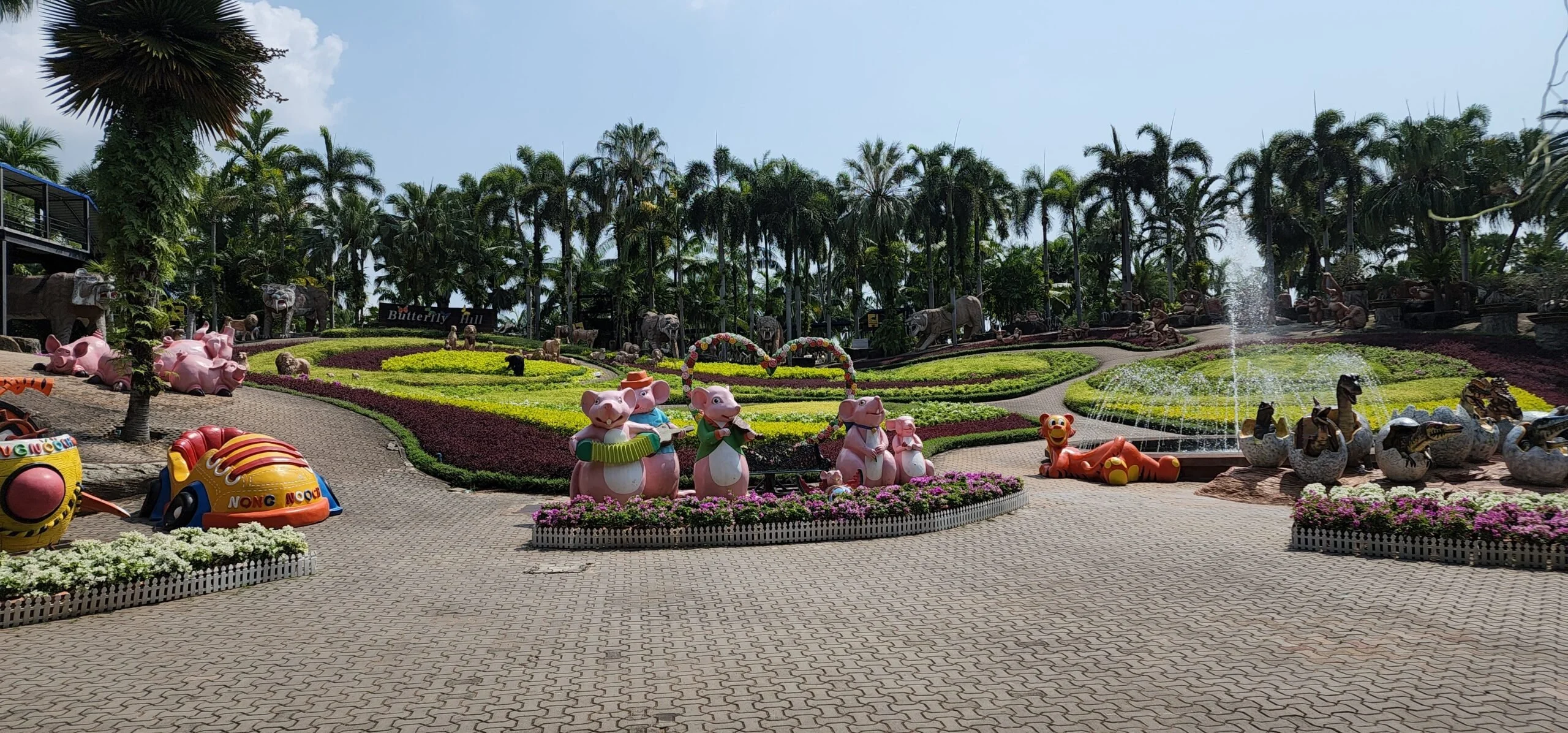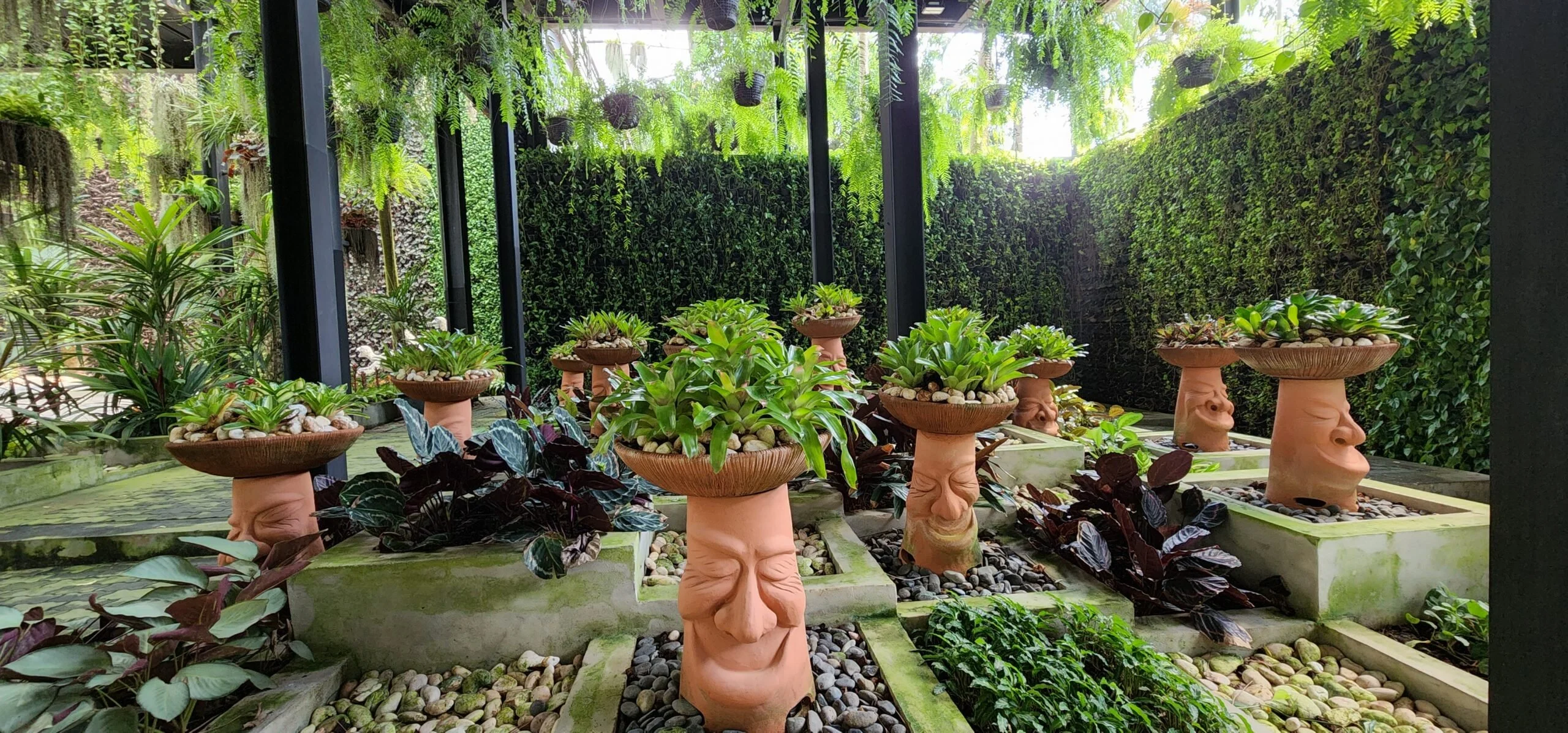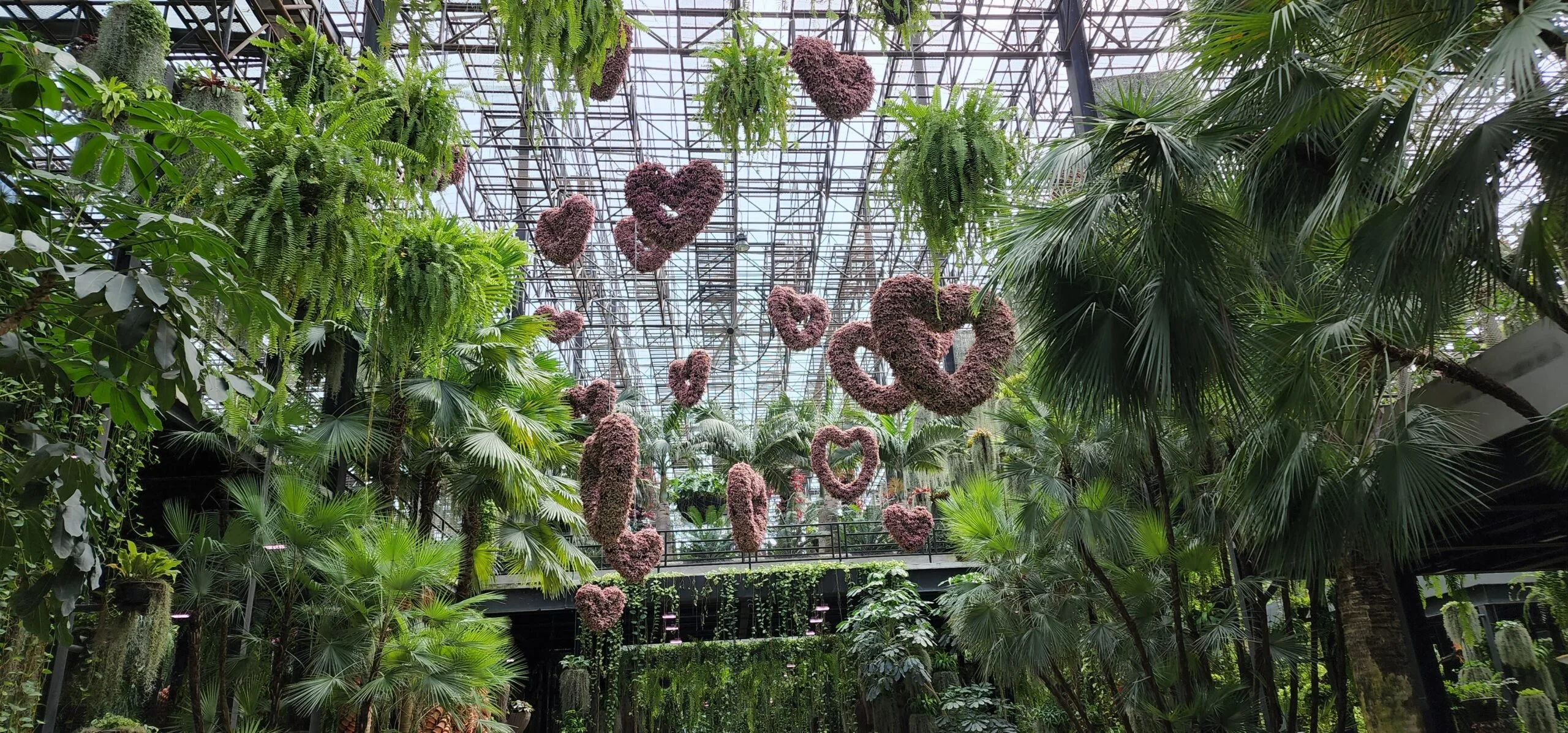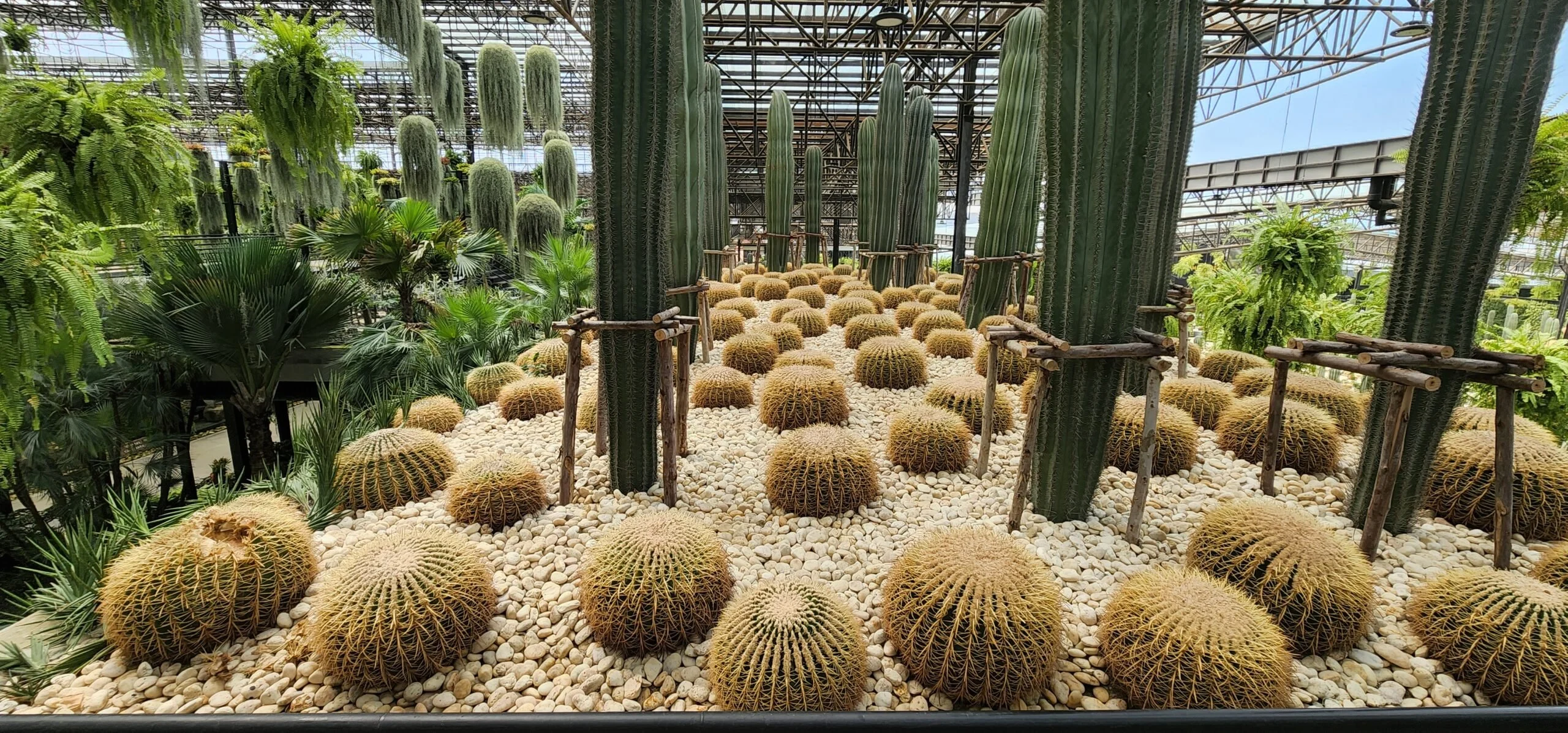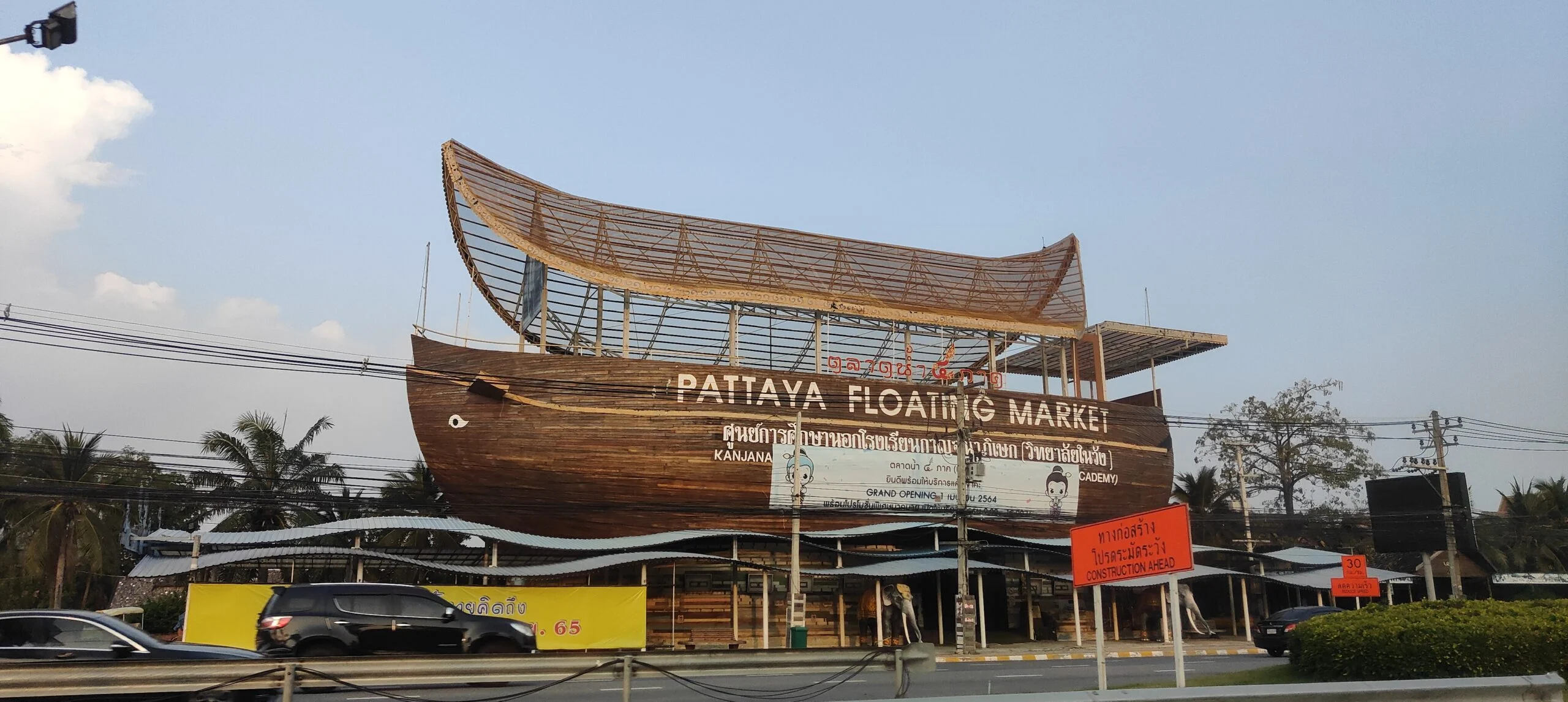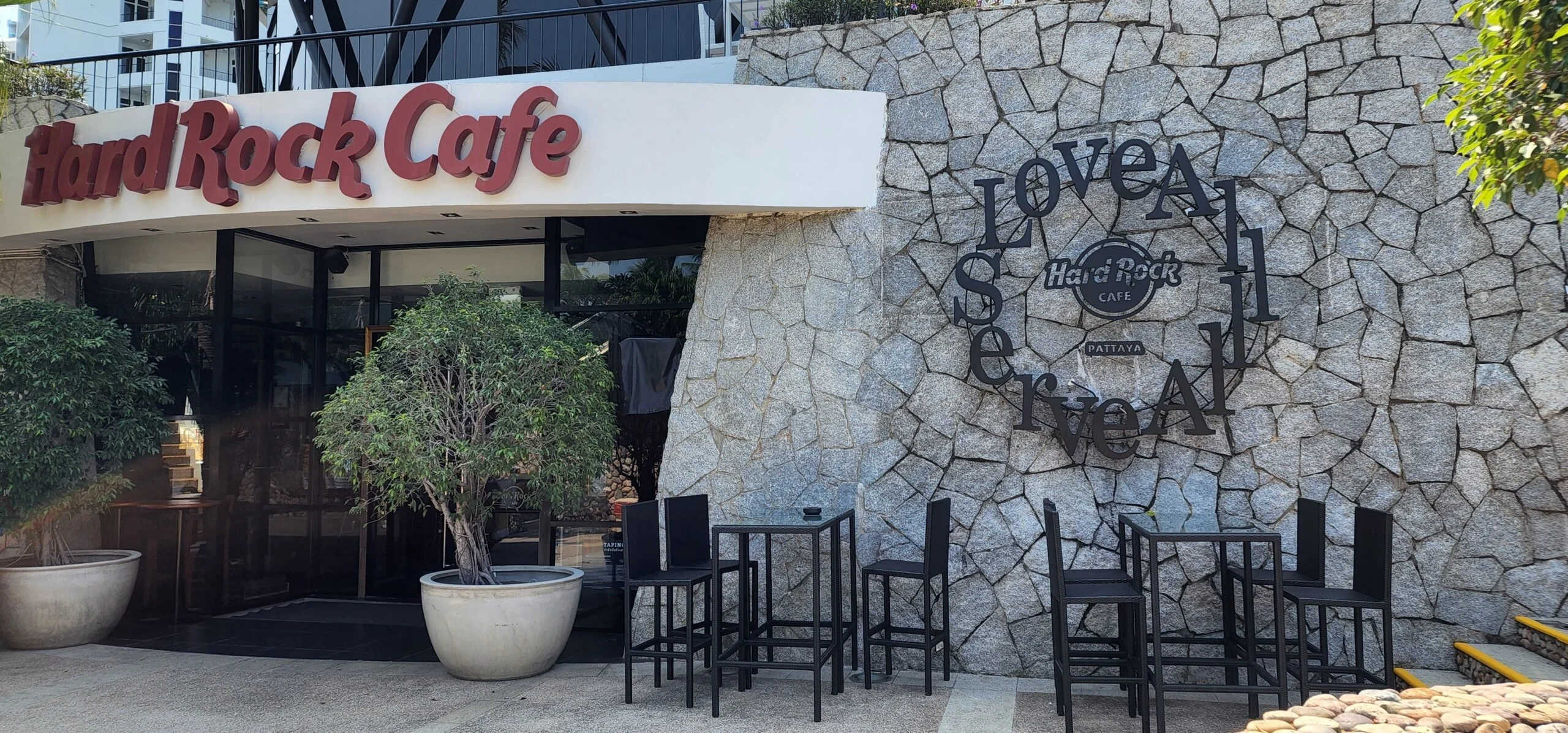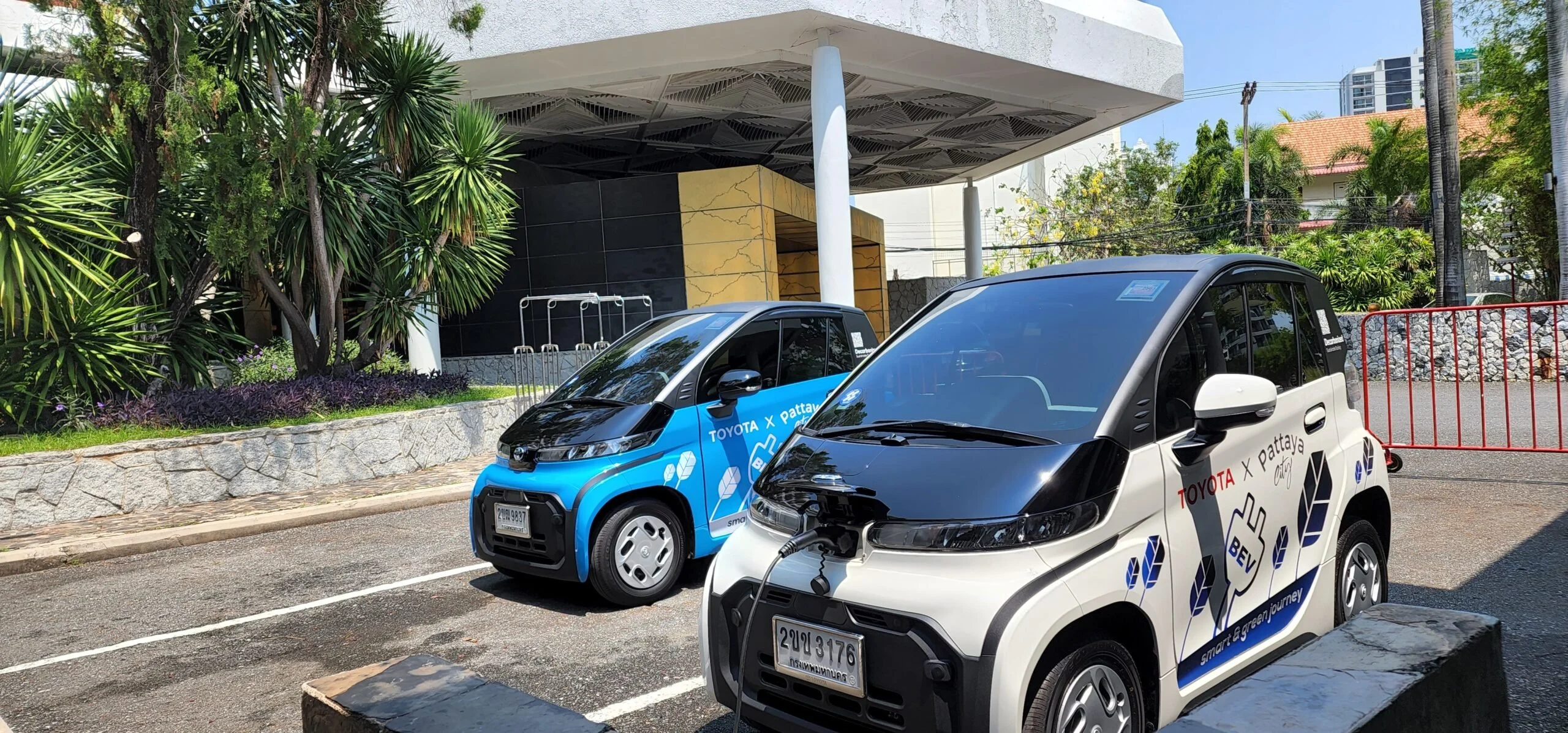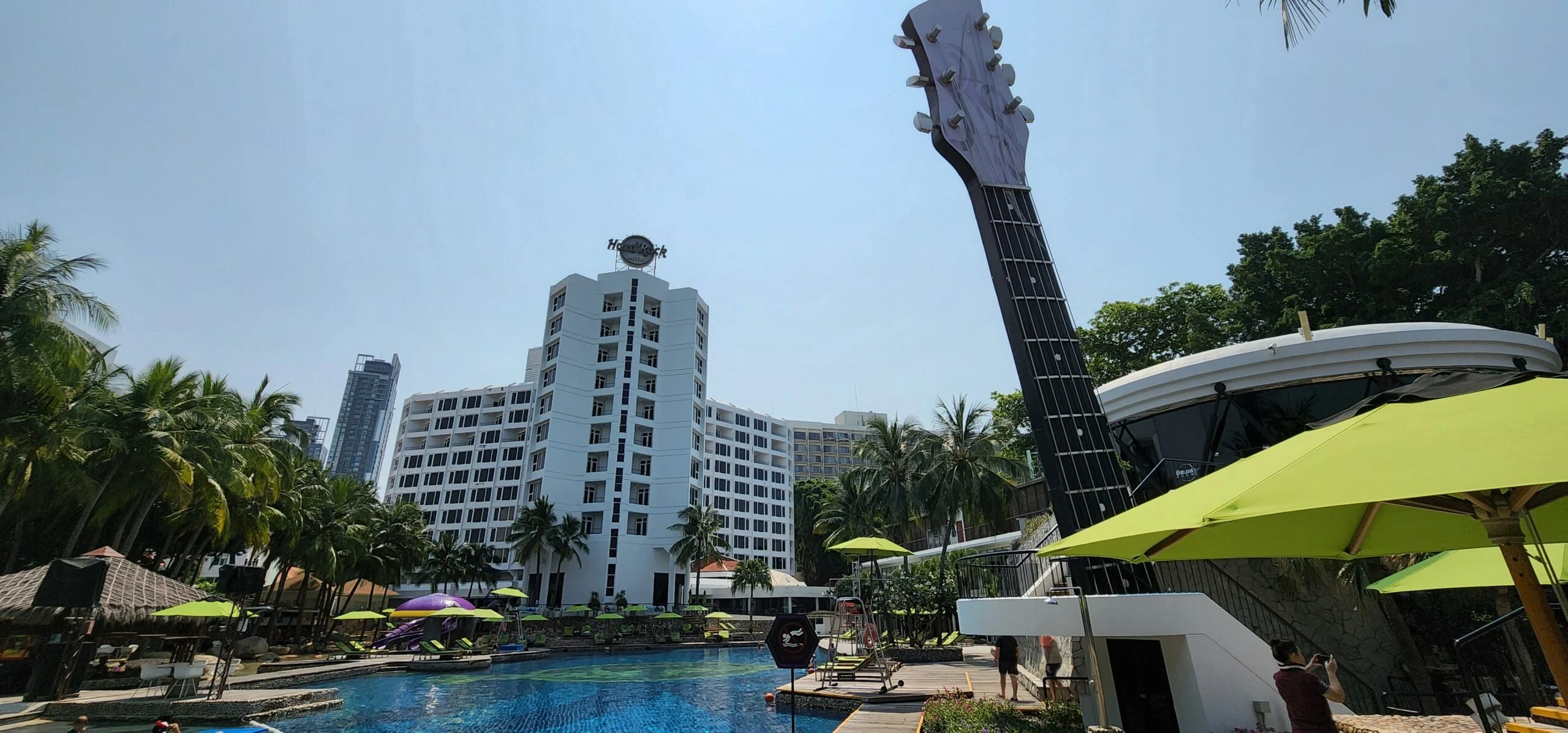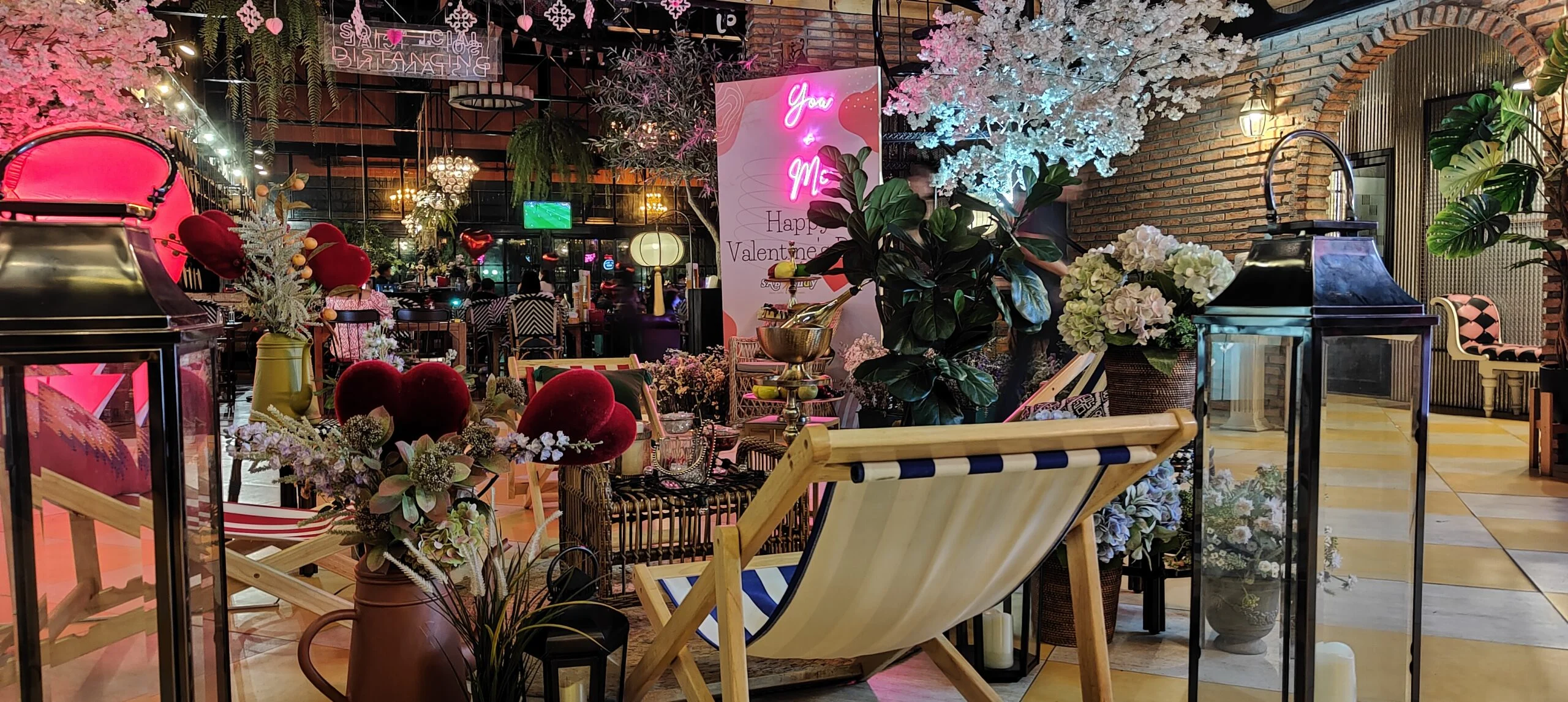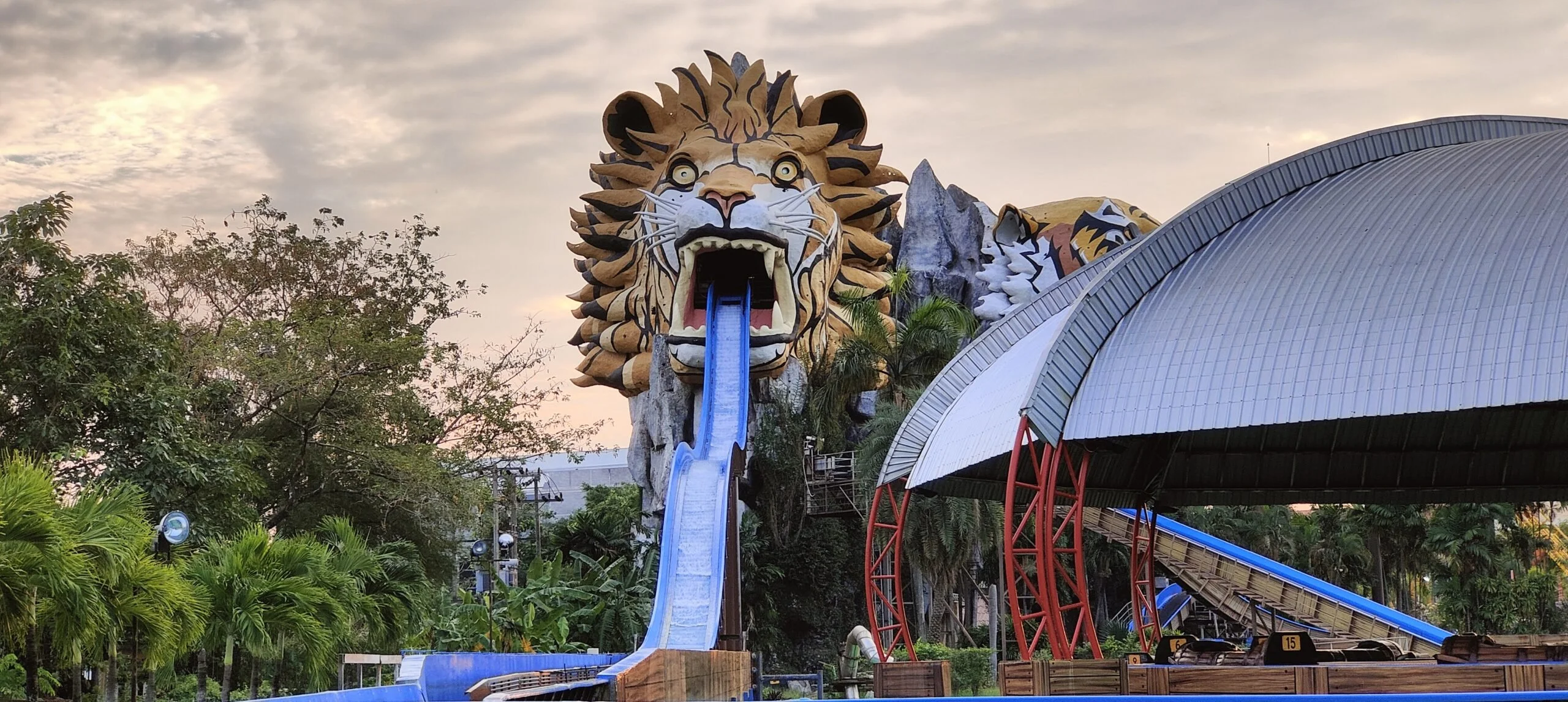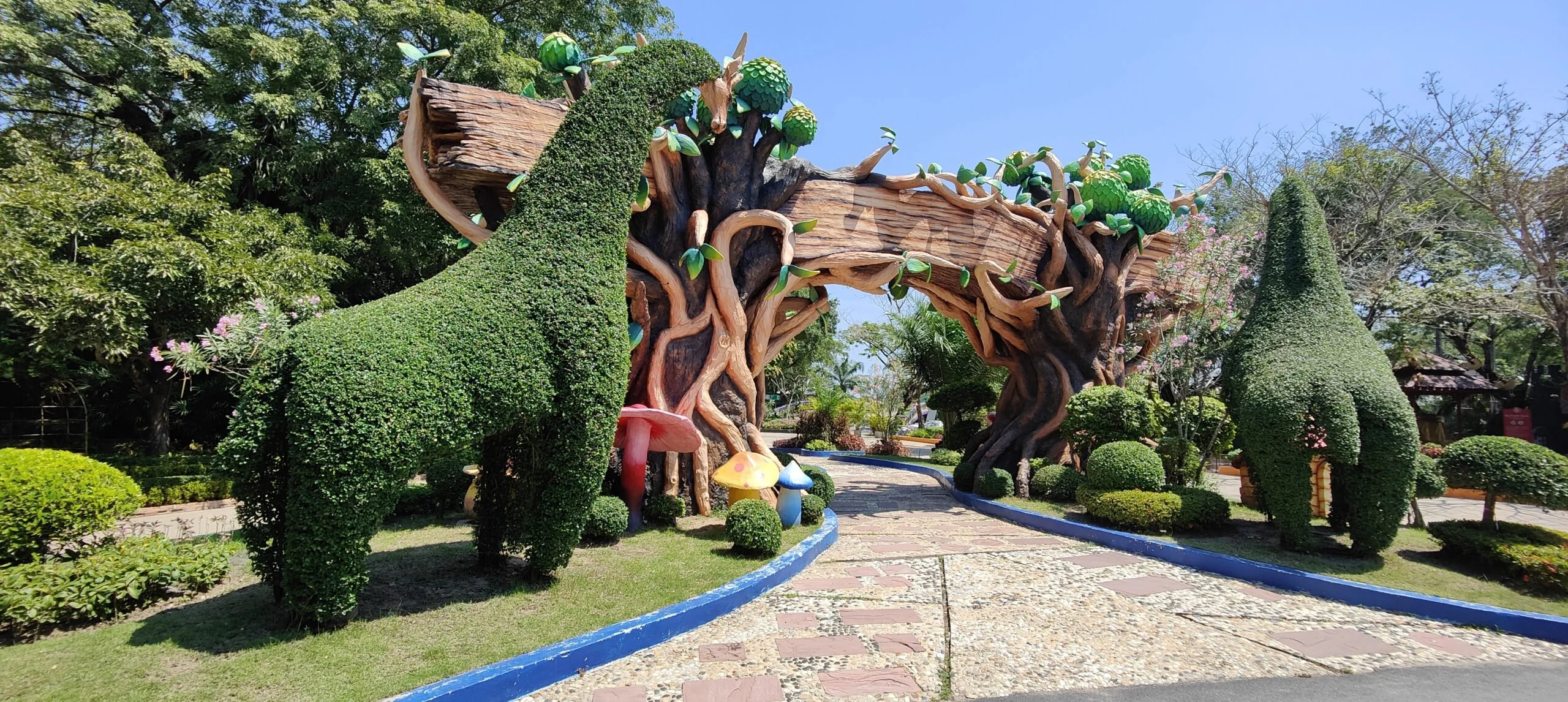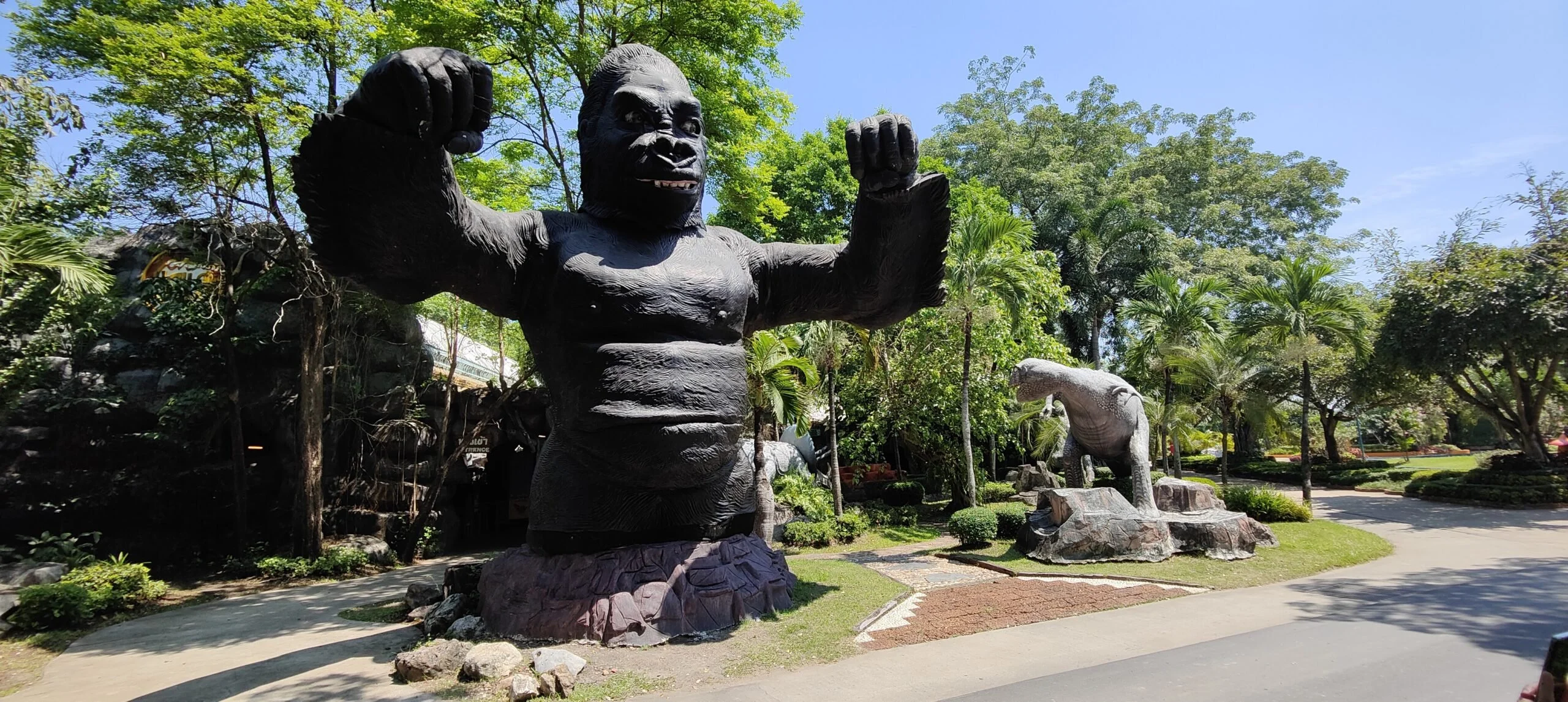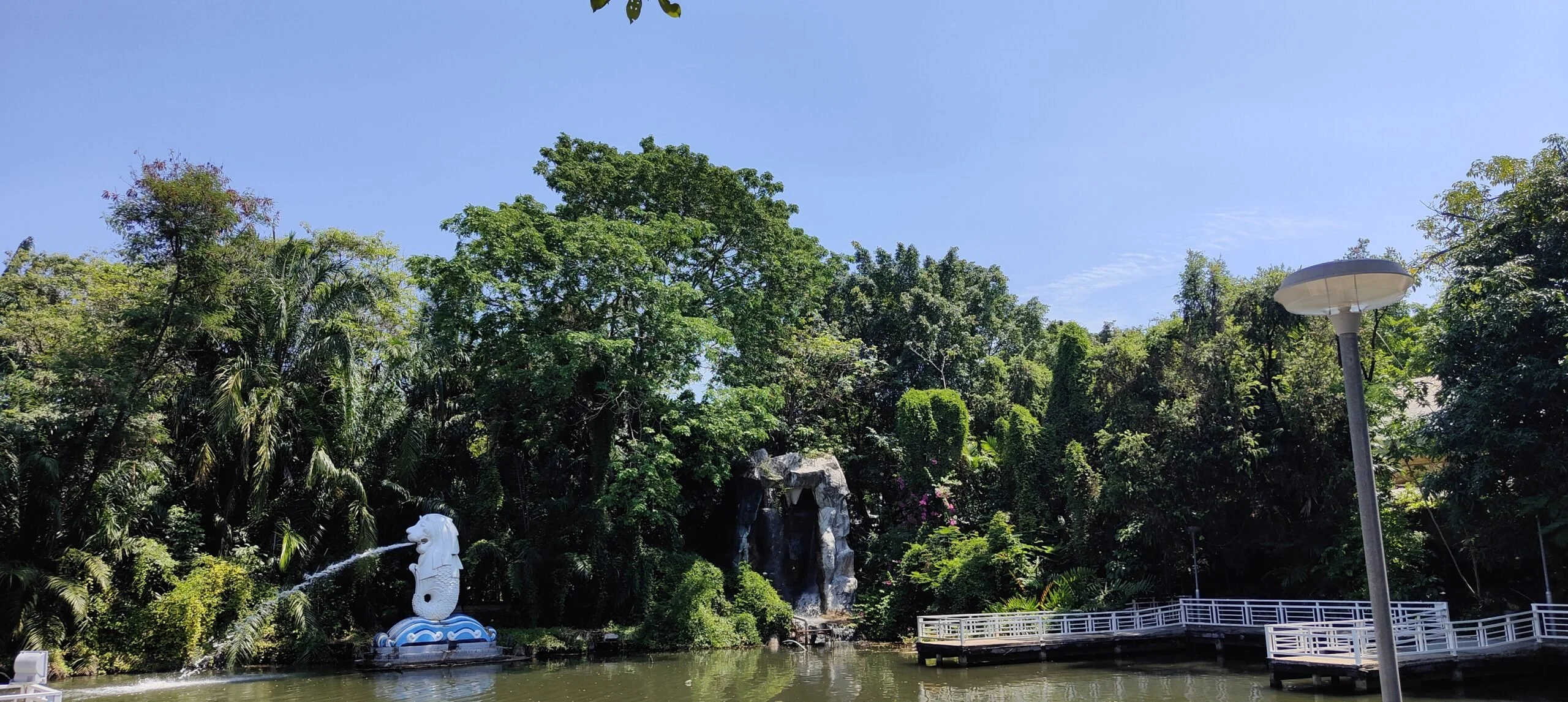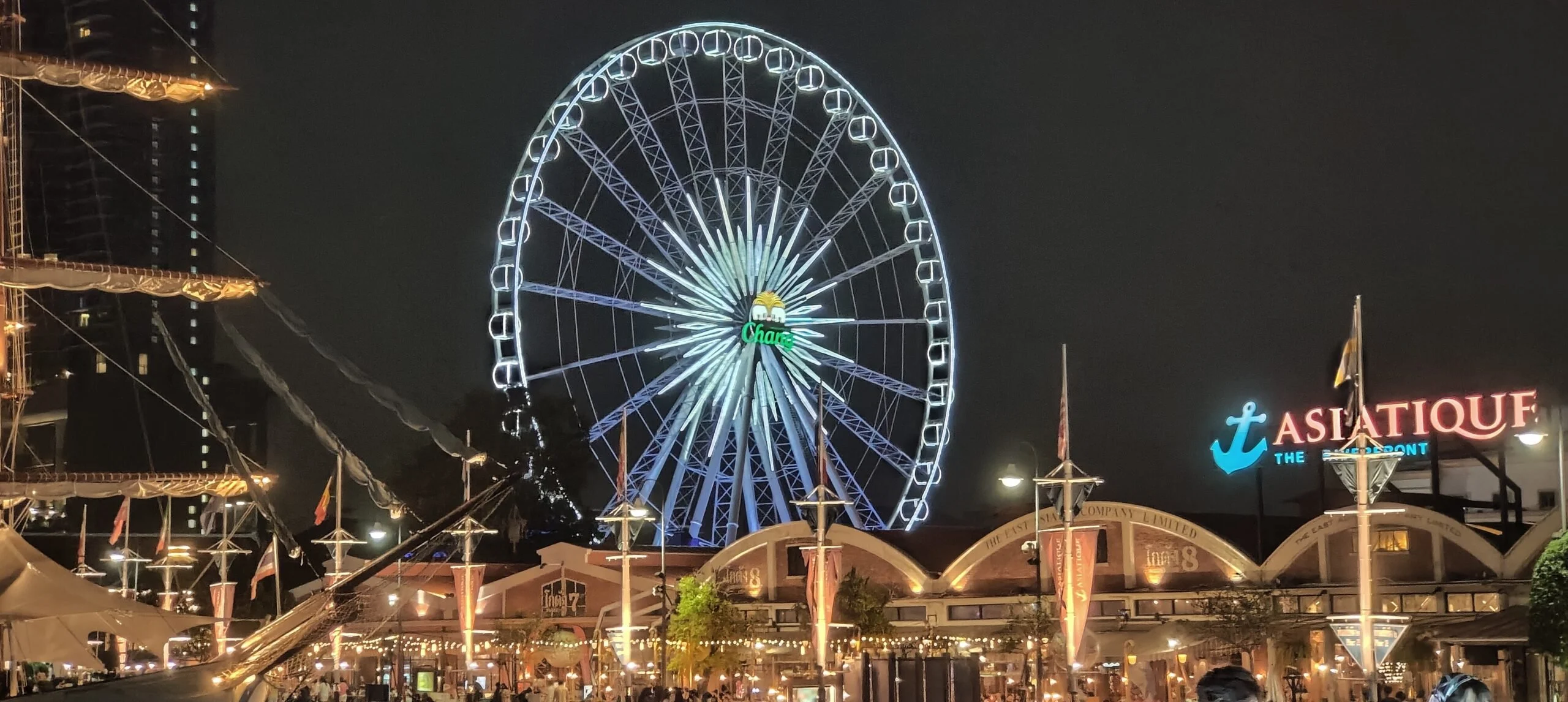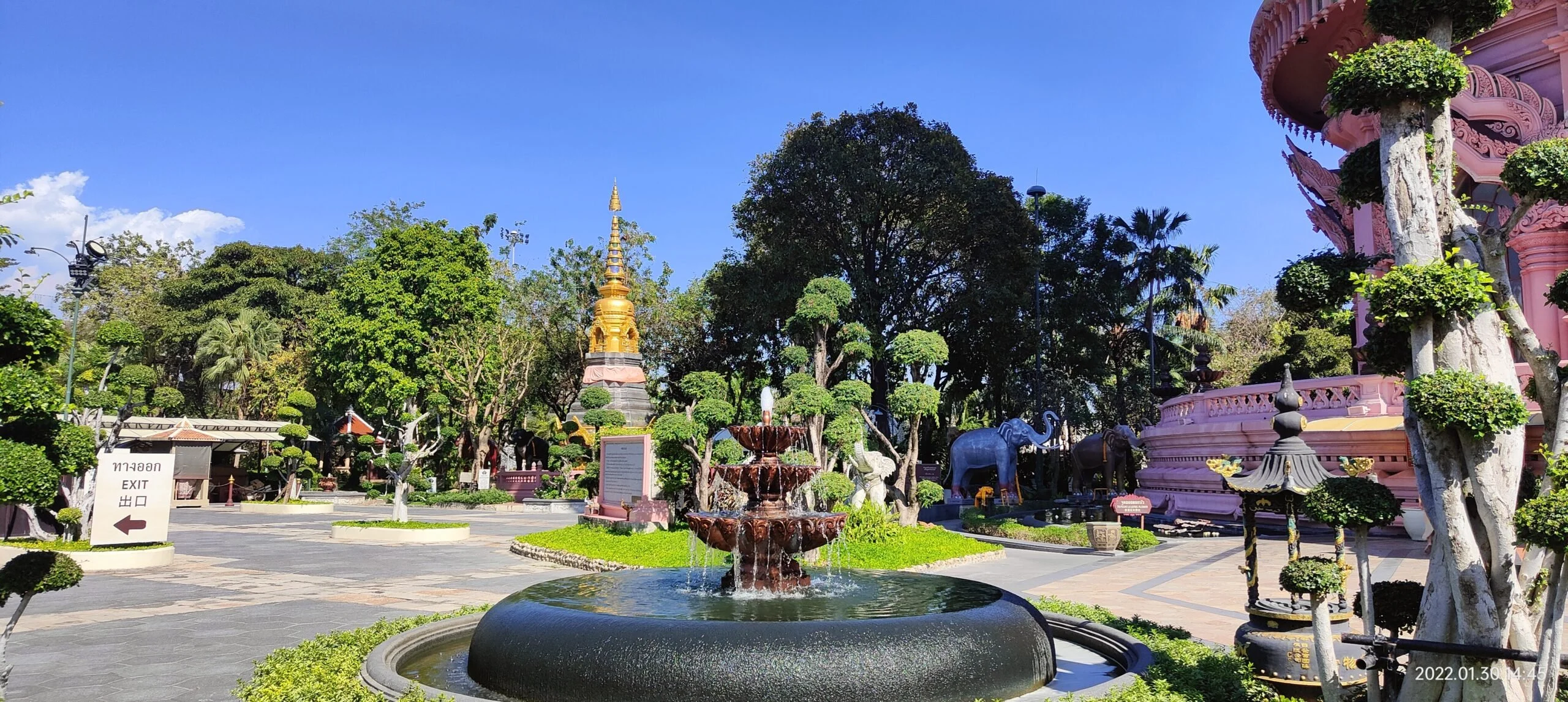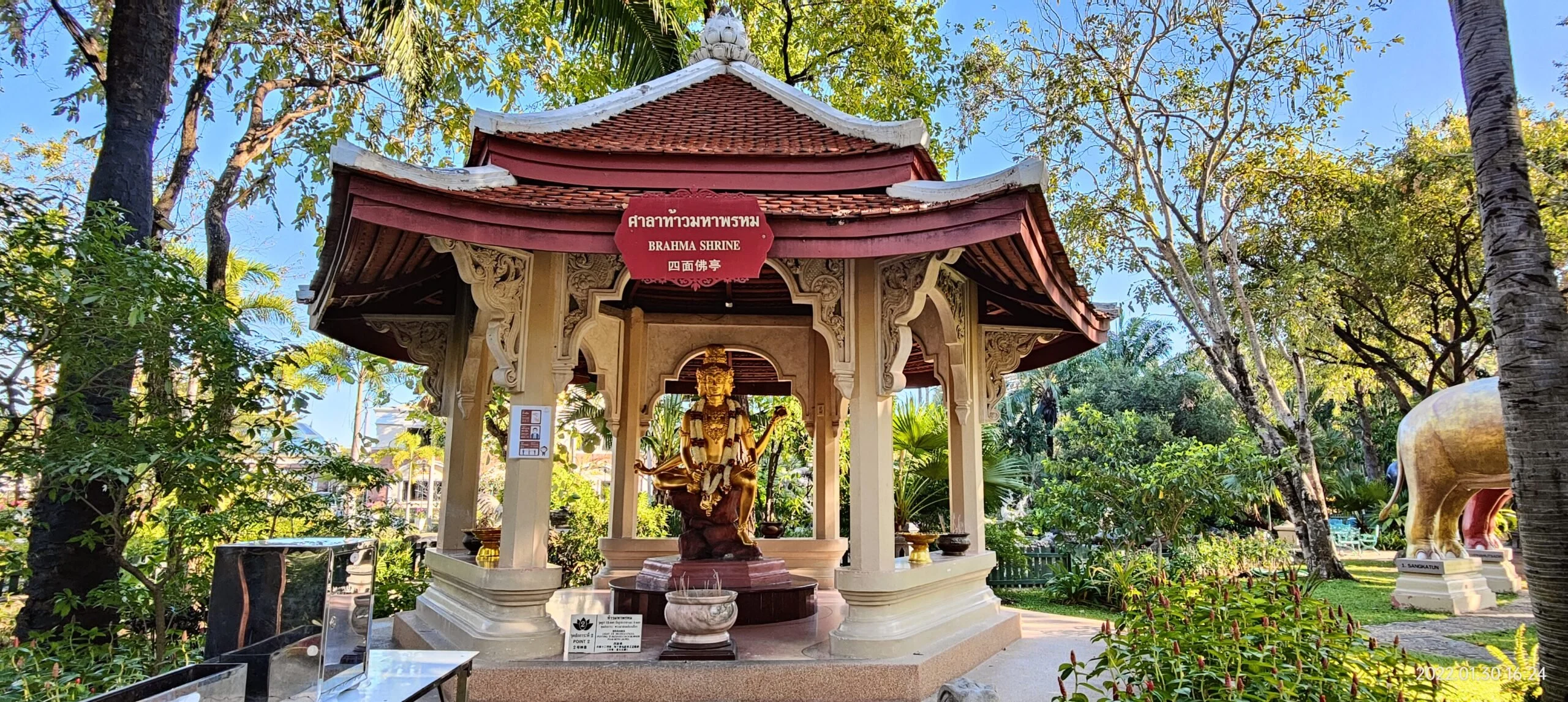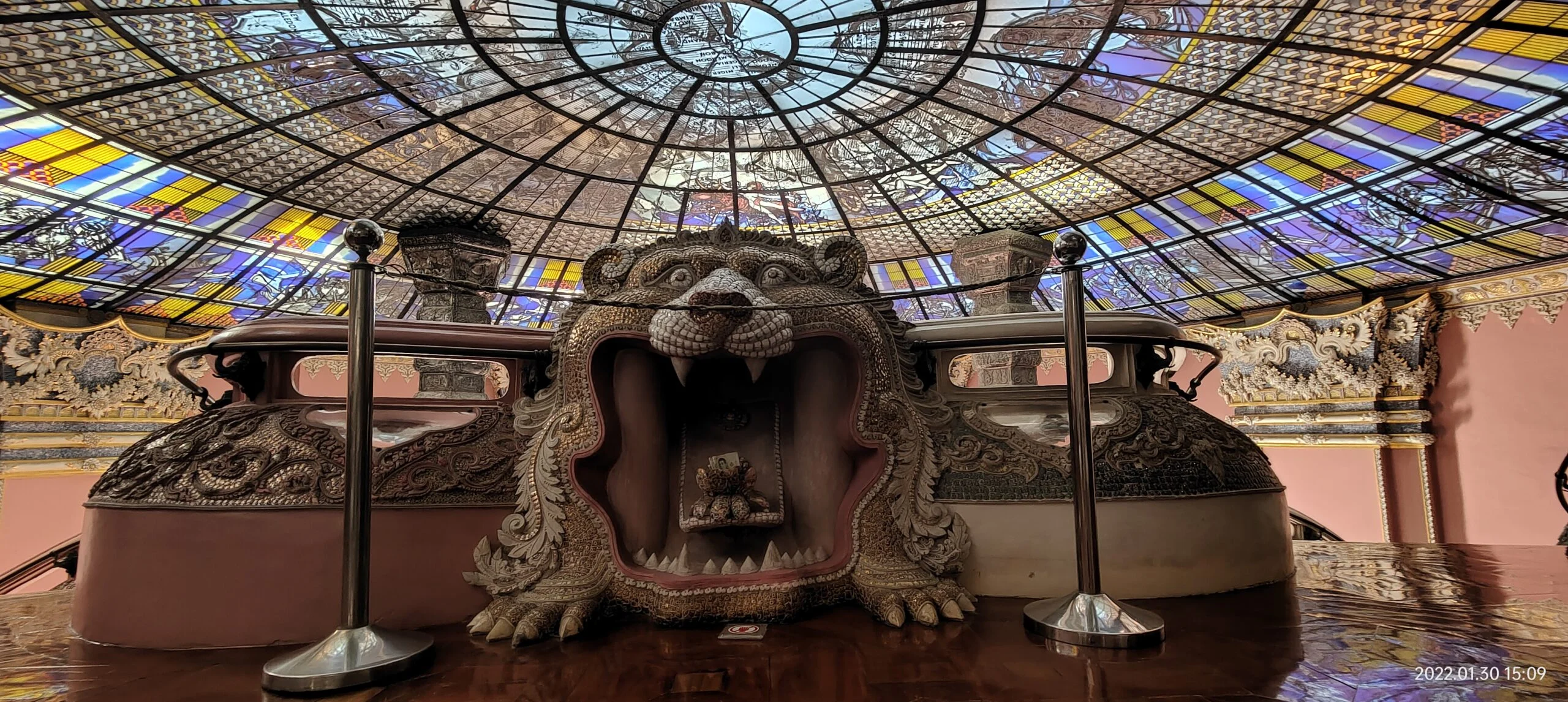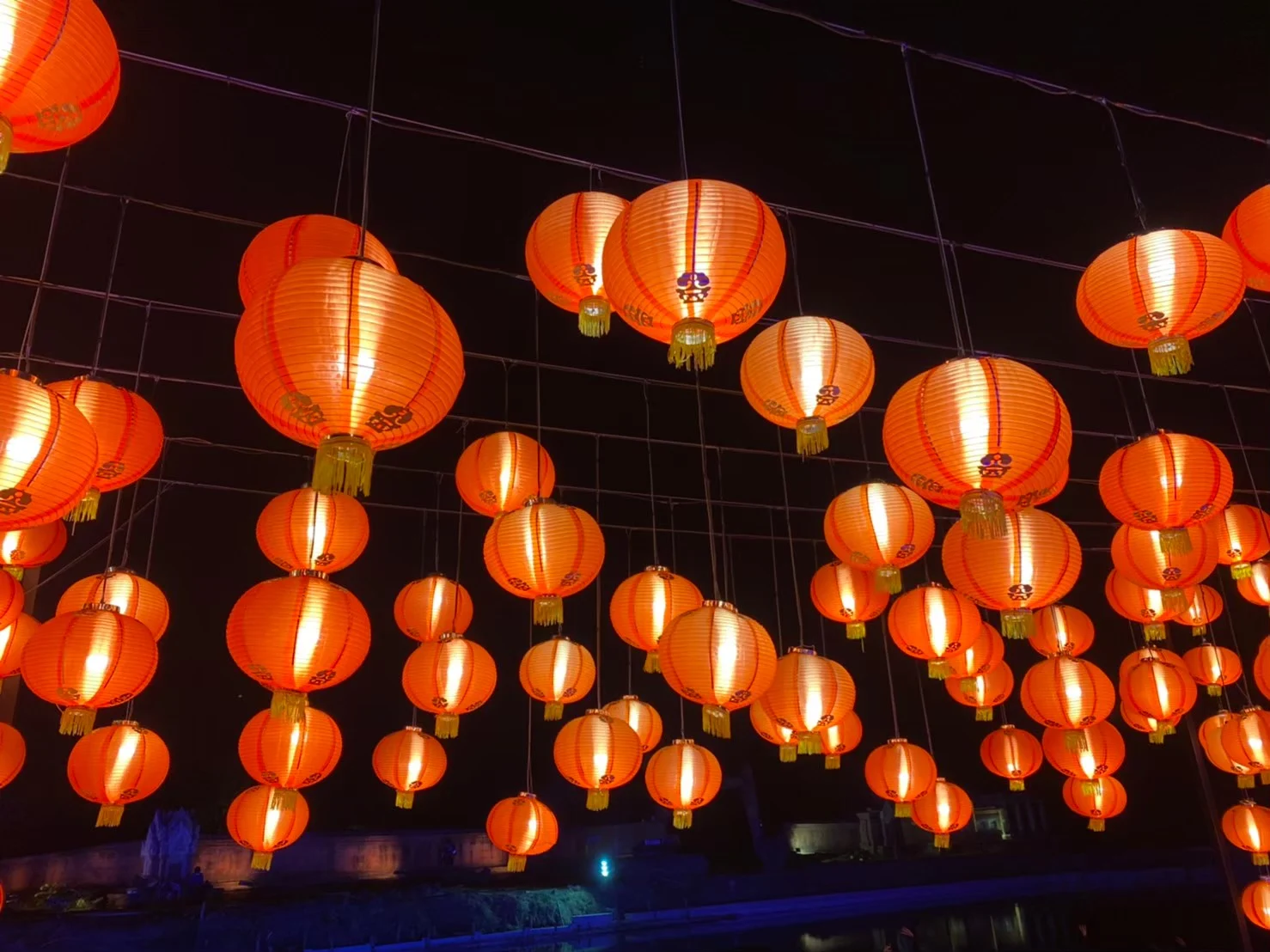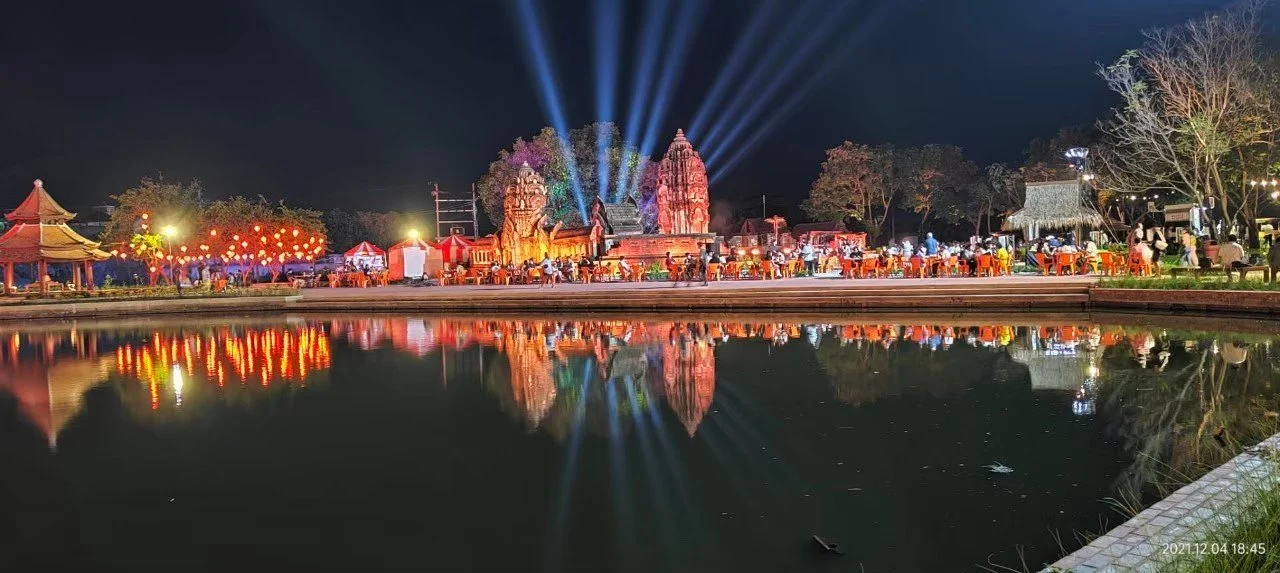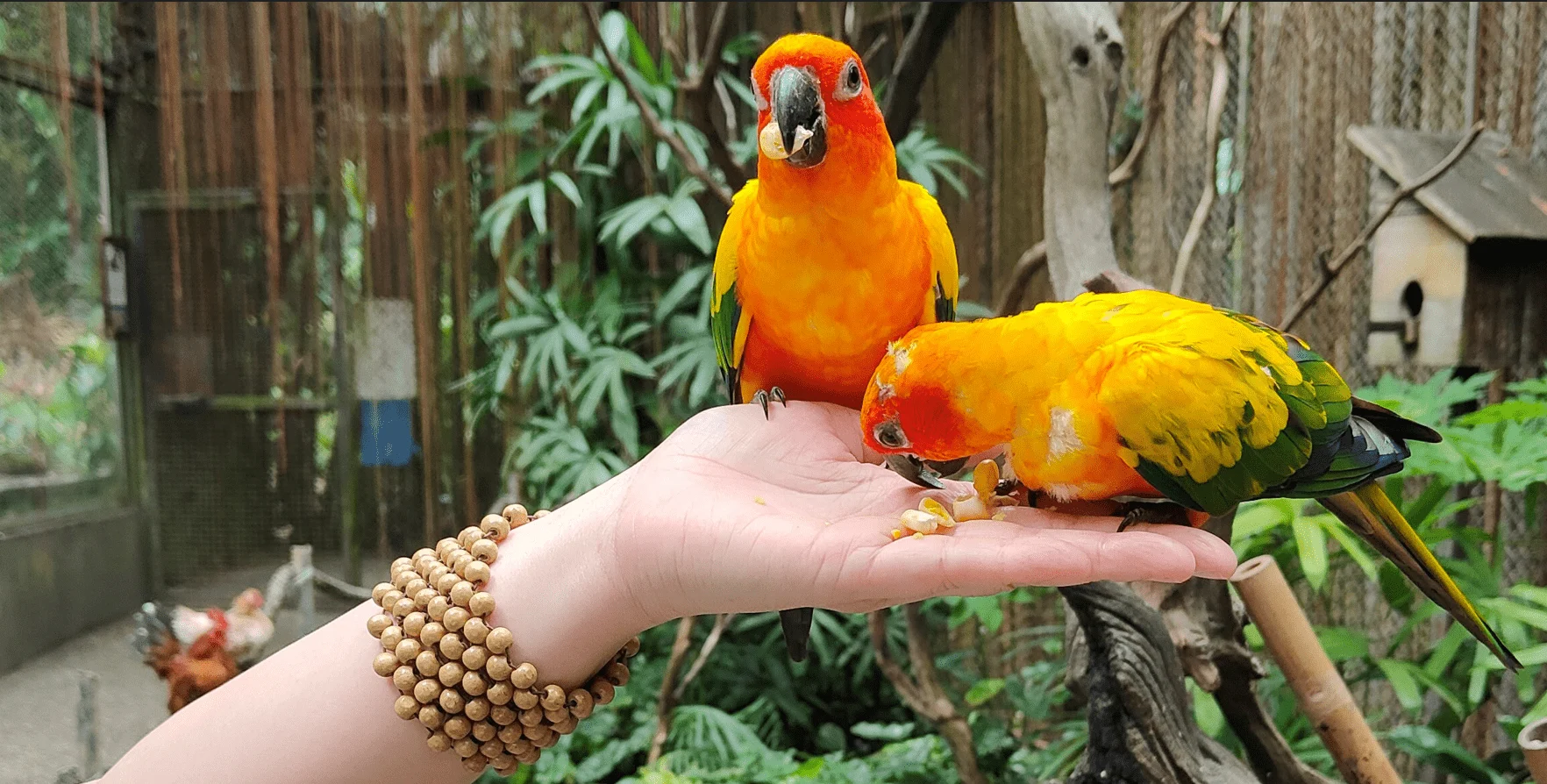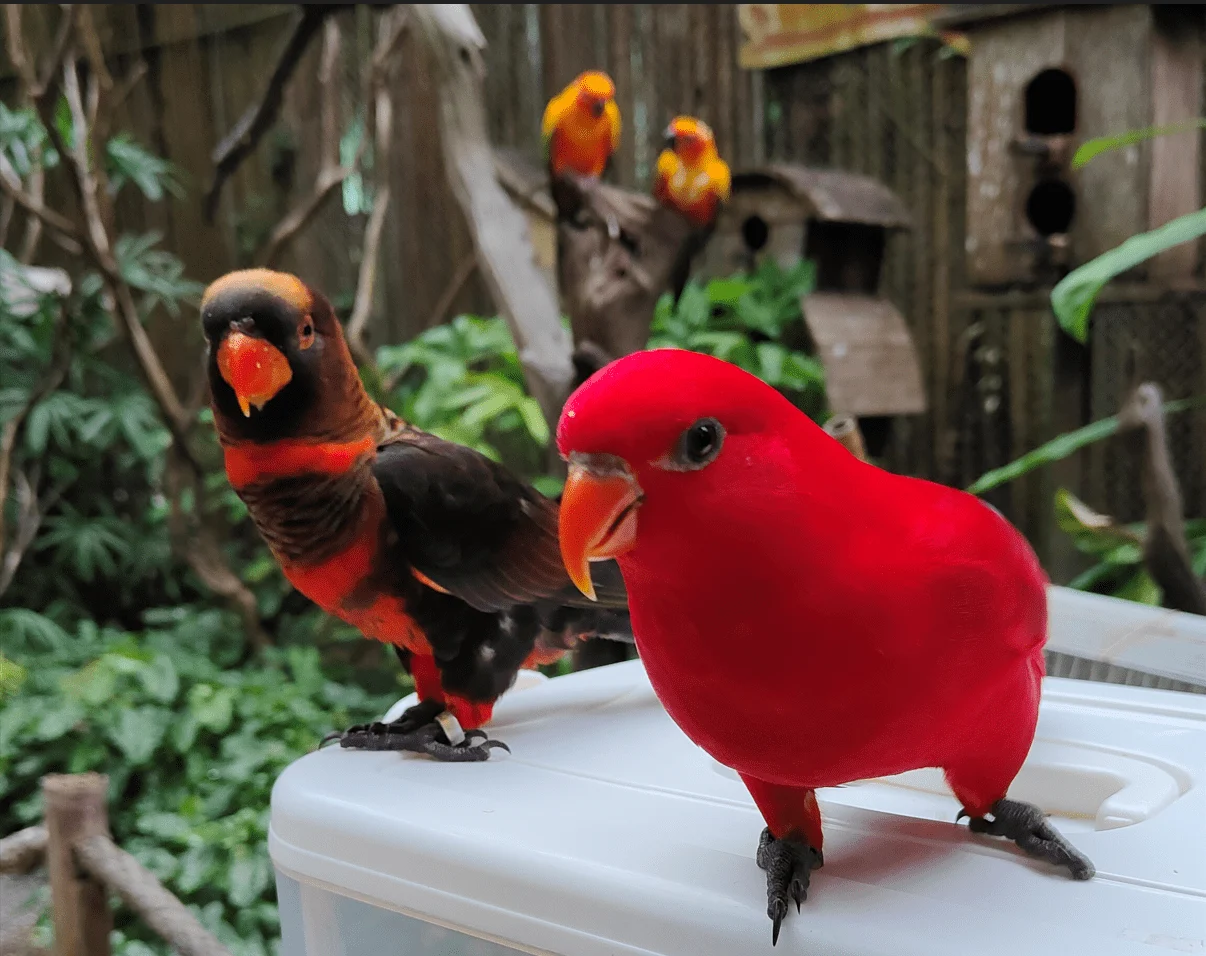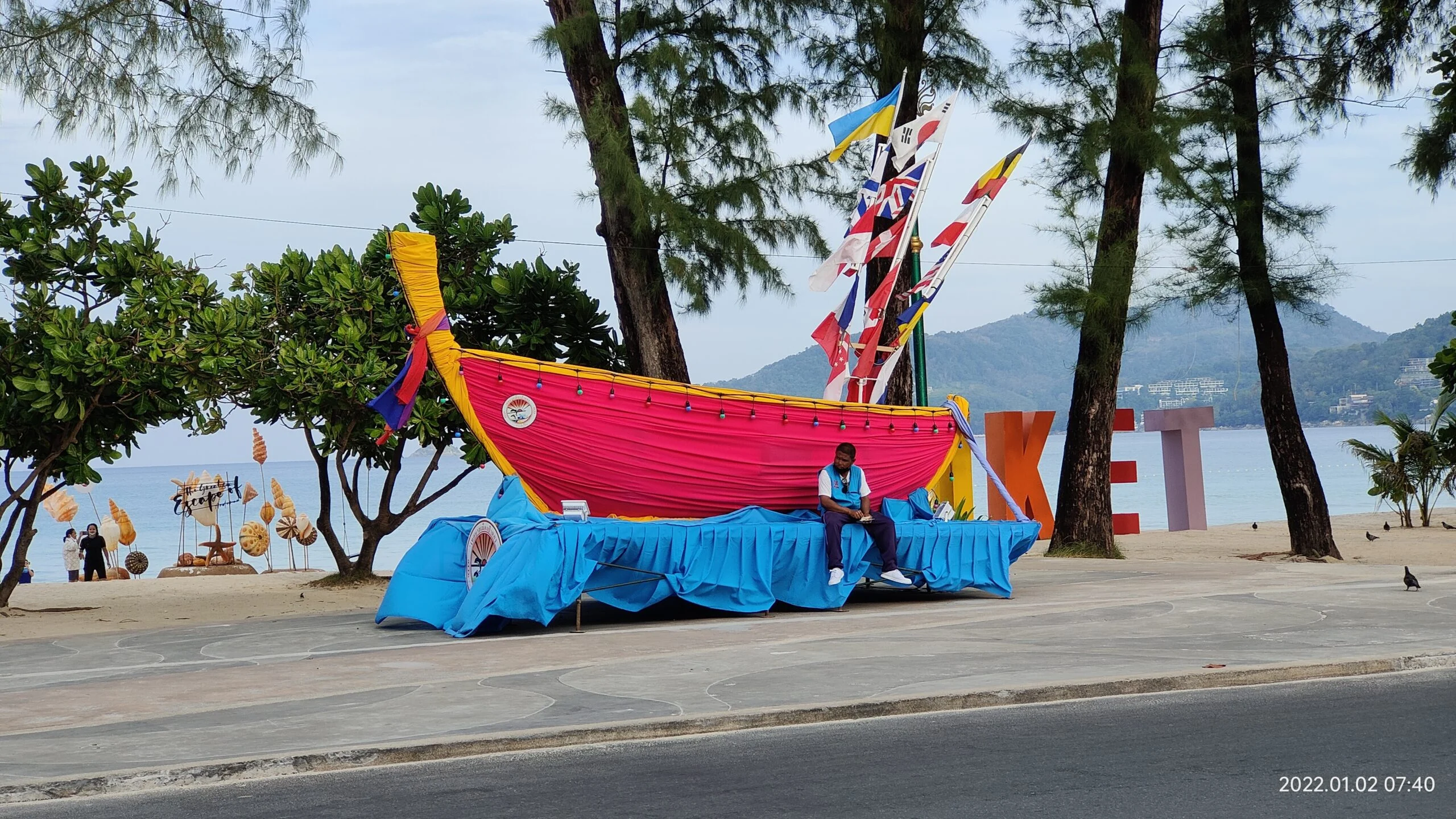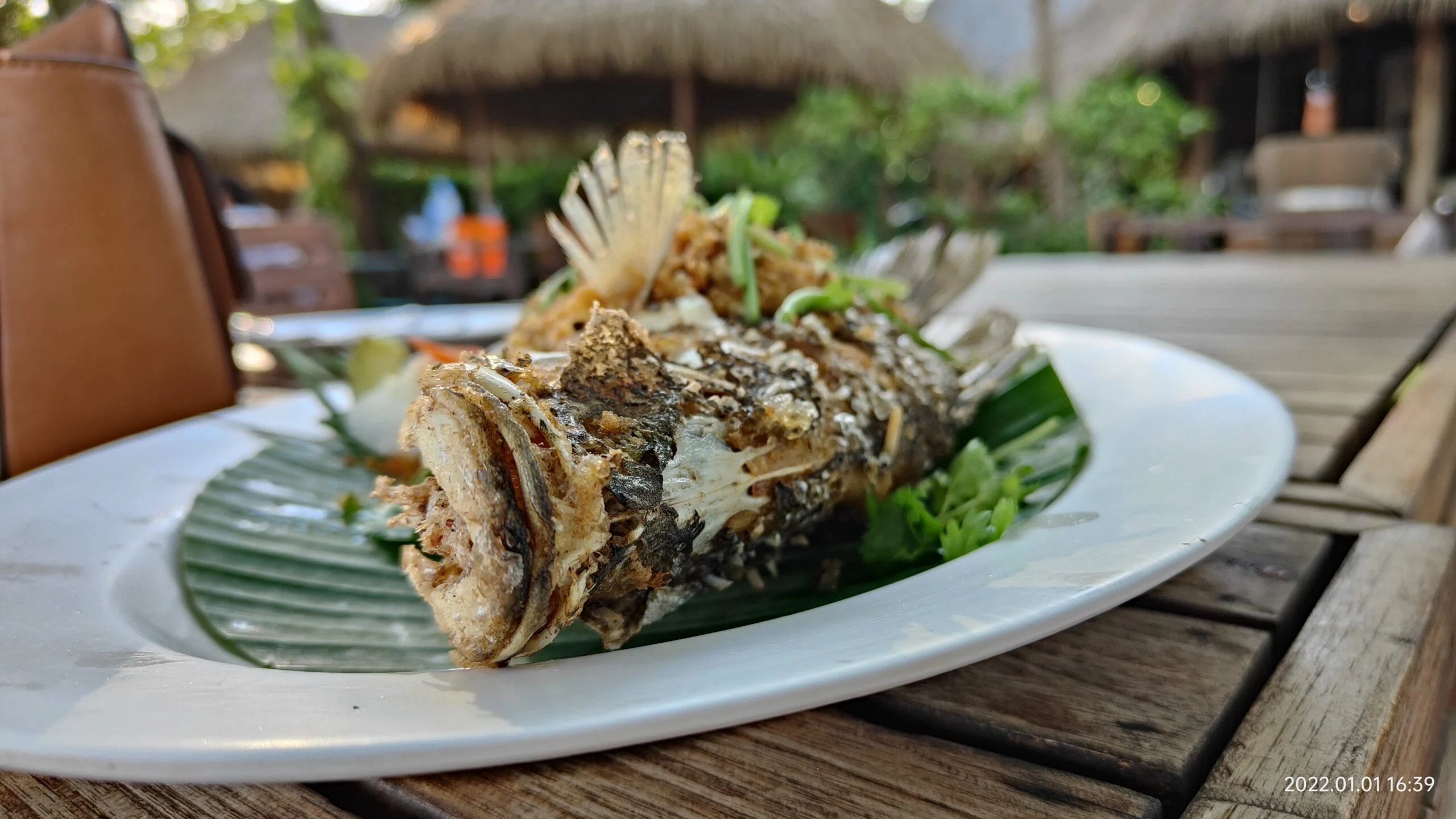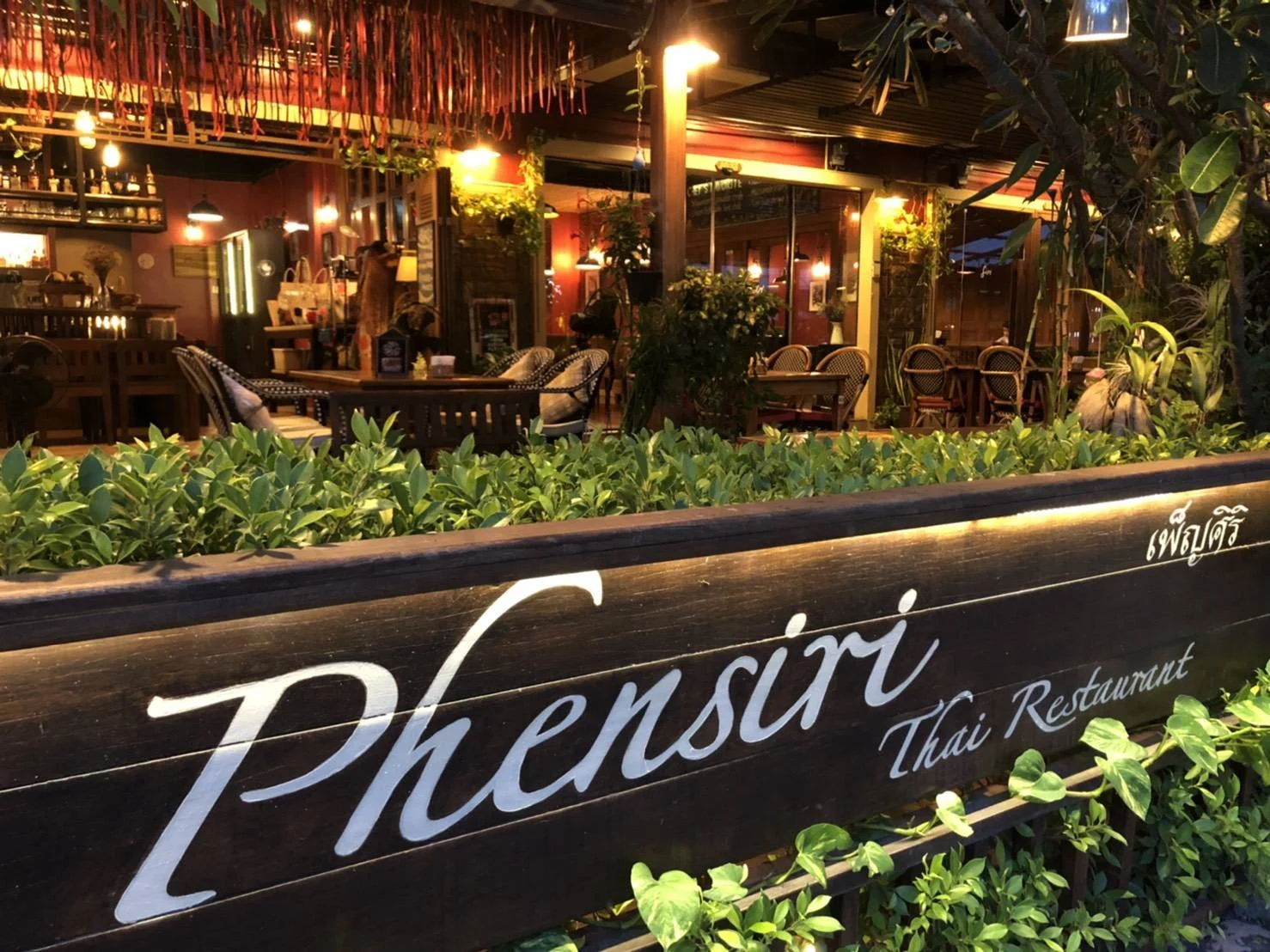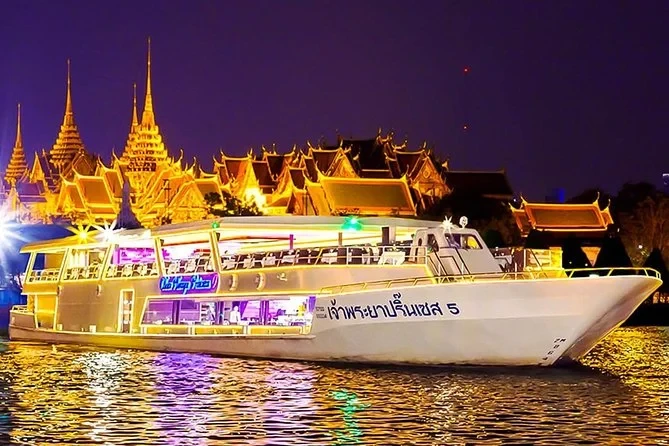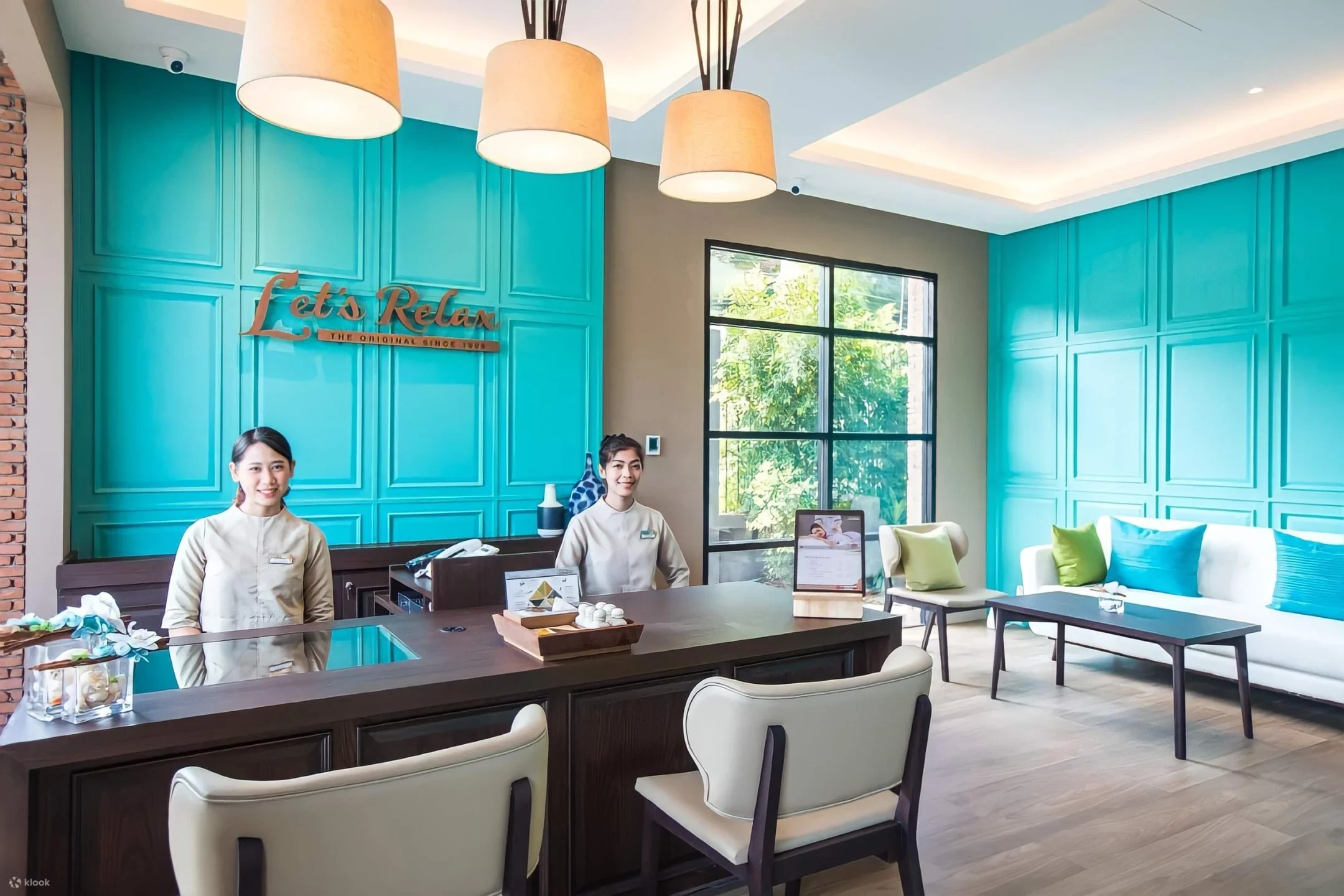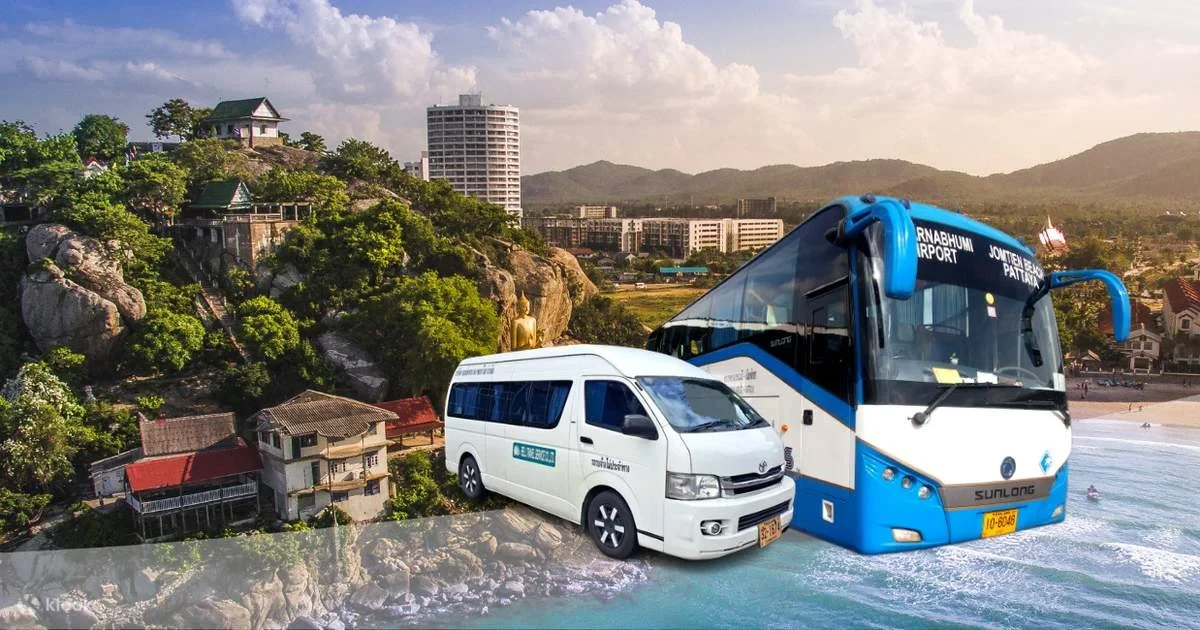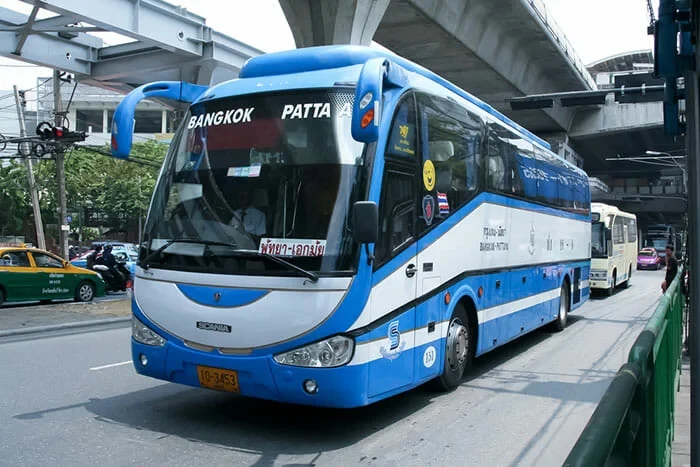Thailand, a country rich in cultural traditions and royal history, observes a wide range of public holidays that reflect its Buddhist beliefs, monarchy, and national pride. These holidays are significant not just for locals but also for travelers and expats who need to plan around them.
In this guide, we explore the what, who, where, and how of Thailand’s national holidays—covering key dates, cultural meanings, and how these holidays impact daily life, travel, and business.
🗓️ What Are the Main Public Holidays in Thailand?
Thailand has two categories of public holidays:
- National Holidays (Government-Declared): Official days off for schools, banks, and most businesses.
- Religious and Royal Ceremonial Days: Observed more spiritually, often accompanied by processions, merit-making, or temple visits.
Below are the major public holidays in Thailand:
| Date | Holiday | Description |
|---|---|---|
| Jan 1 | New Year’s Day | Celebrated with fireworks, parties, and temple prayers for a fresh start. |
| Apr 13–15 | Songkran (Thai New Year) | The biggest and most famous festival with water fights across the country. |
| May (varies) | Visakha Bucha Day | Commemorates Buddha’s birth, enlightenment, and death. Monks lead candle walks. |
| May 1 | Labor Day | Celebrates workers’ rights; public offices are closed. |
| July (varies) | Asalha Bucha & Buddhist Lent | Religious holidays for reflection and merit-making. |
| Aug 12 | HM Queen Mother’s Birthday | Also celebrated as Mother’s Day in Thailand. |
| Oct 13 | King Rama IX Memorial Day | A day of remembrance for the late King Bhumibol Adulyadej. |
| Oct 23 | Chulalongkorn Day | Honors King Rama V, a progressive monarch. |
| Dec 5 | King Rama IX Birthday | Also celebrated as Father’s Day. |
| Dec 10 | Constitution Day | Marks the adoption of Thailand’s first constitution. |
| Dec 31 | New Year’s Eve | Nationwide celebrations and countdowns. |
🧑🤝🧑 Who Celebrates These Public Holidays?
- Government and Private Employees: Receive paid holidays for national events.
- Schools: Often close on both national and Buddhist holidays.
- Buddhist Monks & Devotees: Take part in temple ceremonies during religious holidays.
- Tourists and Expats: Join in major public festivities, especially Songkran and Loy Krathong.
📍 Where Are Holidays Celebrated in Thailand?
- Nationwide: Most holidays like Songkran, New Year, and King’s Birthday are celebrated across the country.
- Temples: Key Buddhist holidays are observed with candlelight ceremonies and processions at temples such as Wat Pho (Bangkok), Wat Phra That Doi Suthep (Chiang Mai), and Wat Mahathat (Ayutthaya).
- Bangkok & Chiang Mai: See the most vibrant celebrations, parades, and official state events.
- Rural Areas: Observe more traditional forms of celebration, like folk dances and village feasts.
🧘♂️ How Are Holidays Observed?
- Buddhist Holidays: Involve tham bun (making merit), meditation, chanting, and temple visits.
- Royal Holidays: Government buildings and homes are decorated with yellow or blue flags; photos of the King or Queen are displayed.
- Songkran (Water Festival): The most iconic—expect nationwide water fights, street parties, and temple blessings.
- New Year’s Eve: Major cities light up with fireworks and live music. Locals offer prayers at temples for good fortune.
📌 Things to Keep in Mind
- Business Closures: Government offices, banks, and embassies are closed on public holidays. Always plan official tasks around them.
- Transportation: Buses, trains, and flights may be booked in advance, especially during Songkran and New Year.
- Alcohol Bans: On Buddhist holidays, the sale of alcohol is often prohibited.
- Traffic and Crowds: Expect congested roads during major holidays. Book accommodation and transport early.
🧳 Travel Tips for Tourists
- Join Respectfully: Visitors are welcome to participate in local celebrations, but be respectful—especially during religious events.
- Avoid Bureaucratic Tasks: Immigration, banks, and other offices will be closed on public holidays.
- Best Time to Visit: If you’re looking for cultural immersion, time your trip with Songkran in April or Loi Krathong in November (not a public holiday, but widely celebrated).
